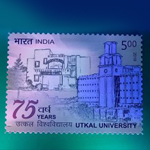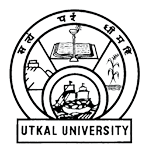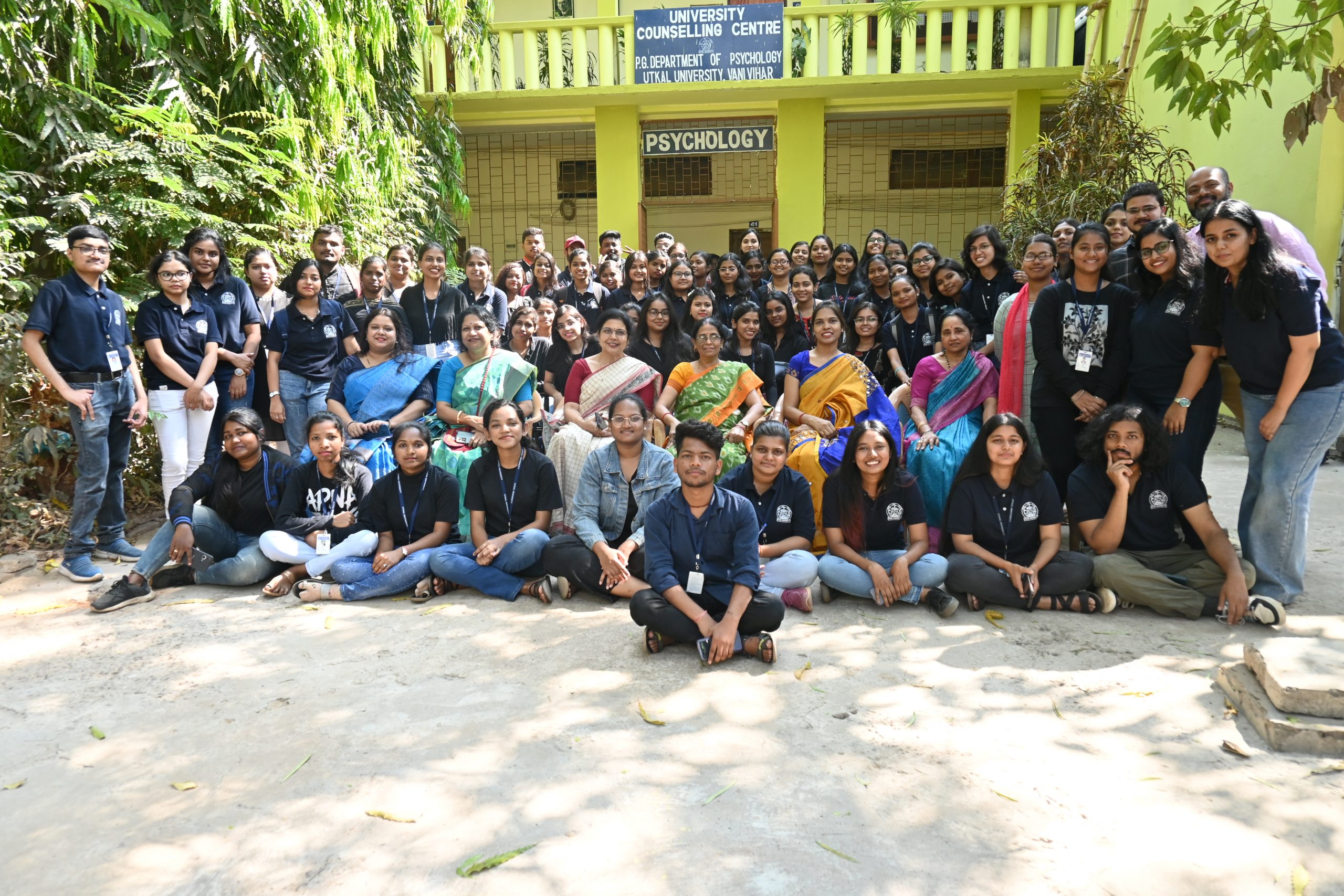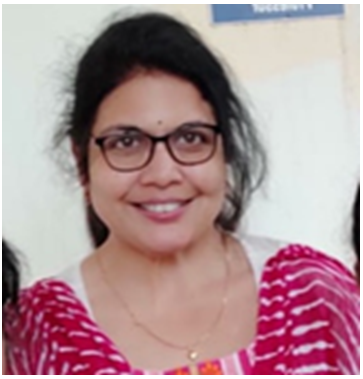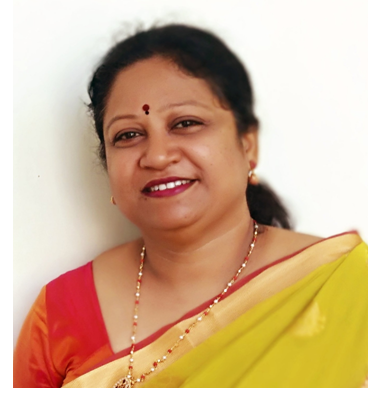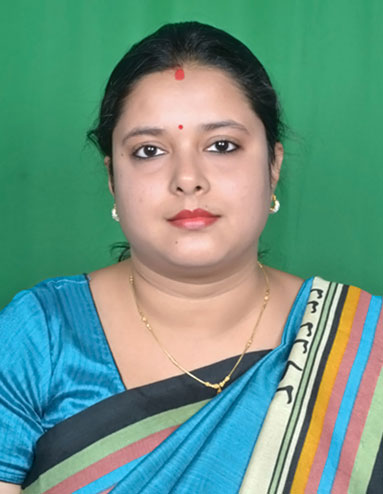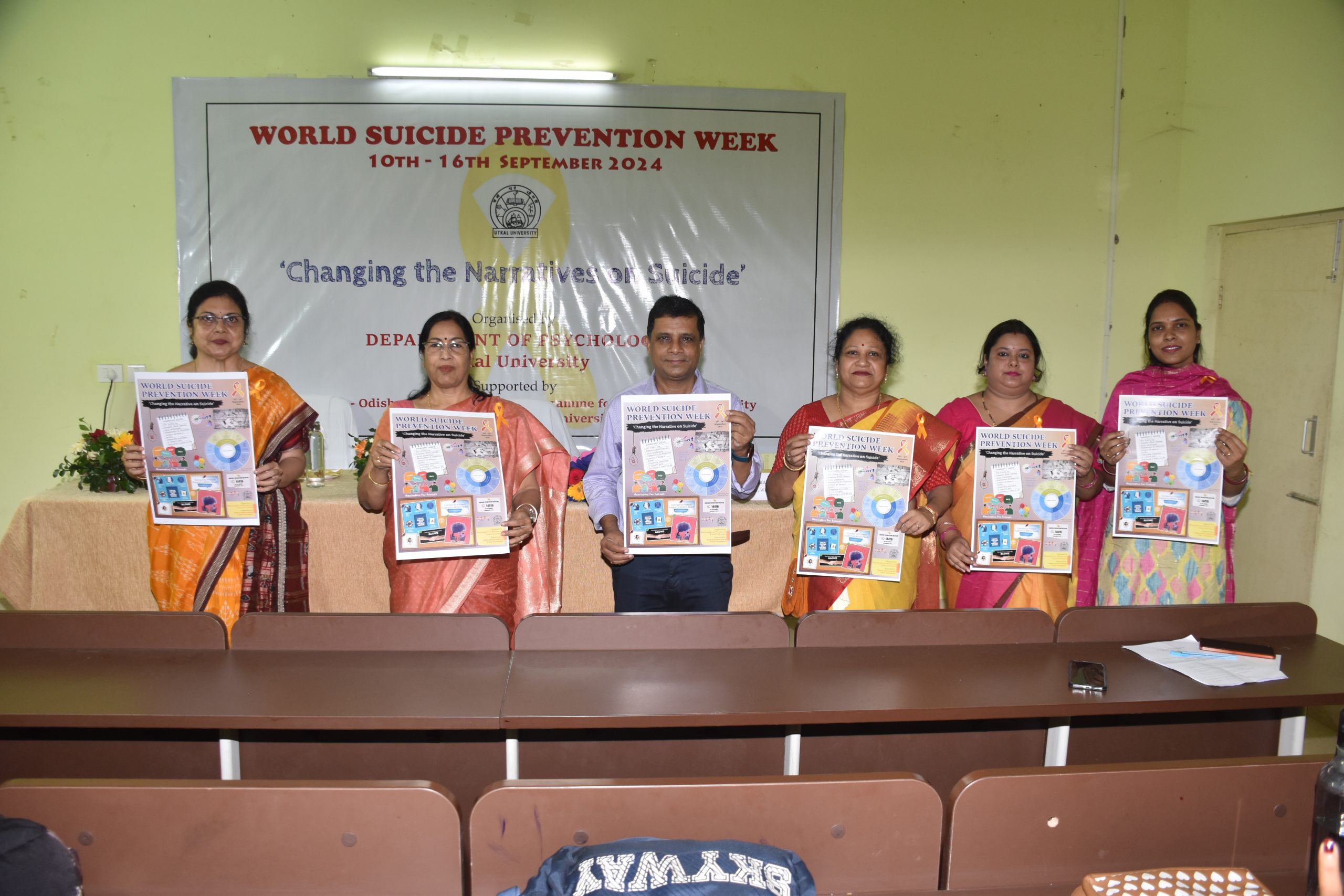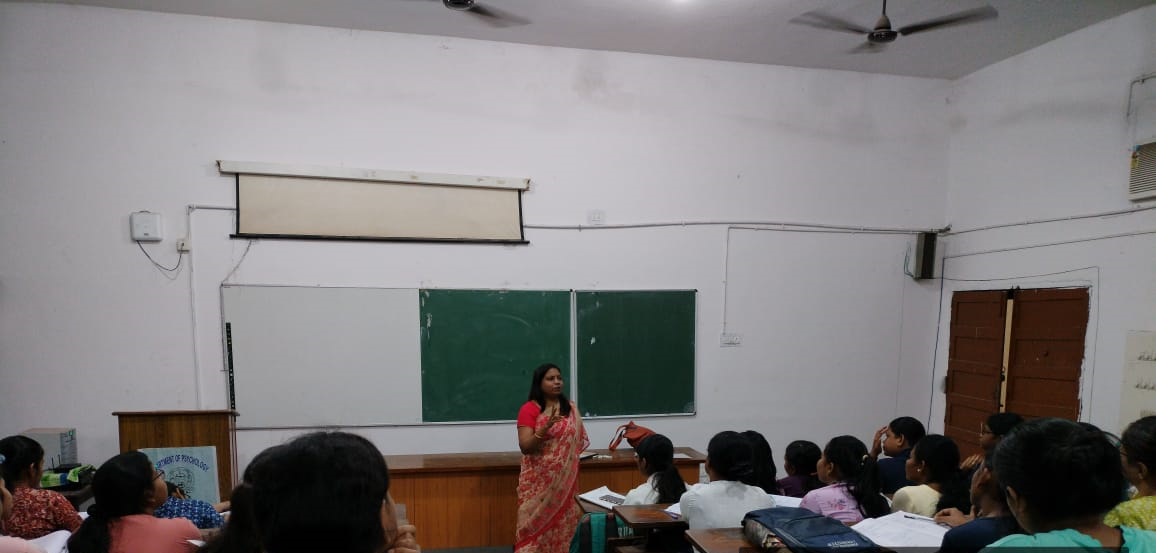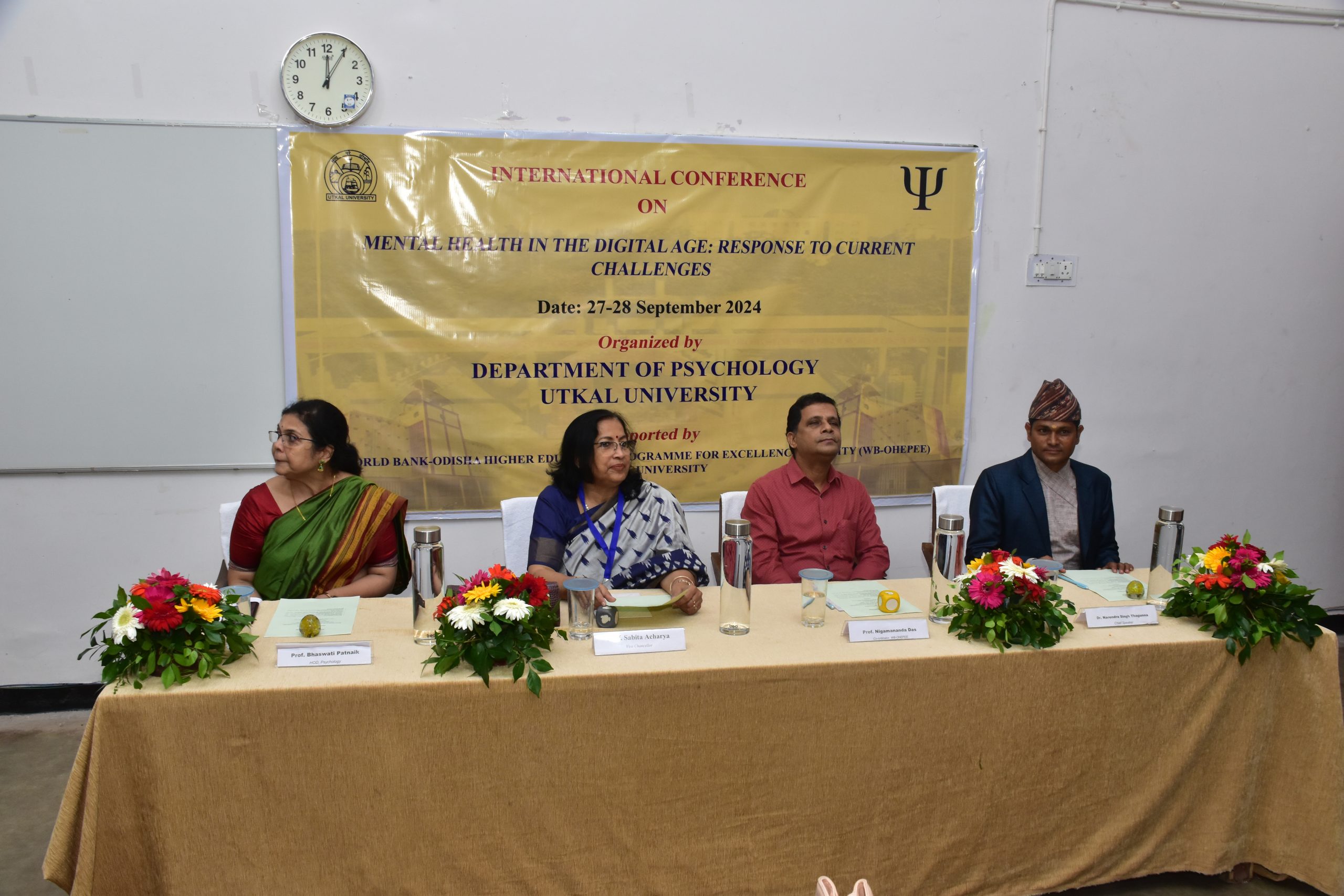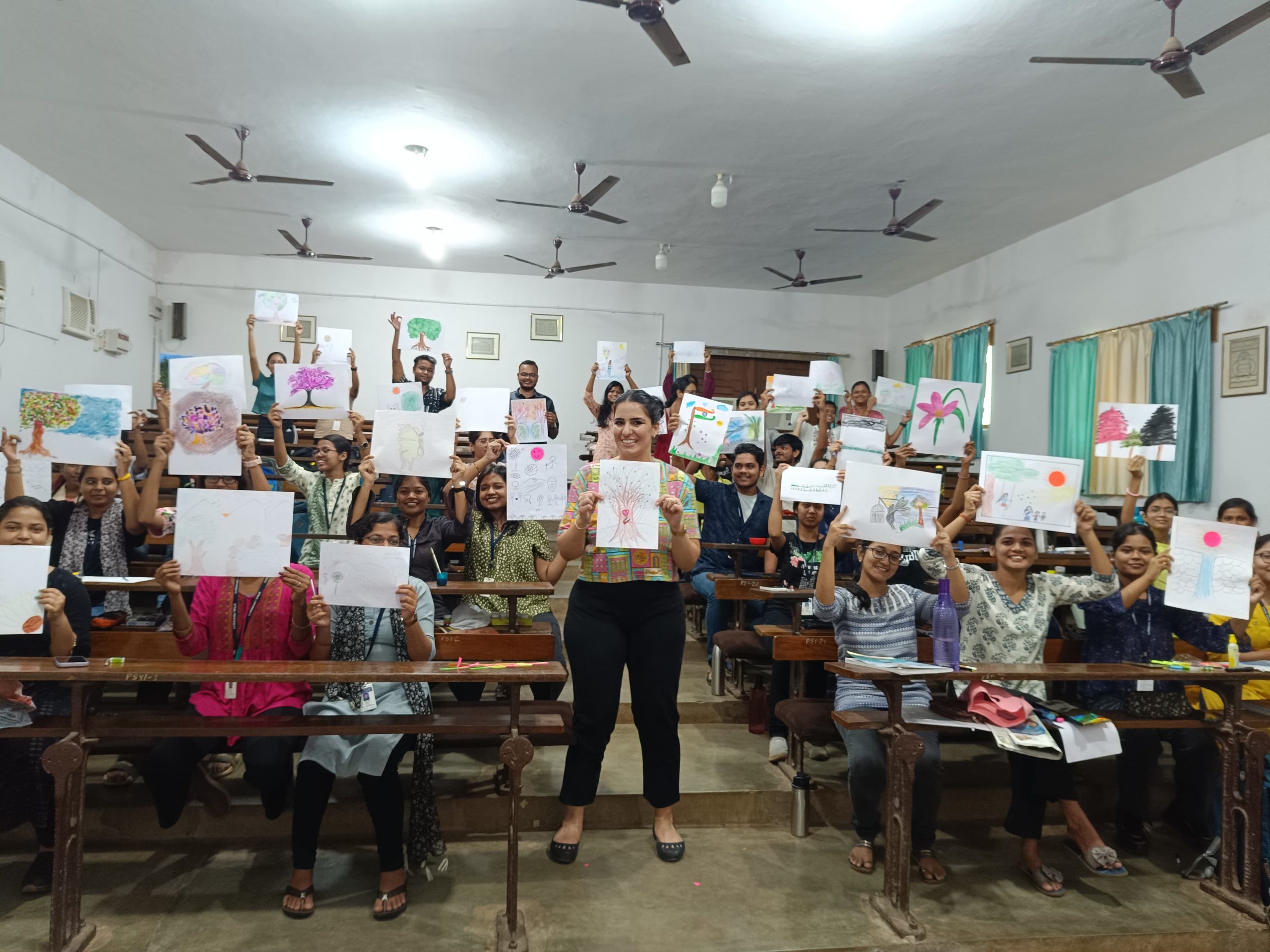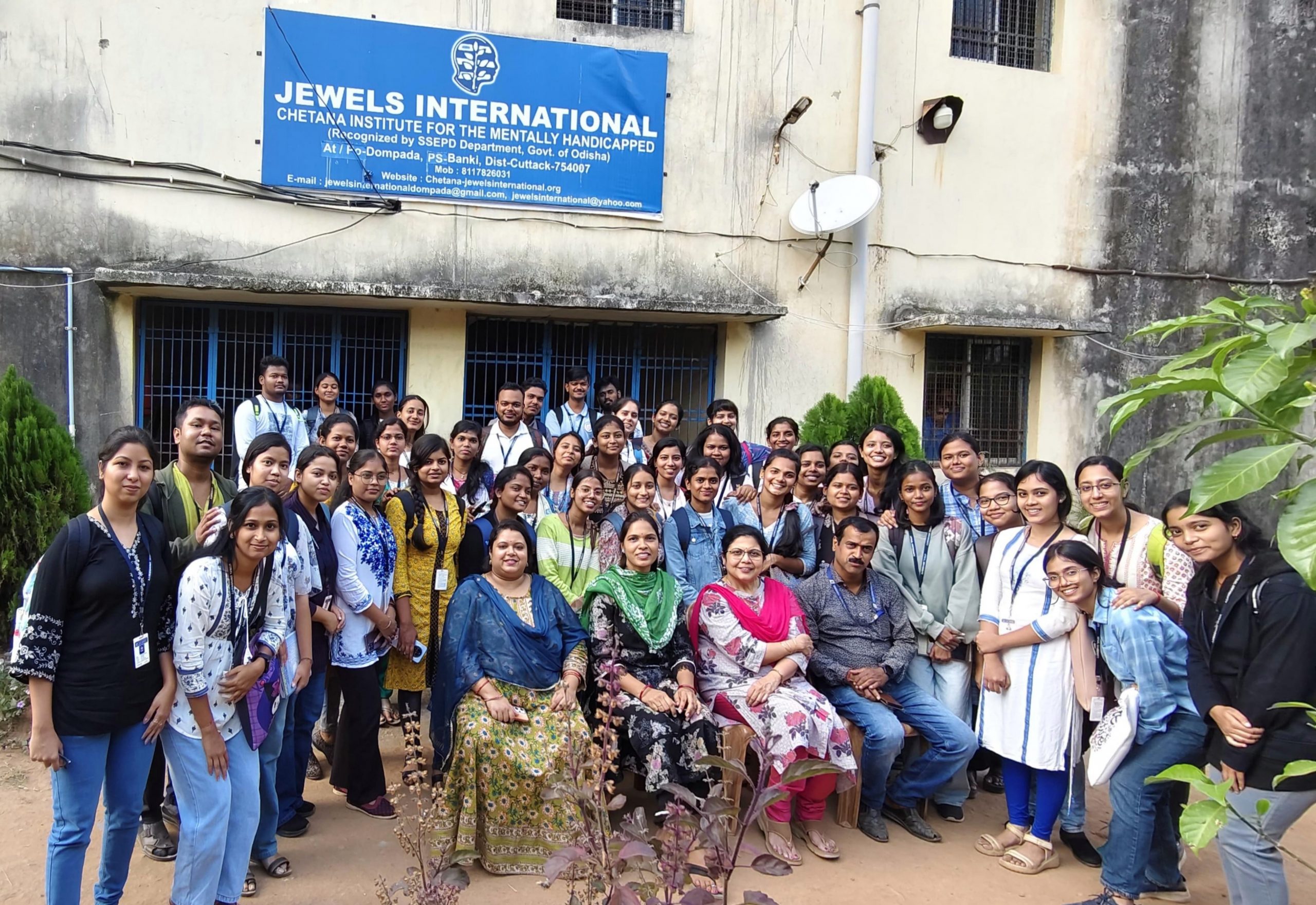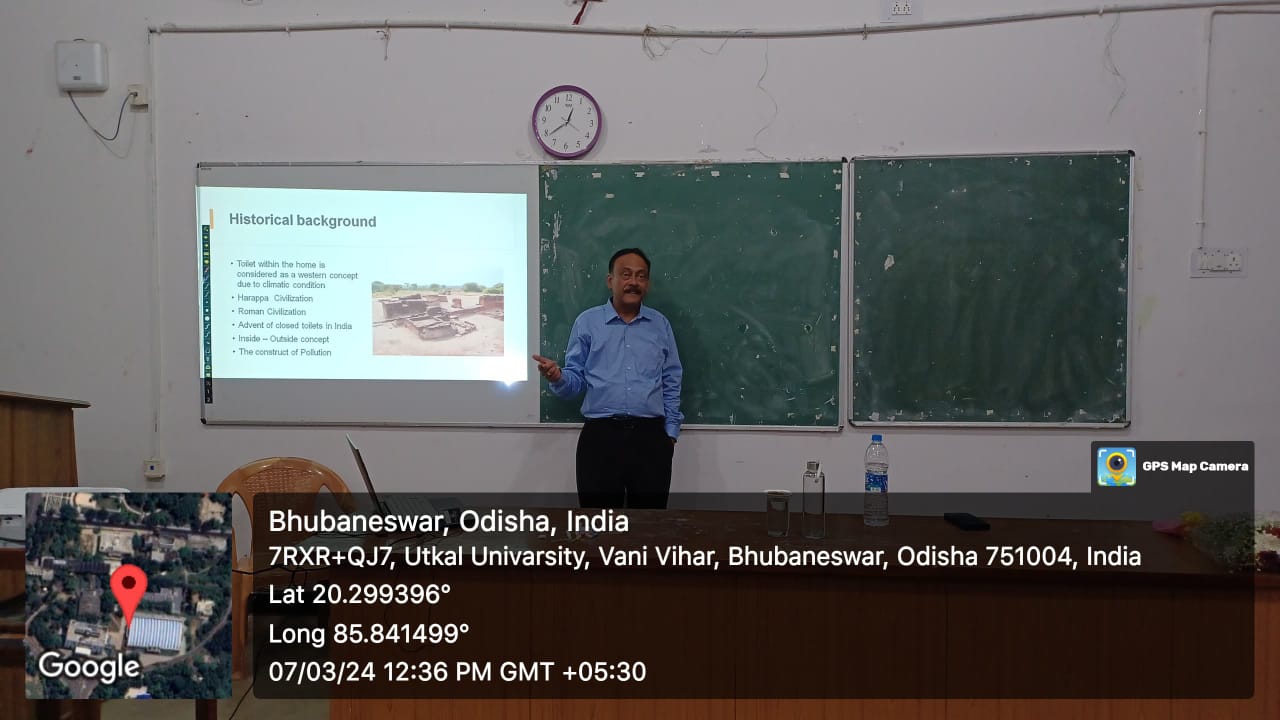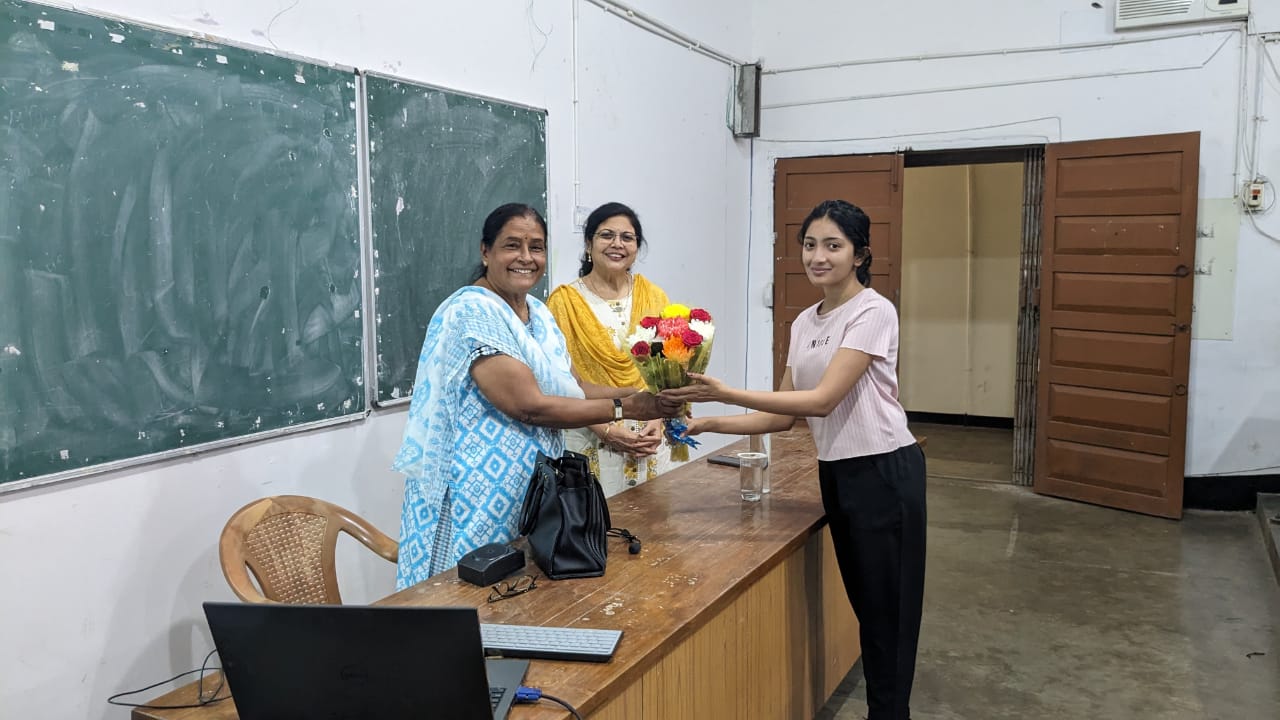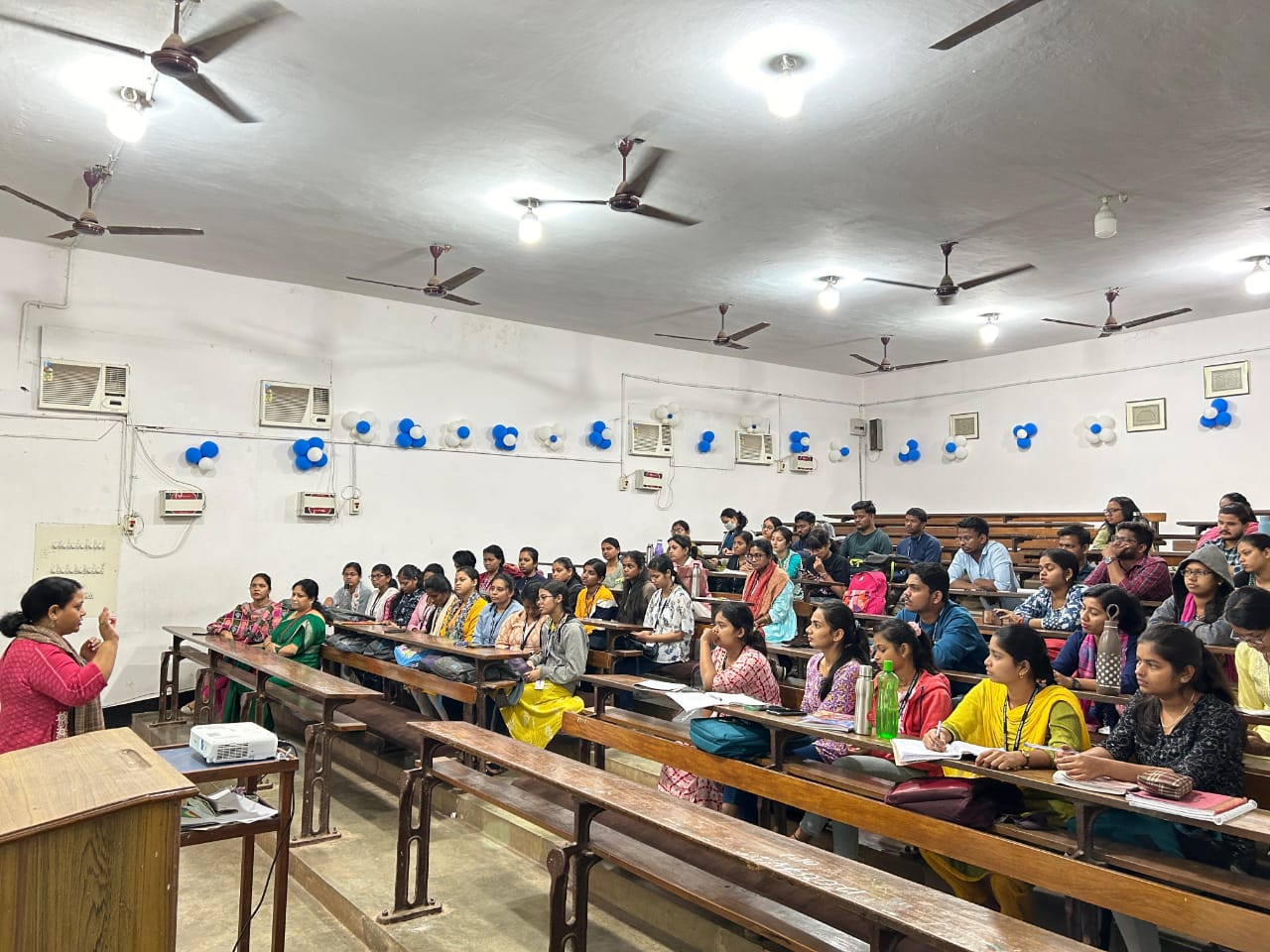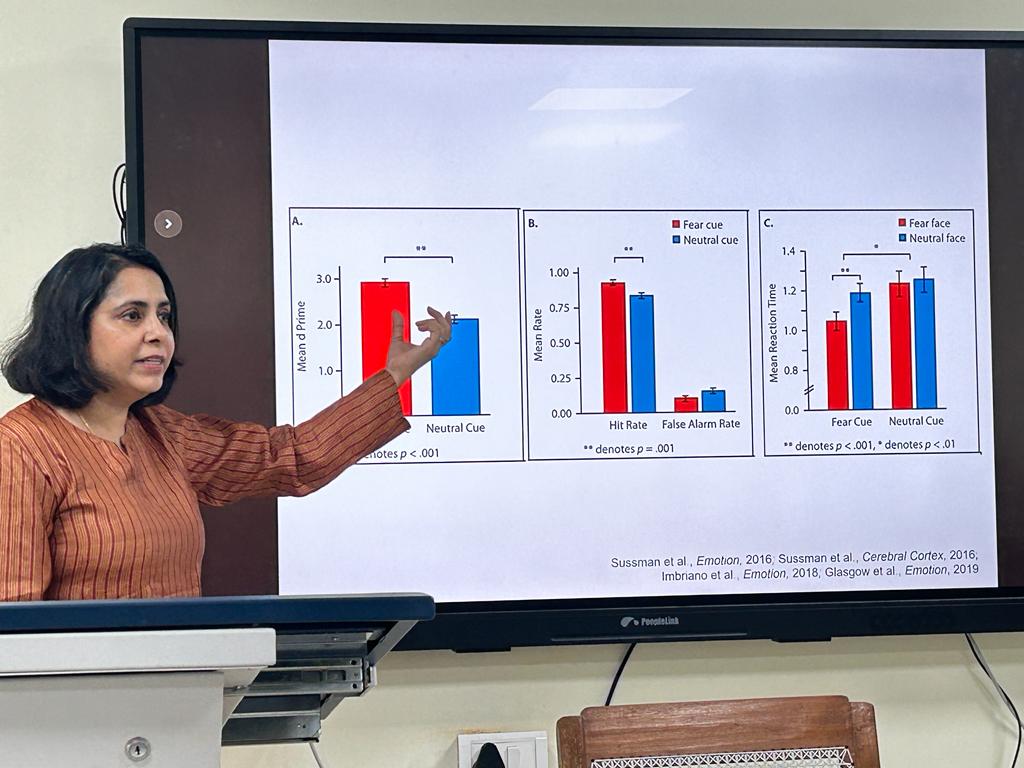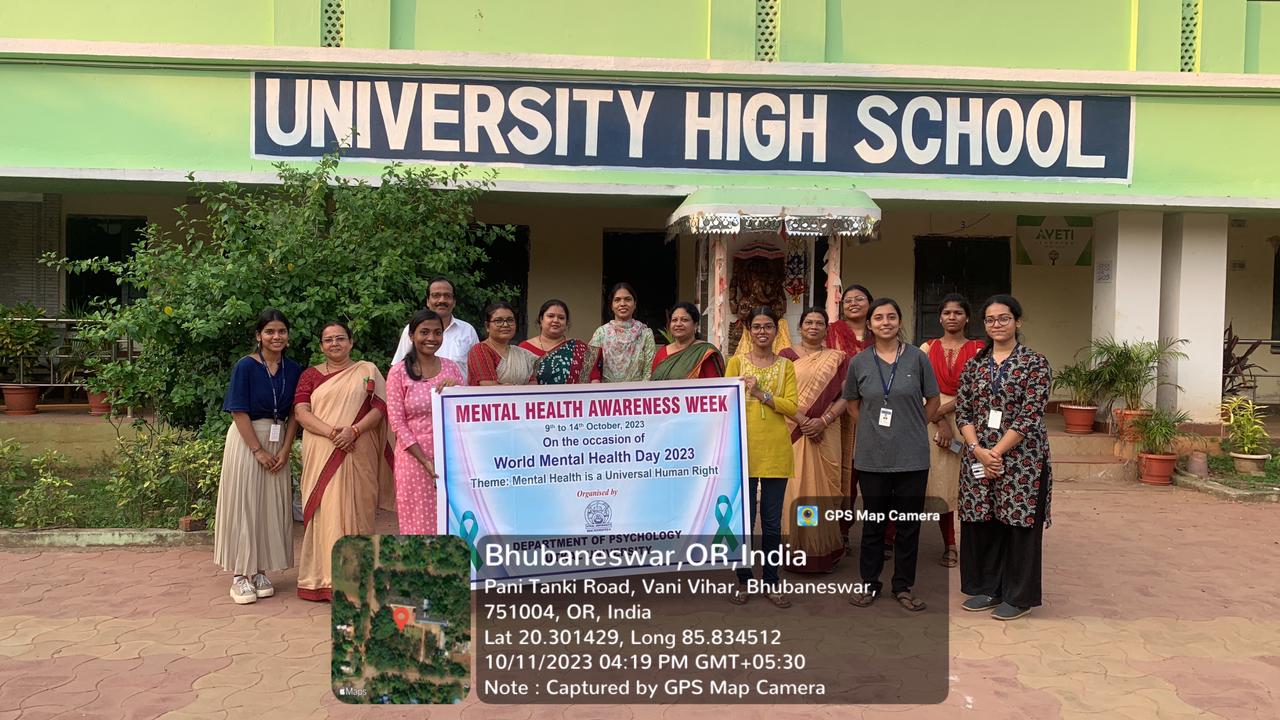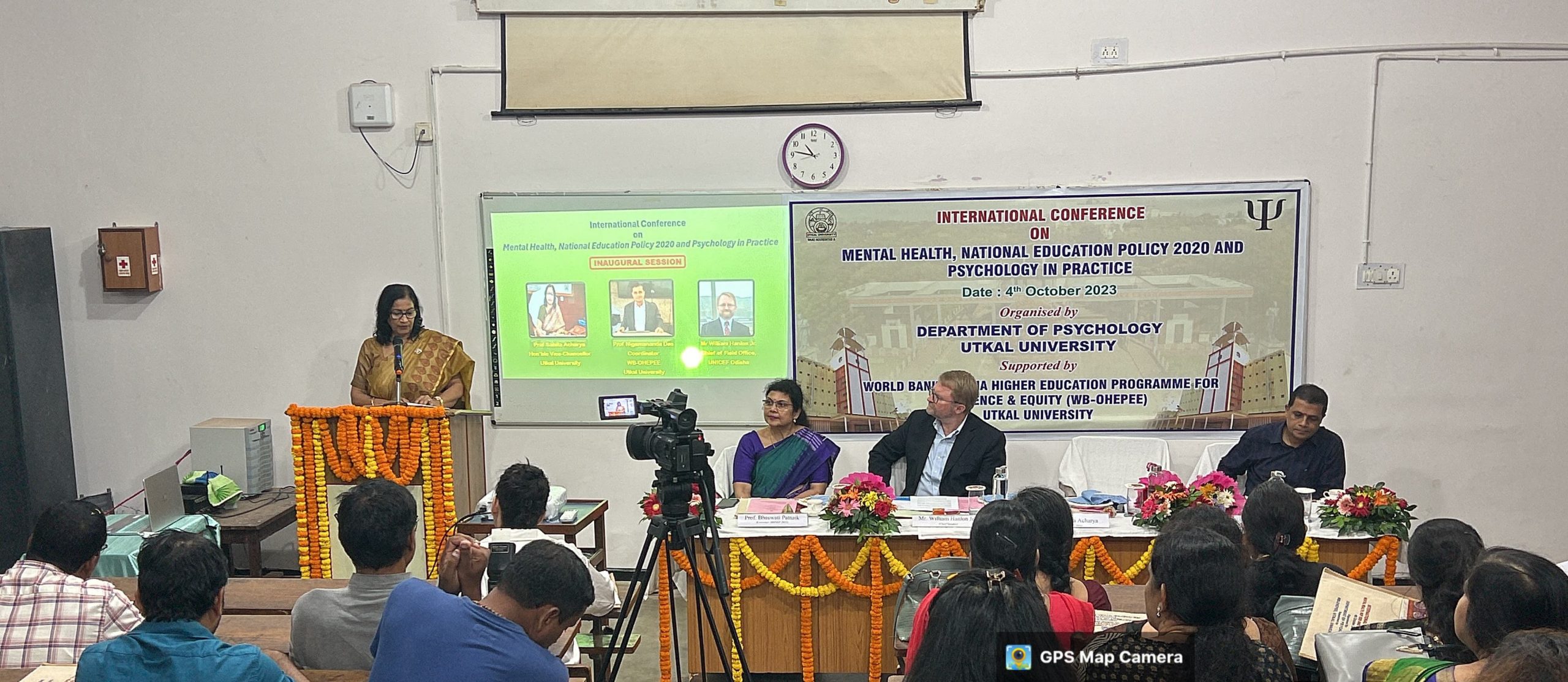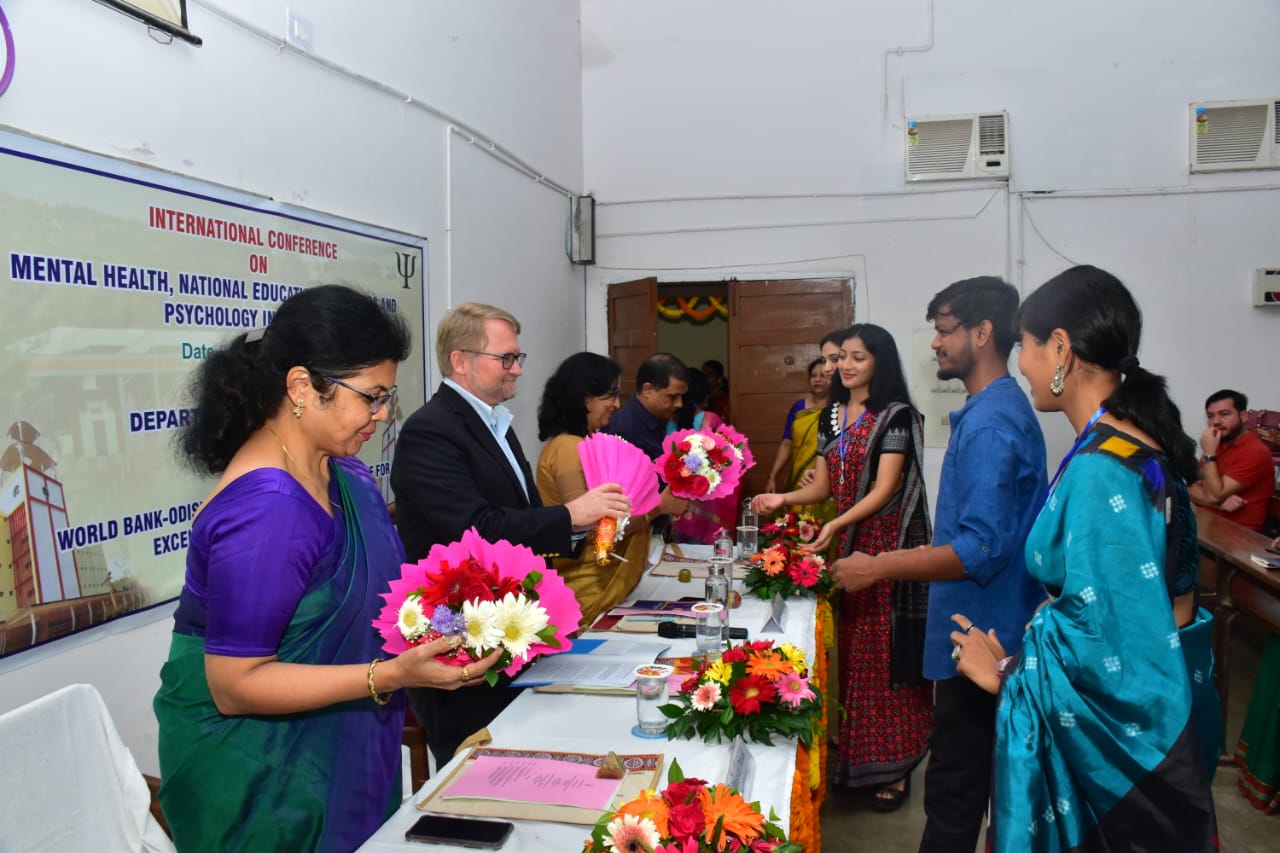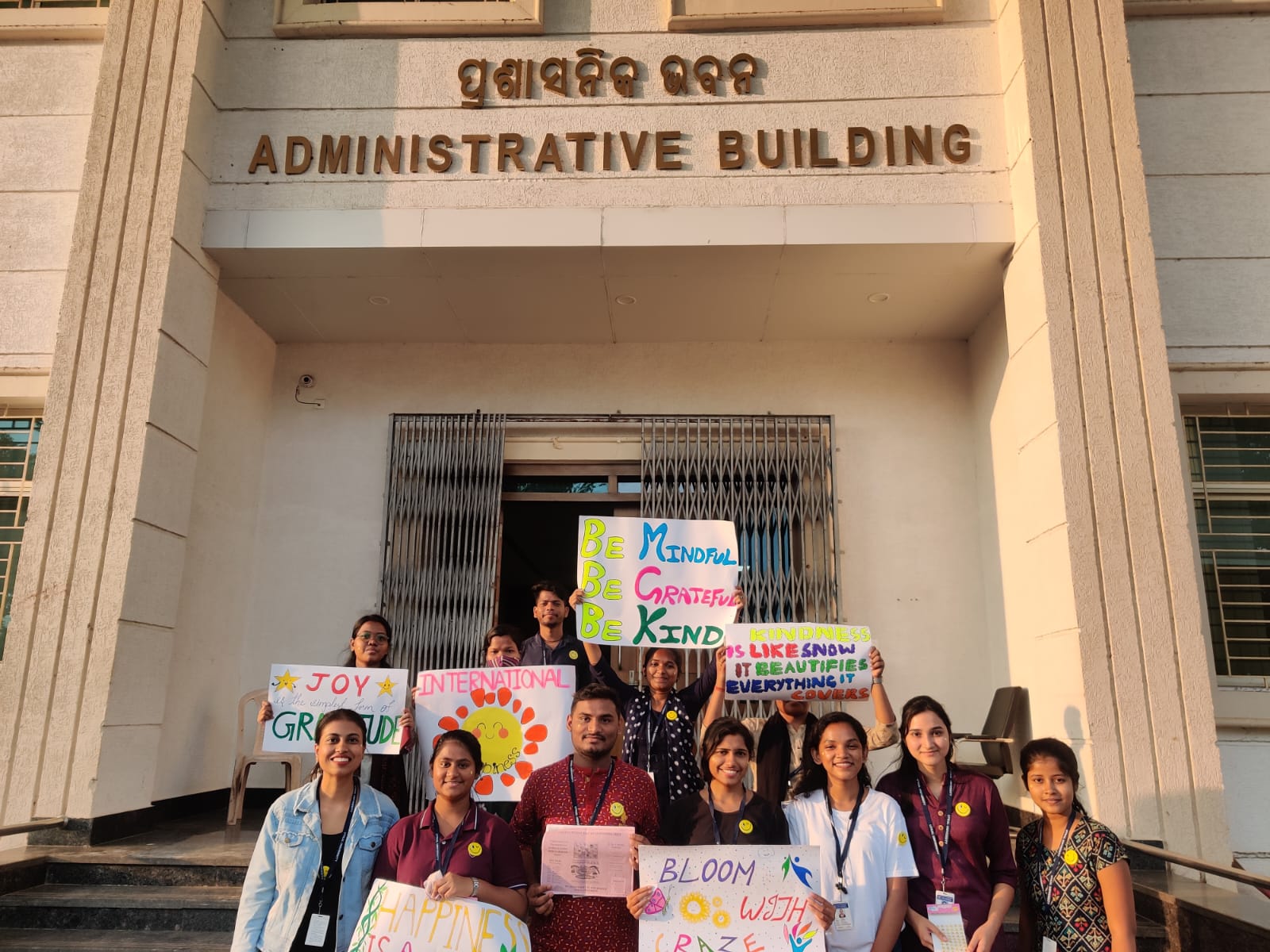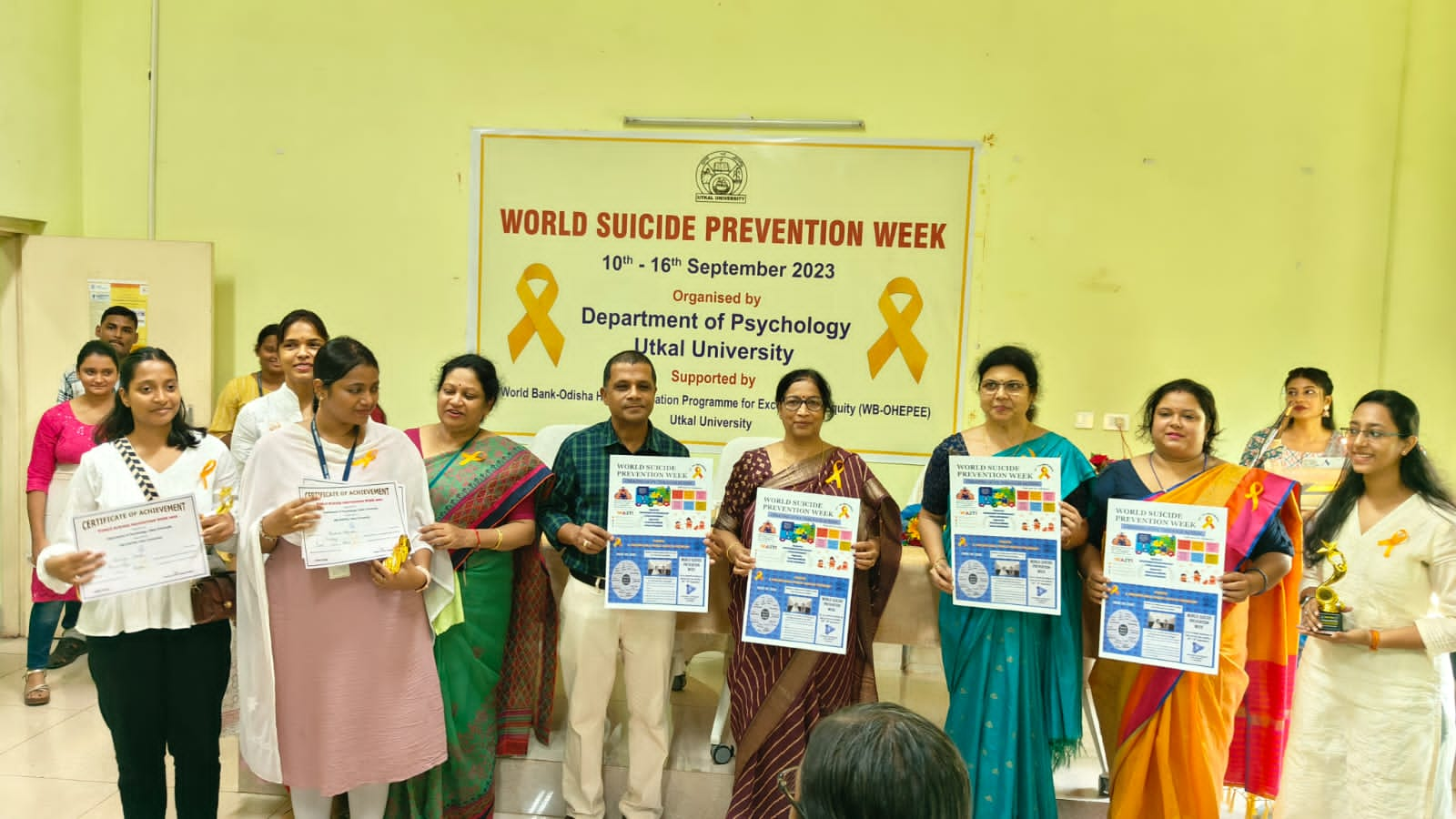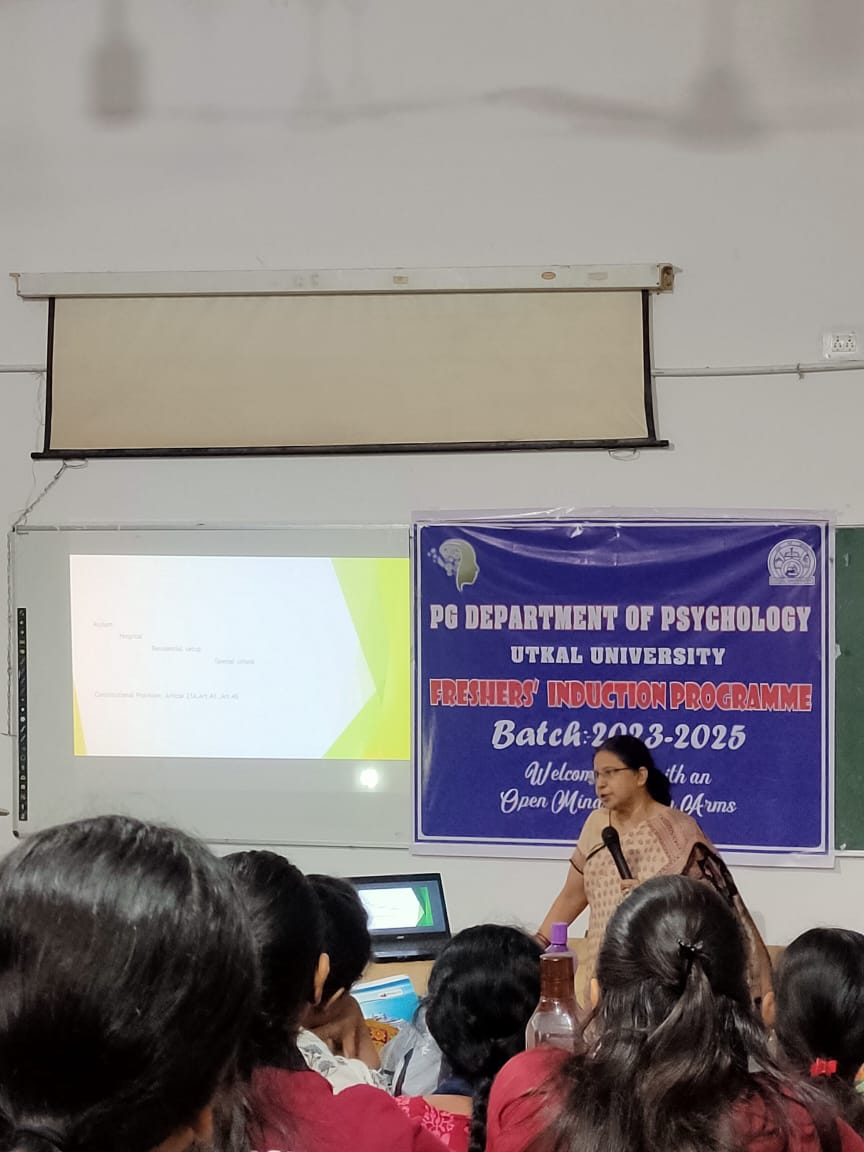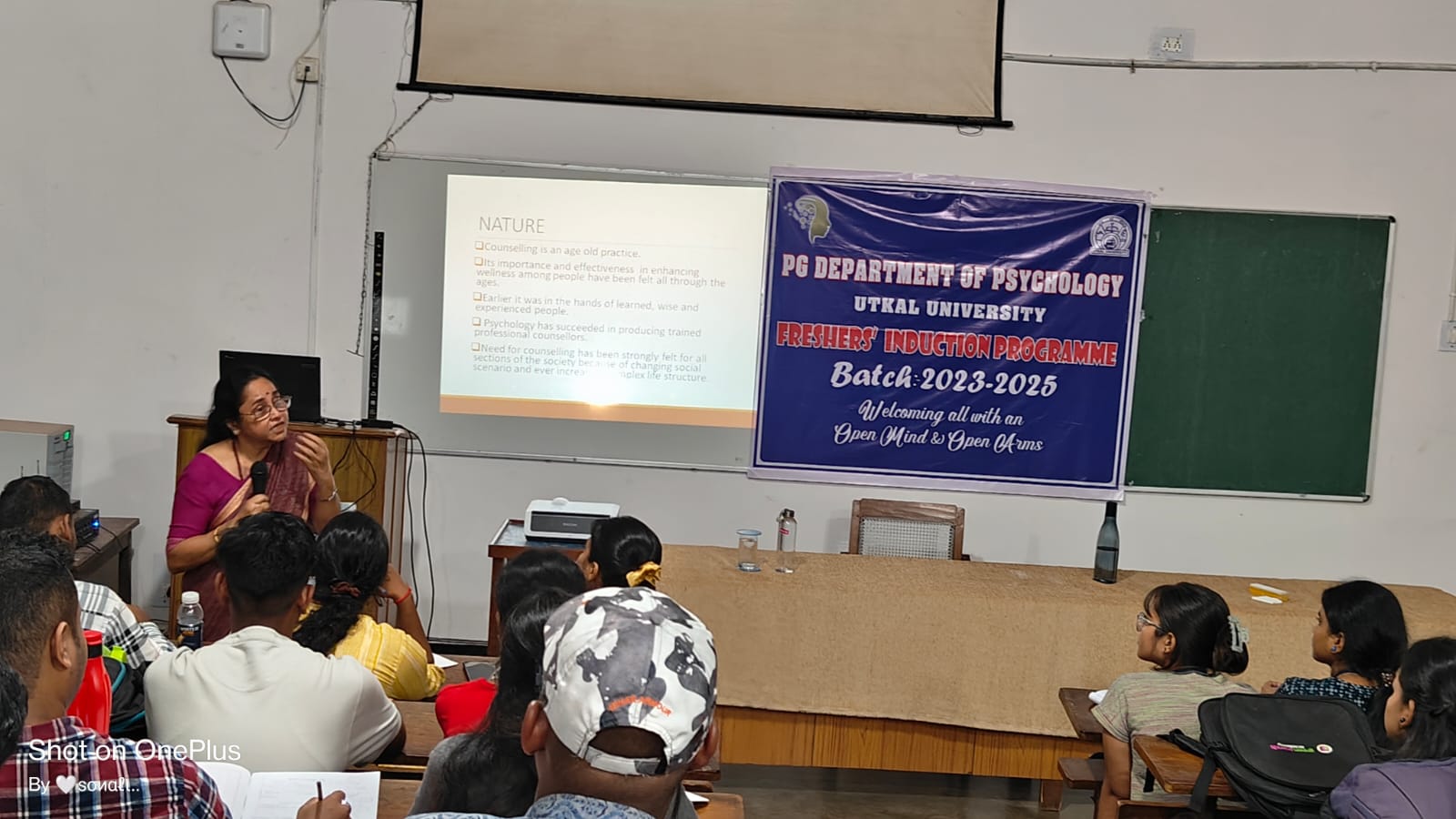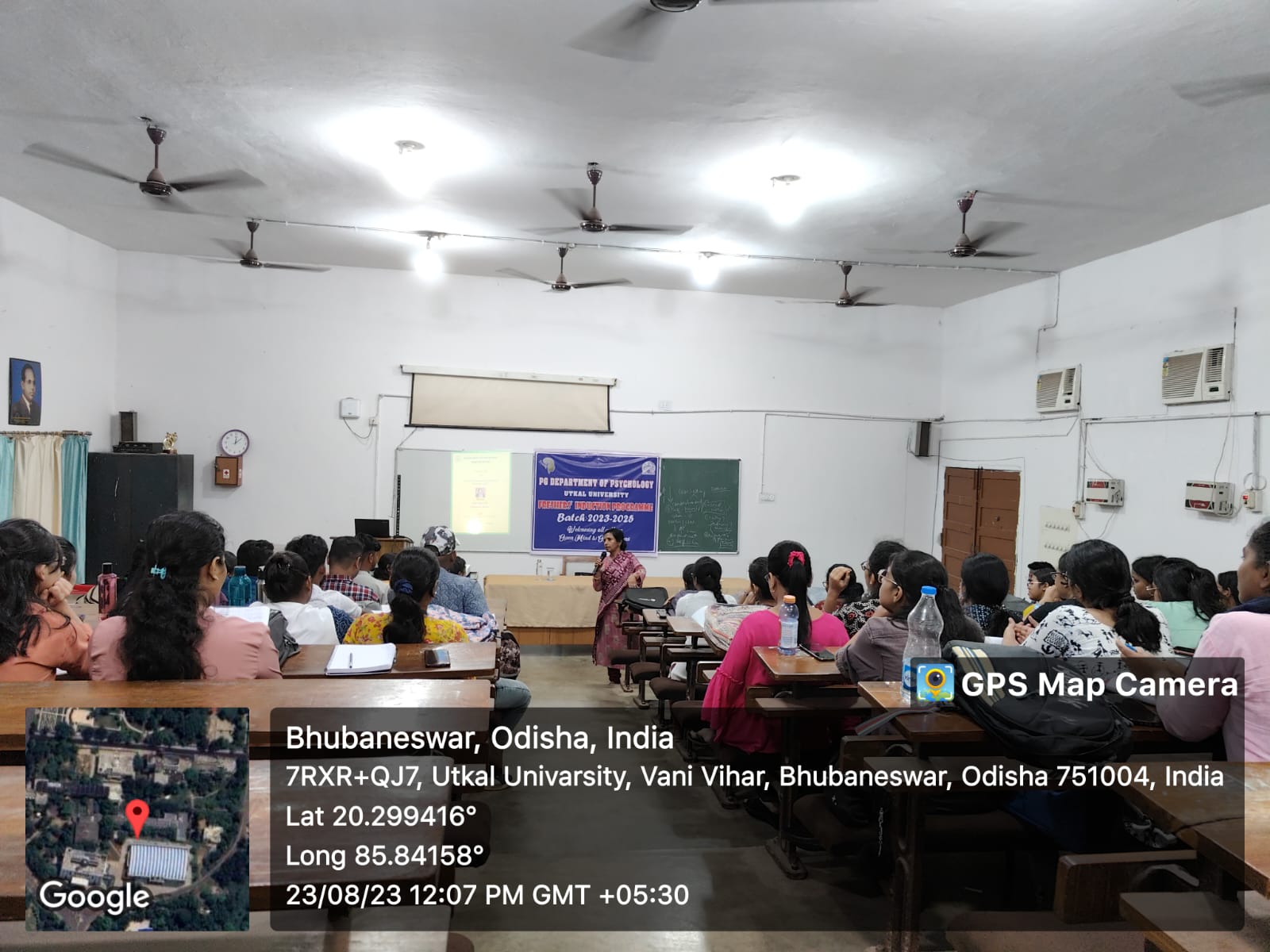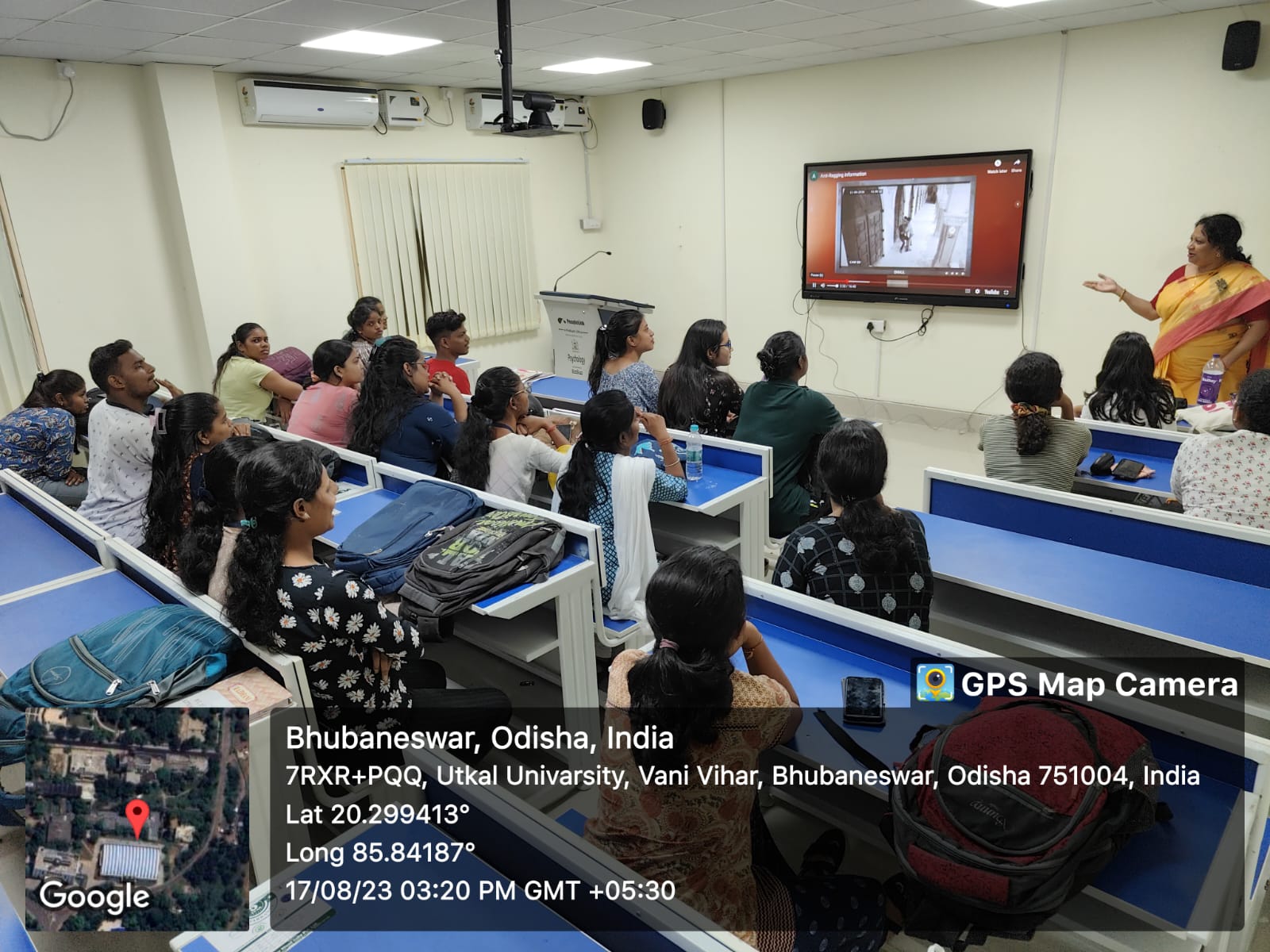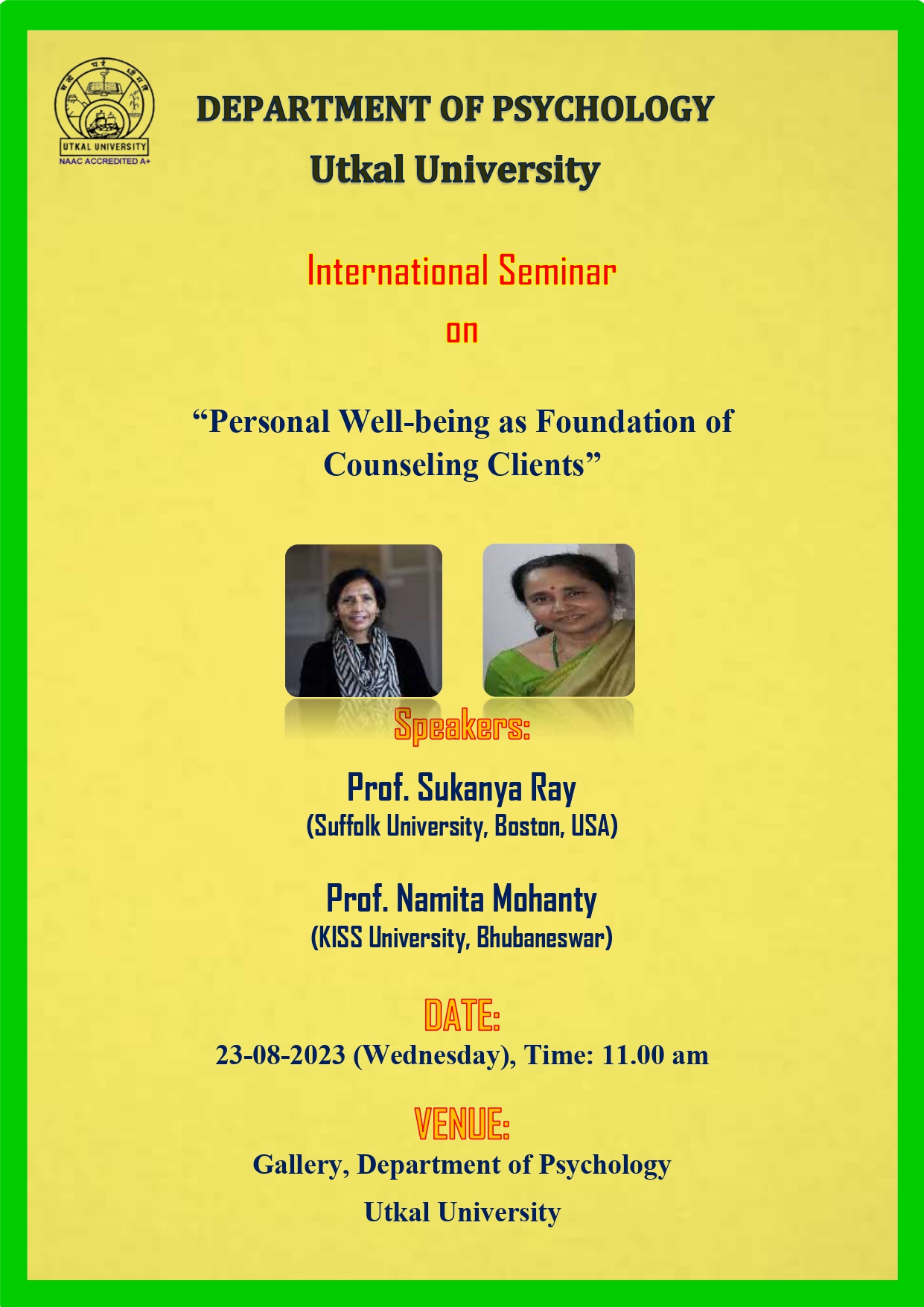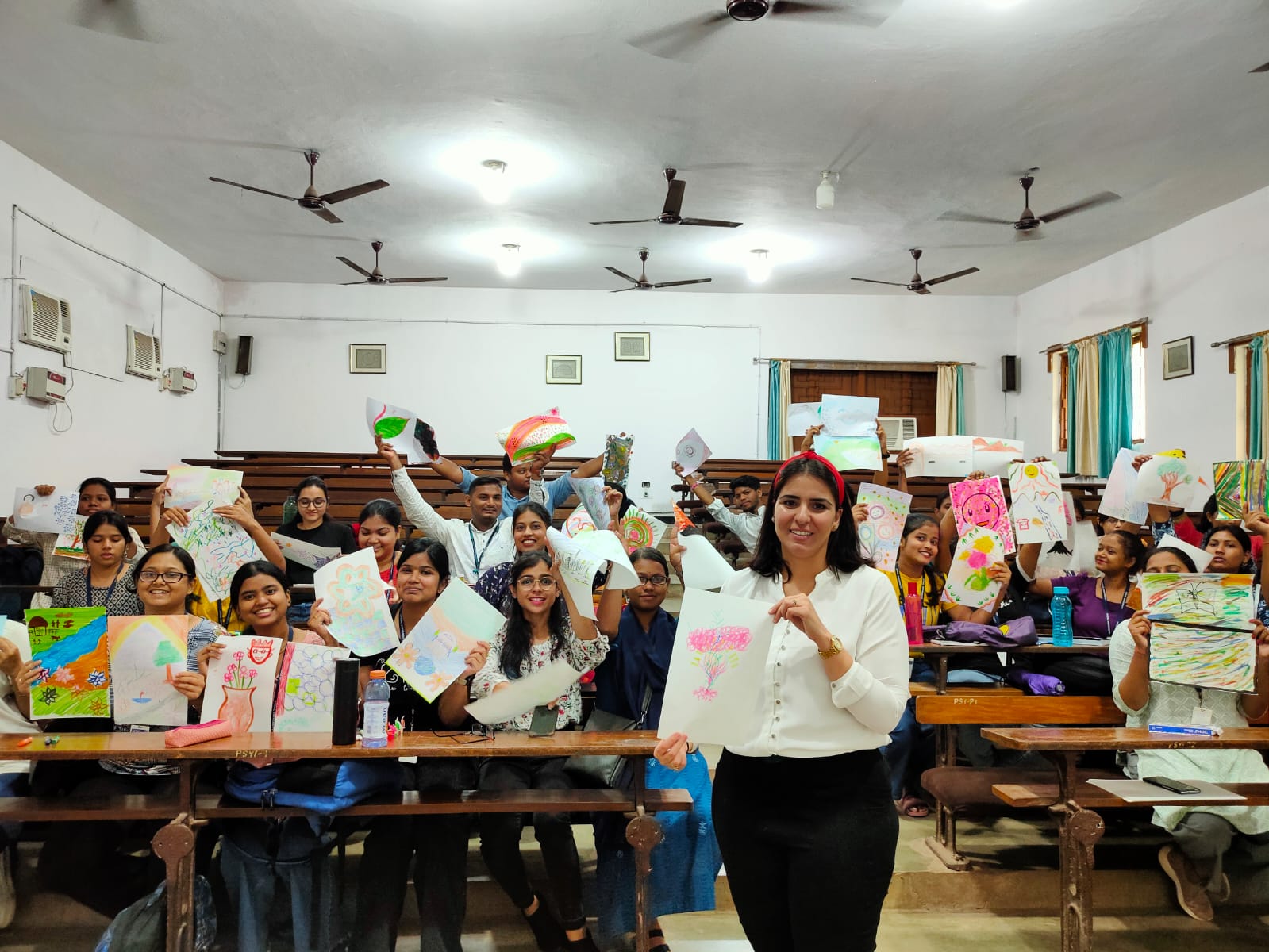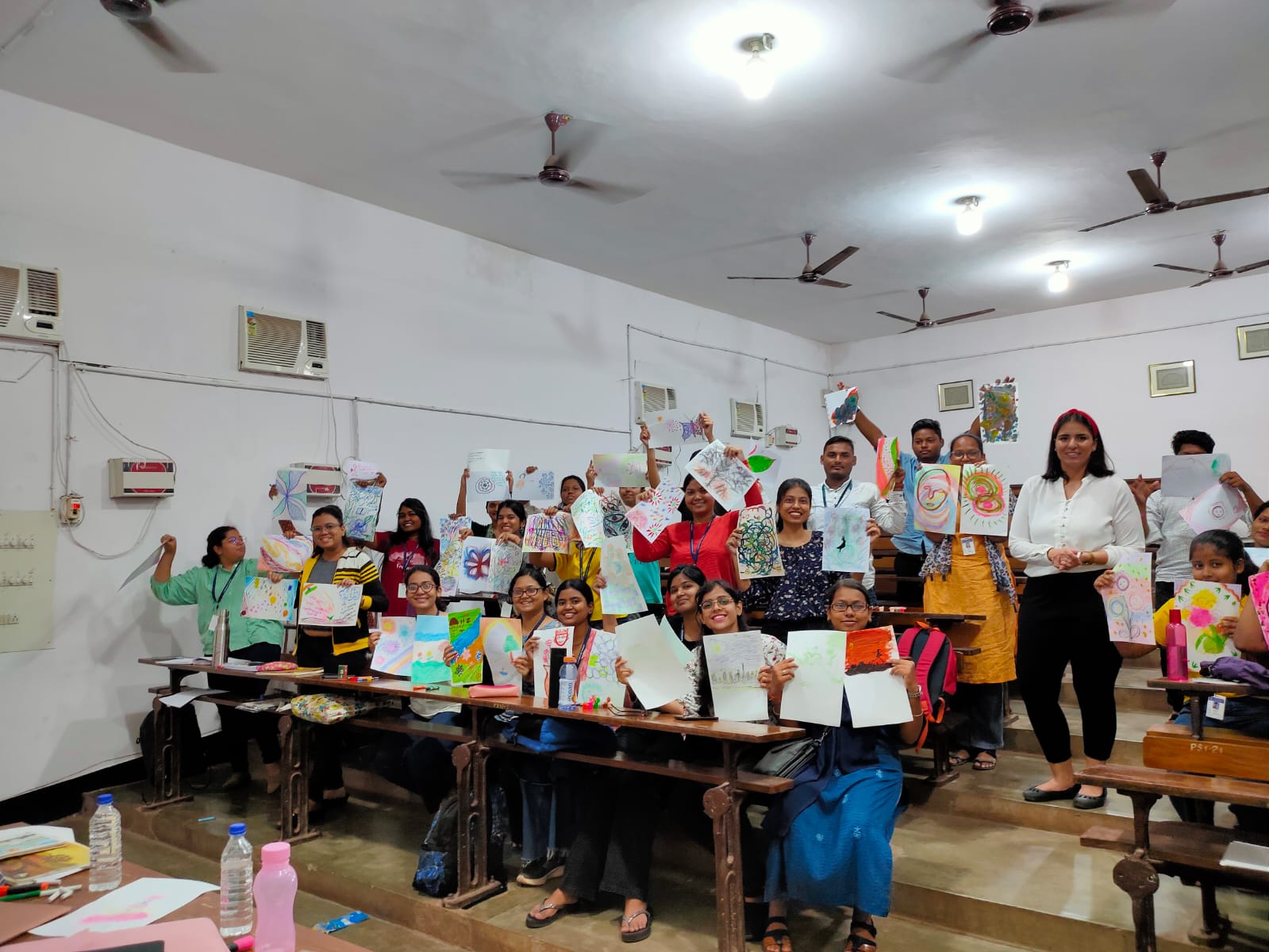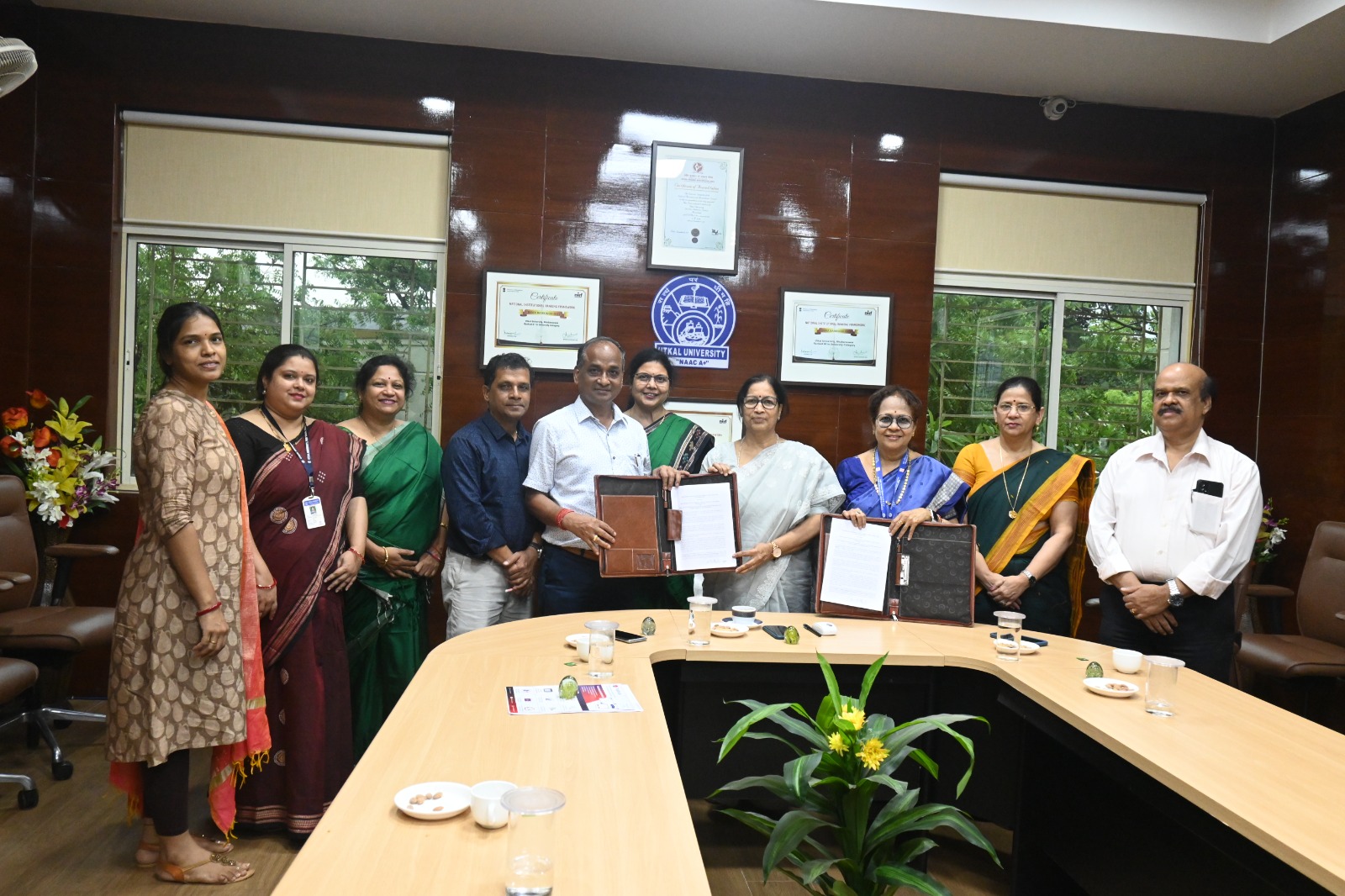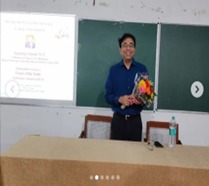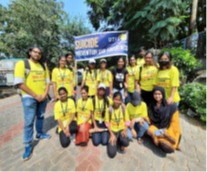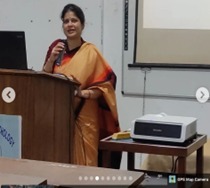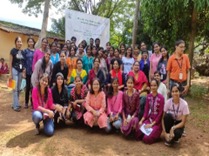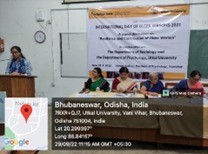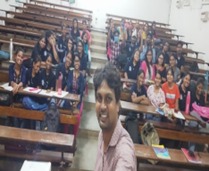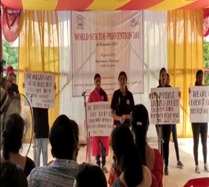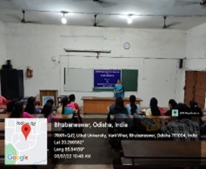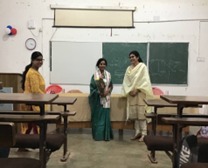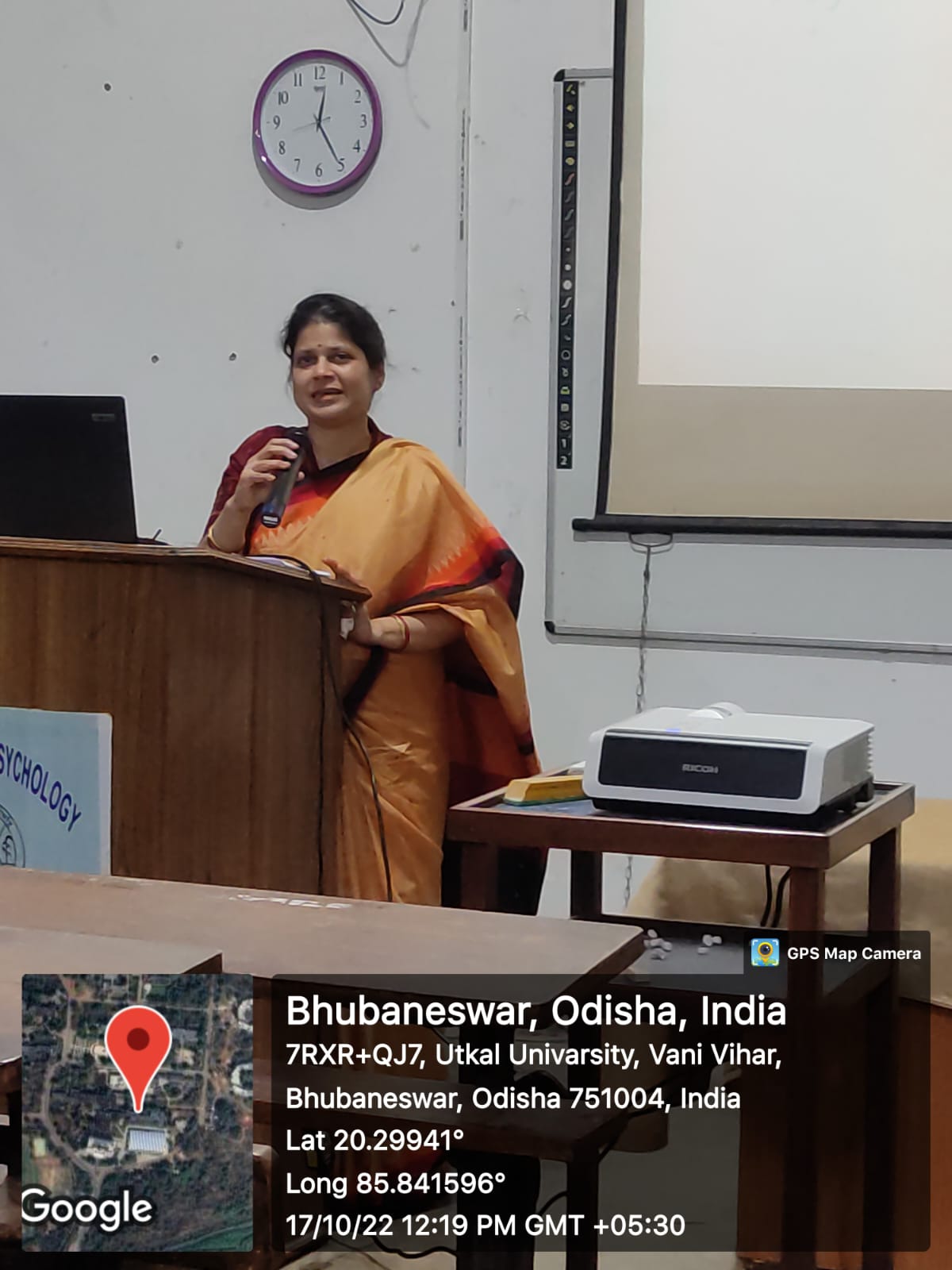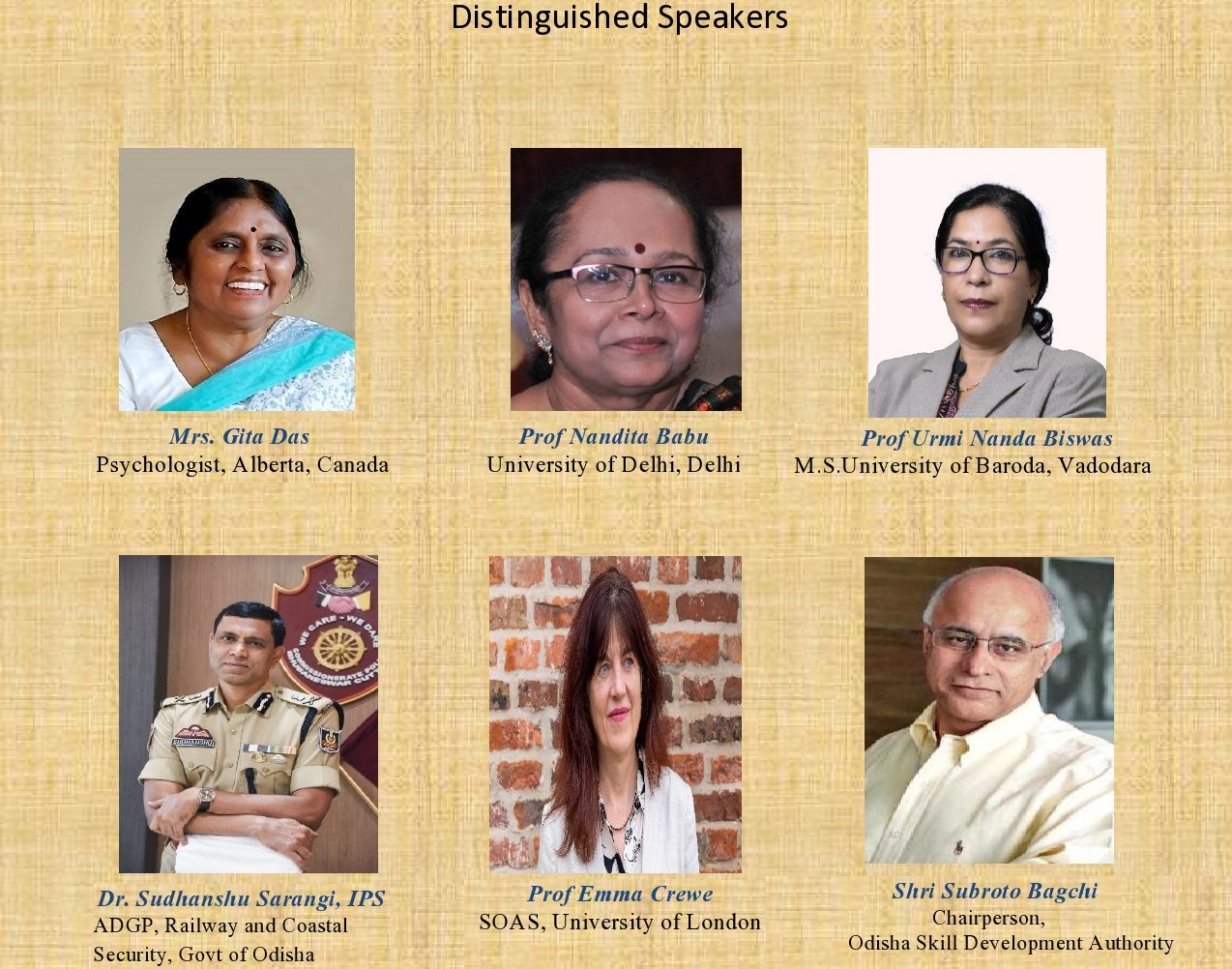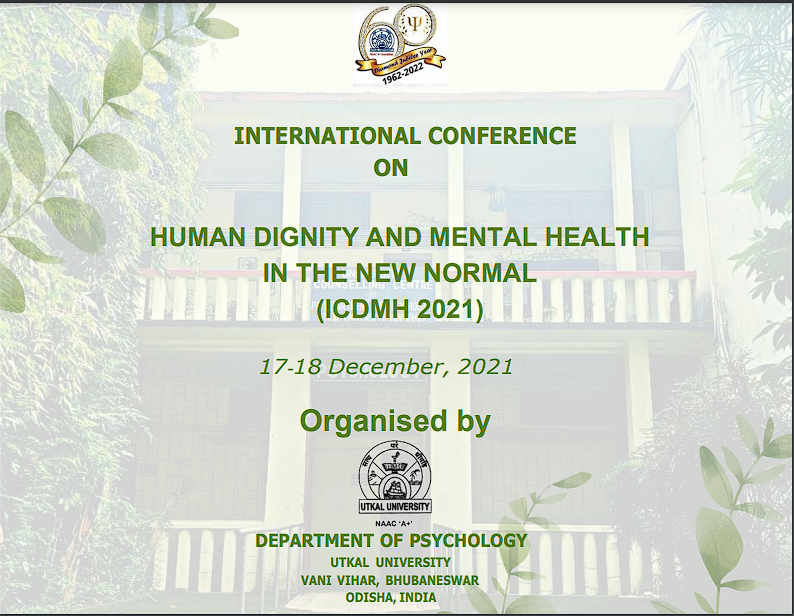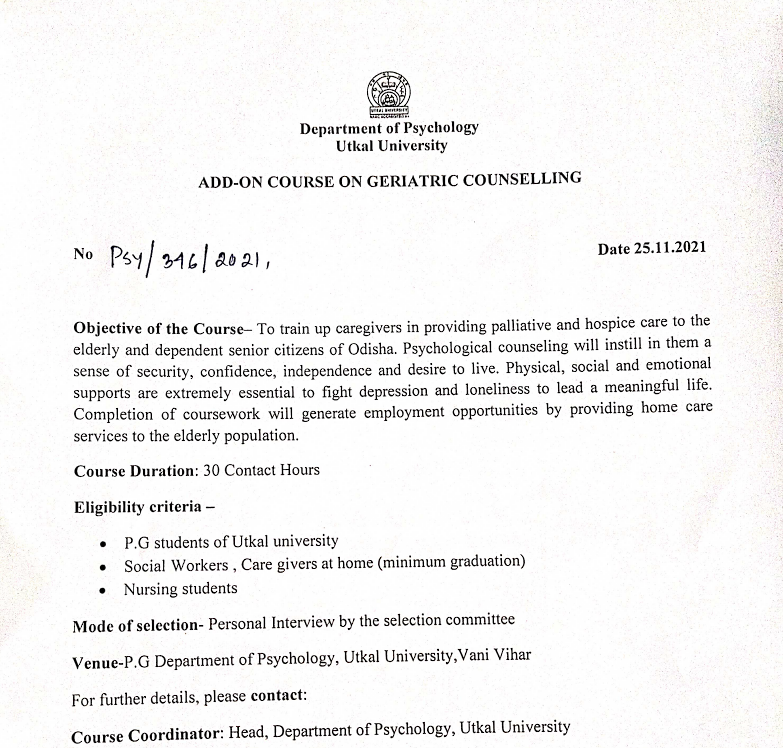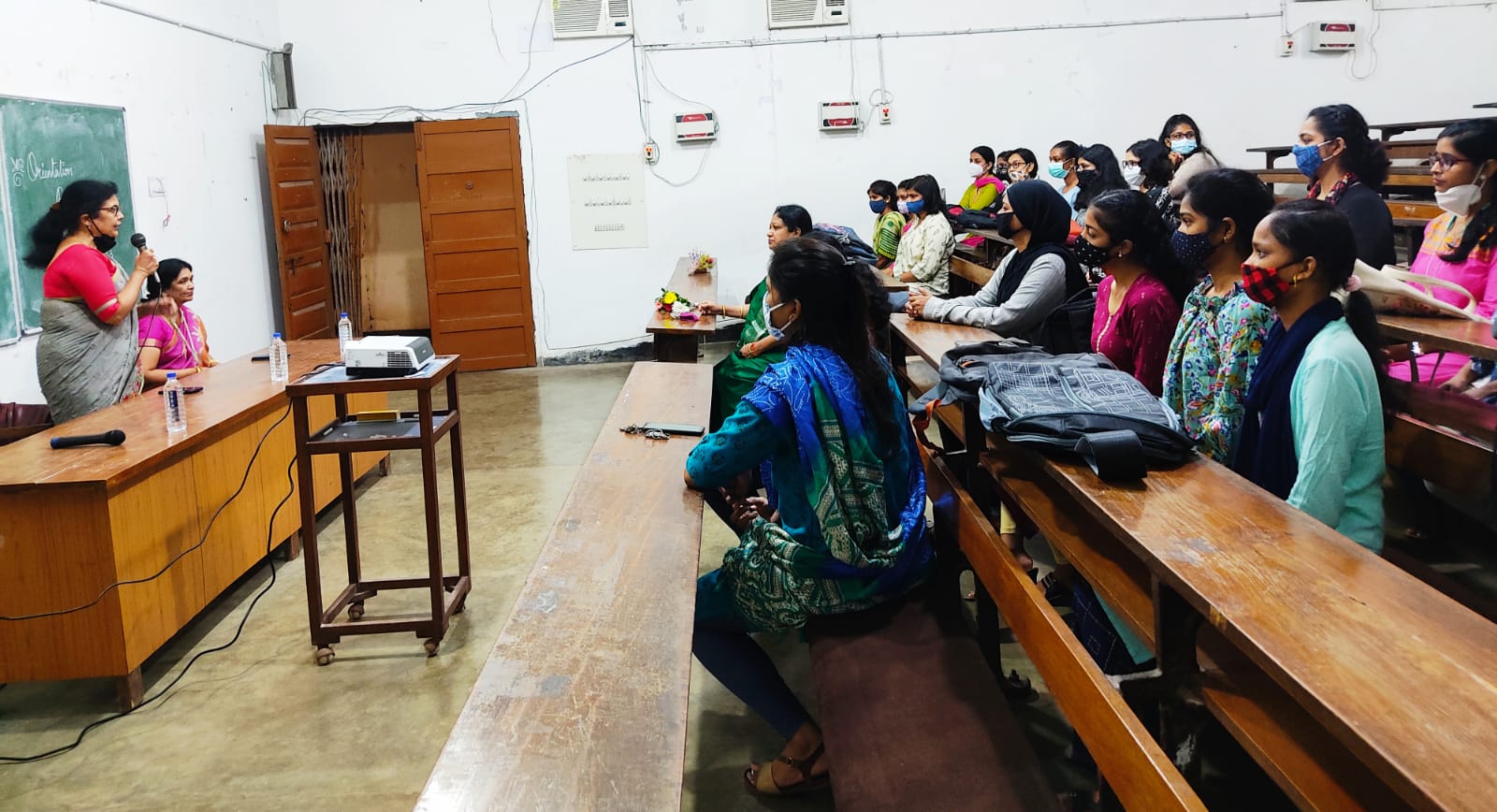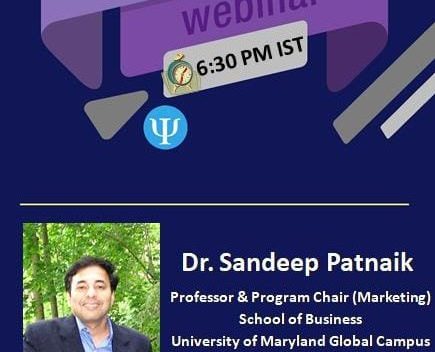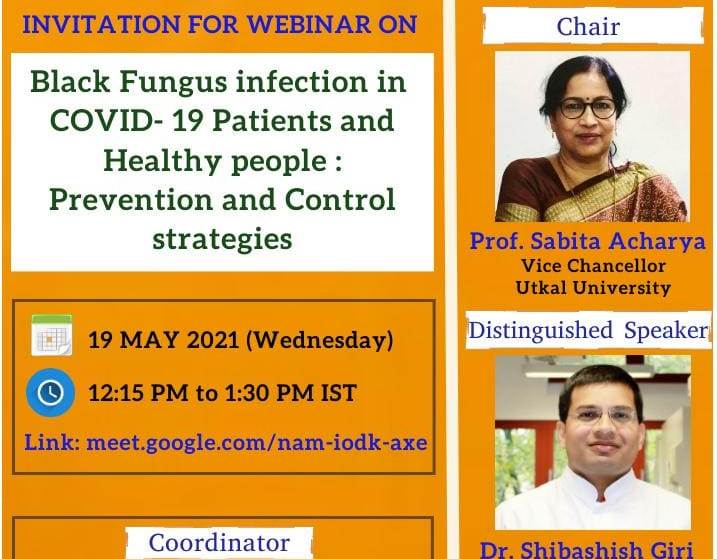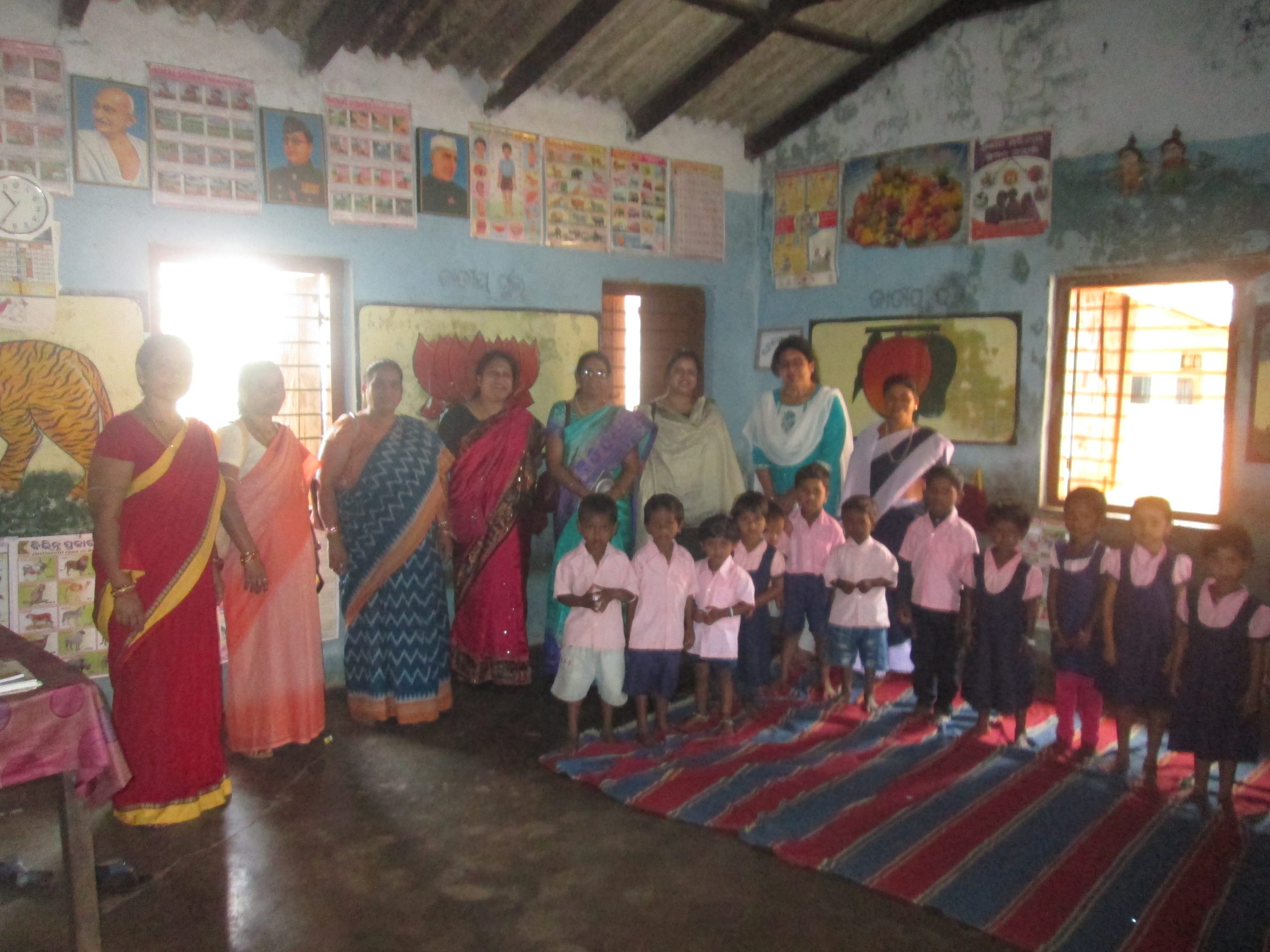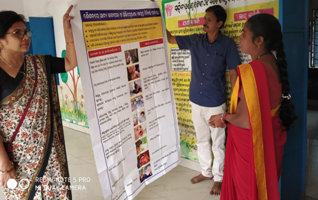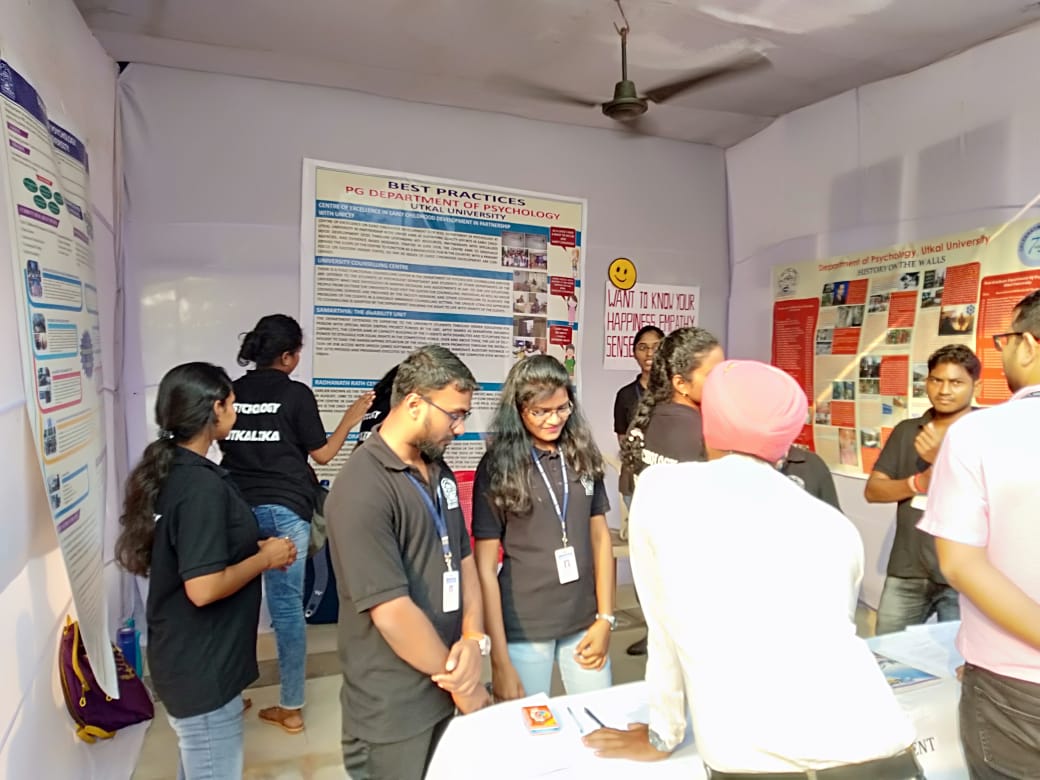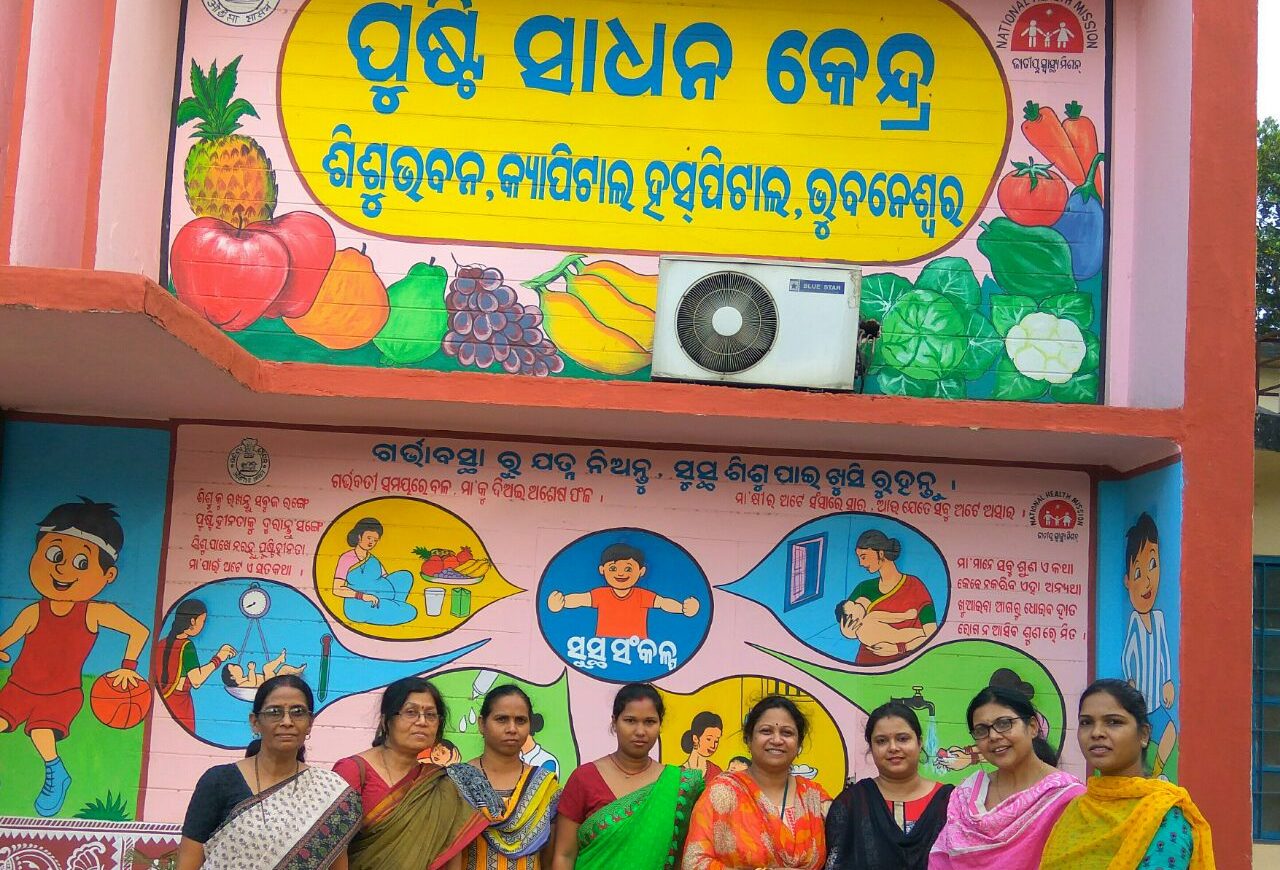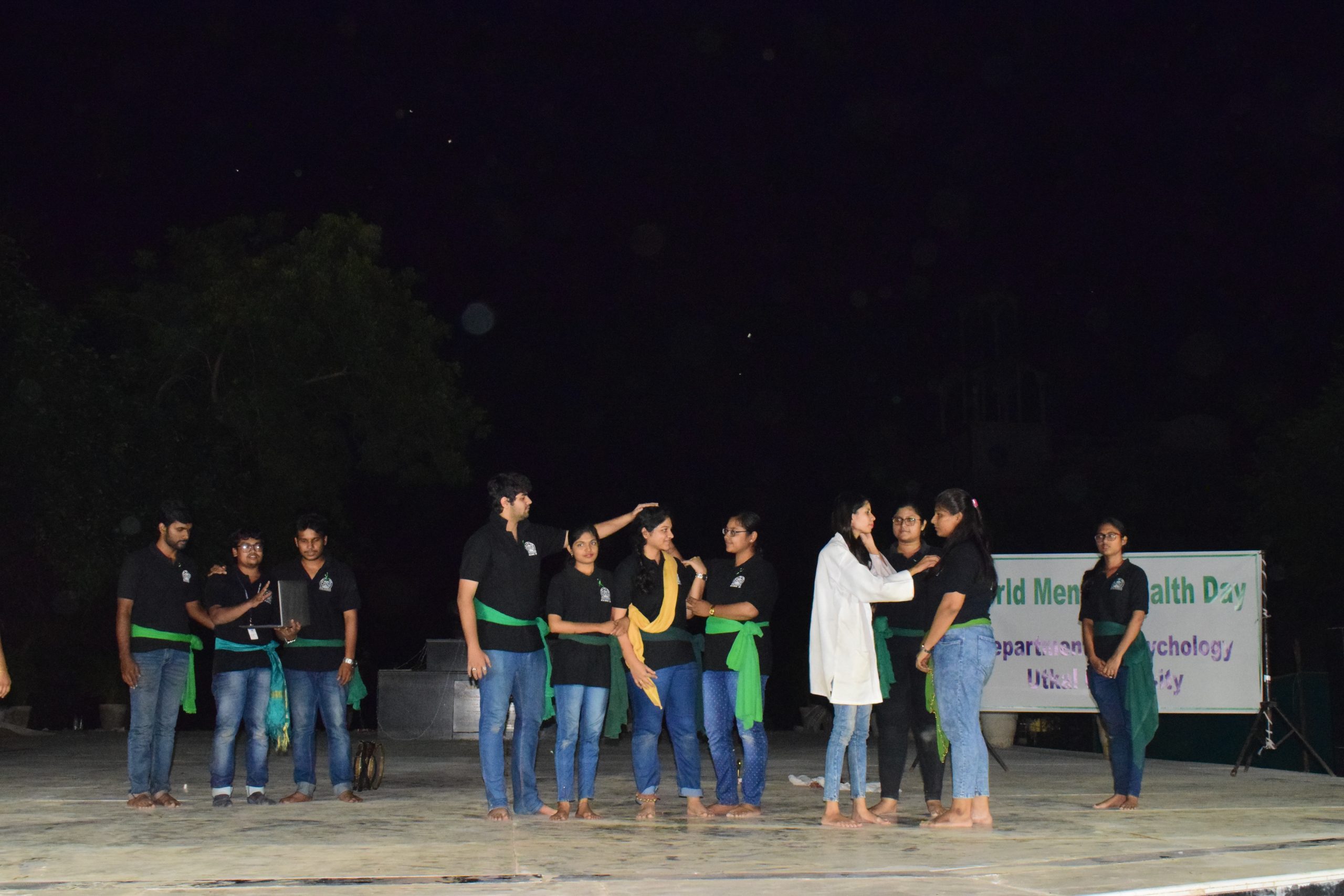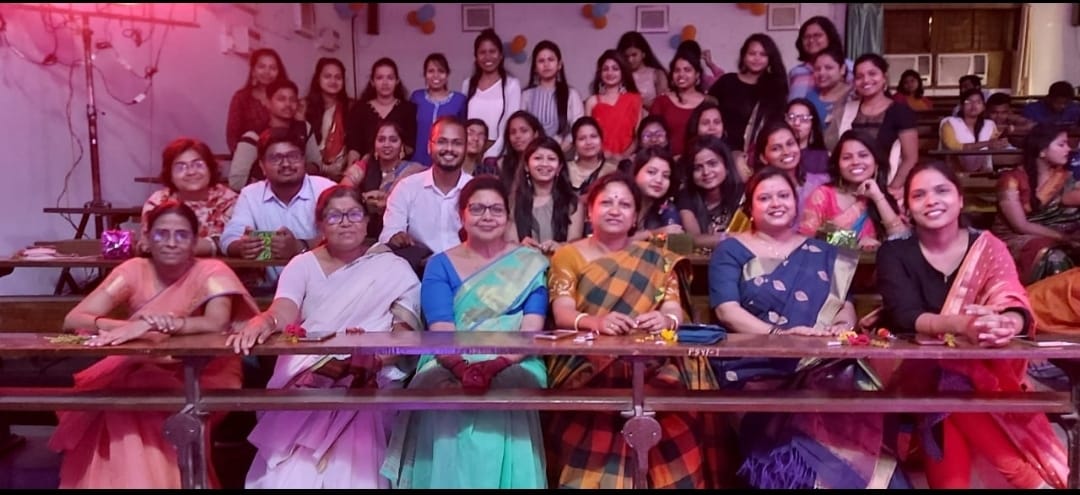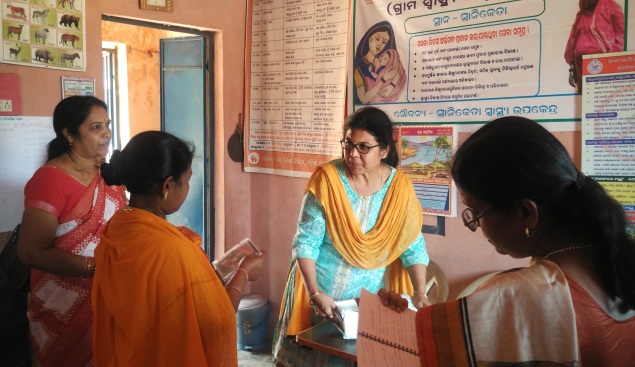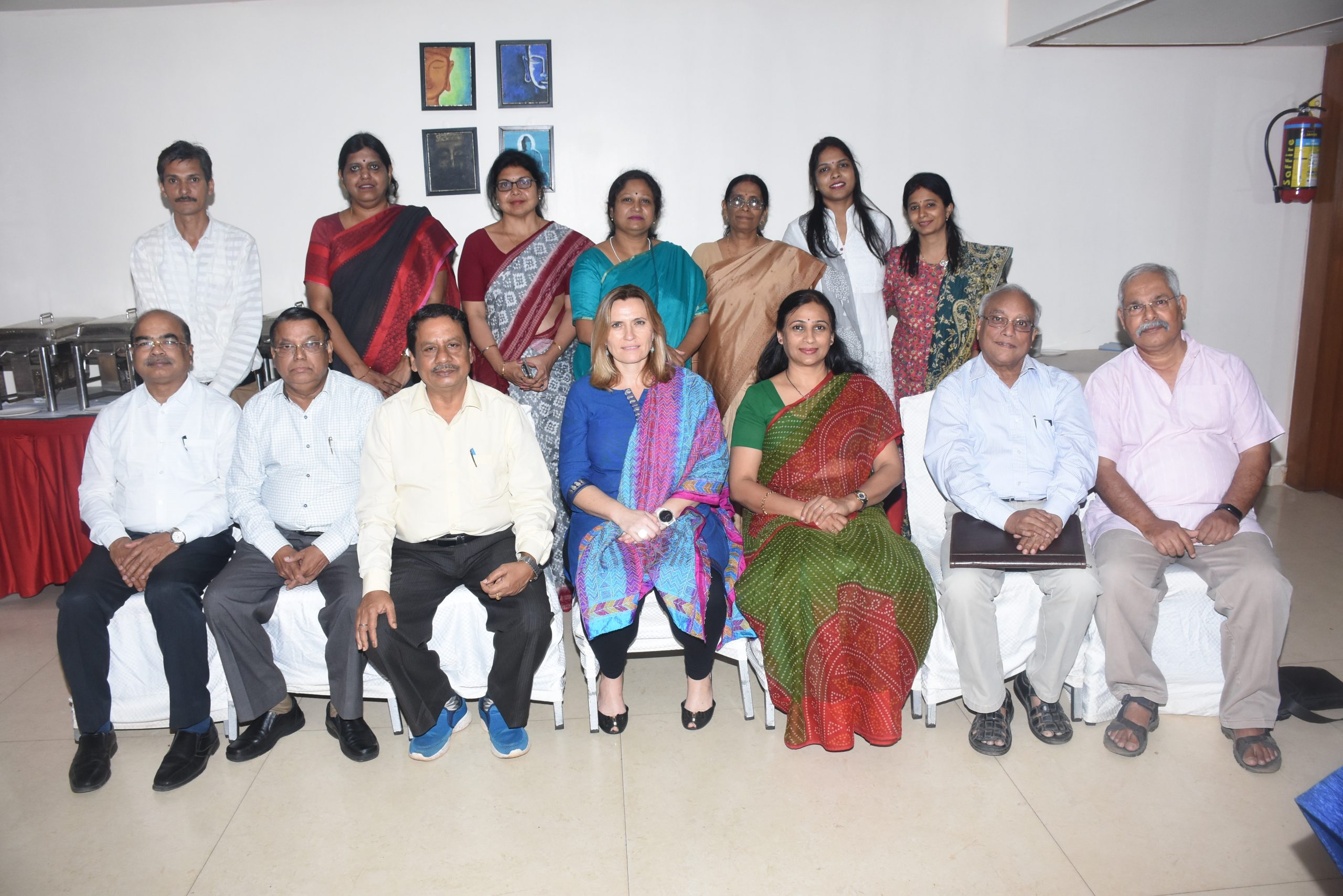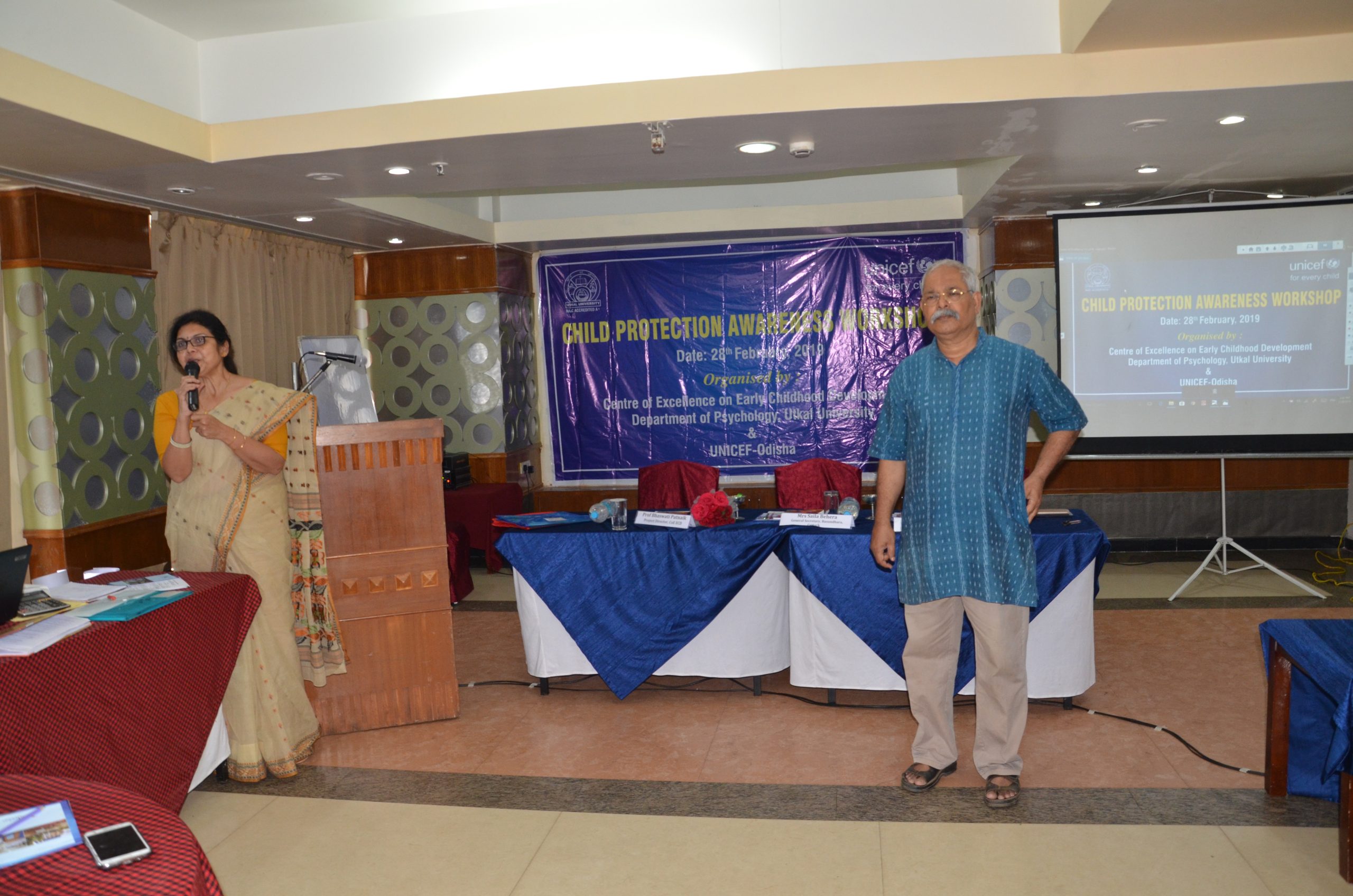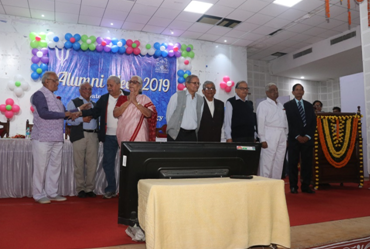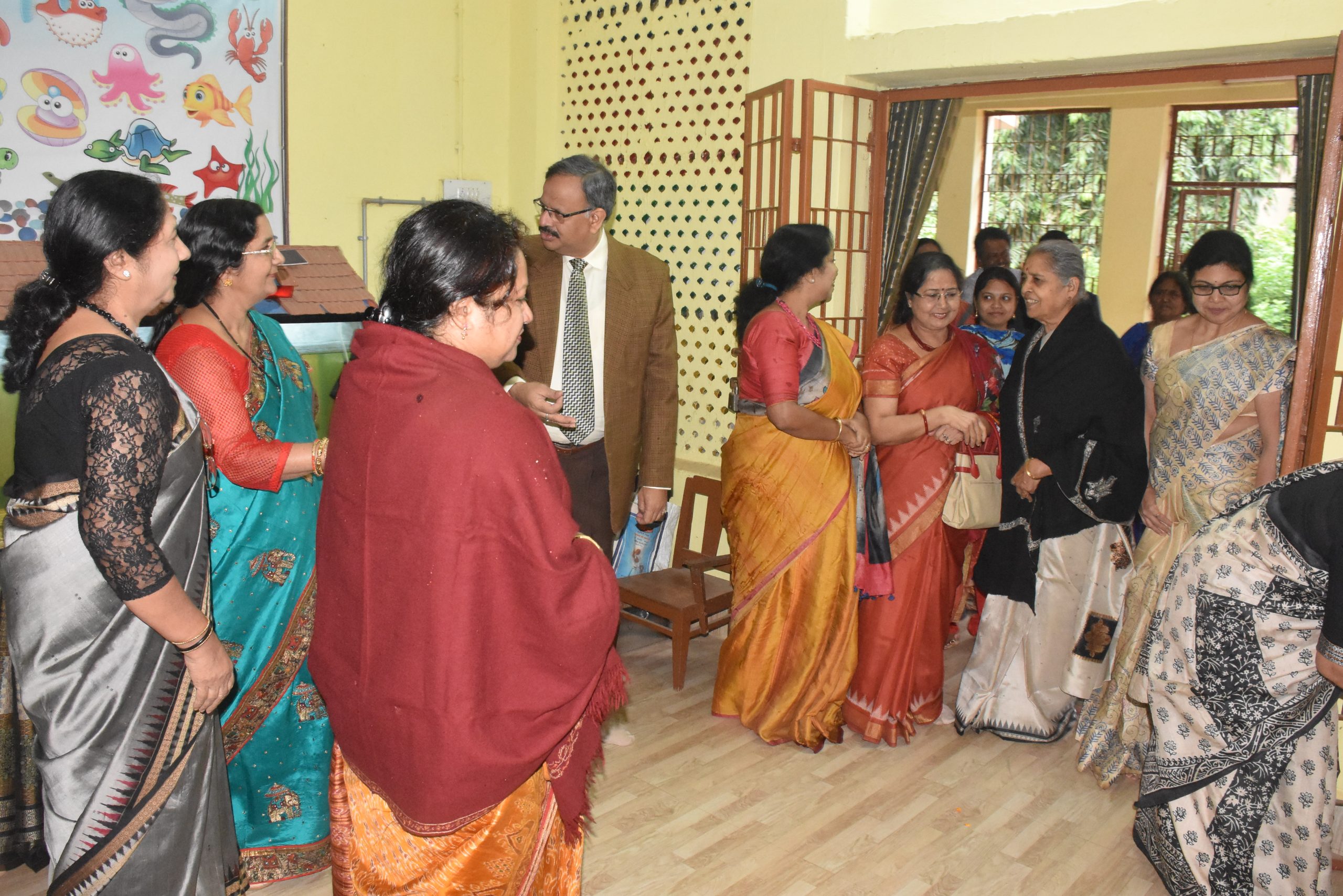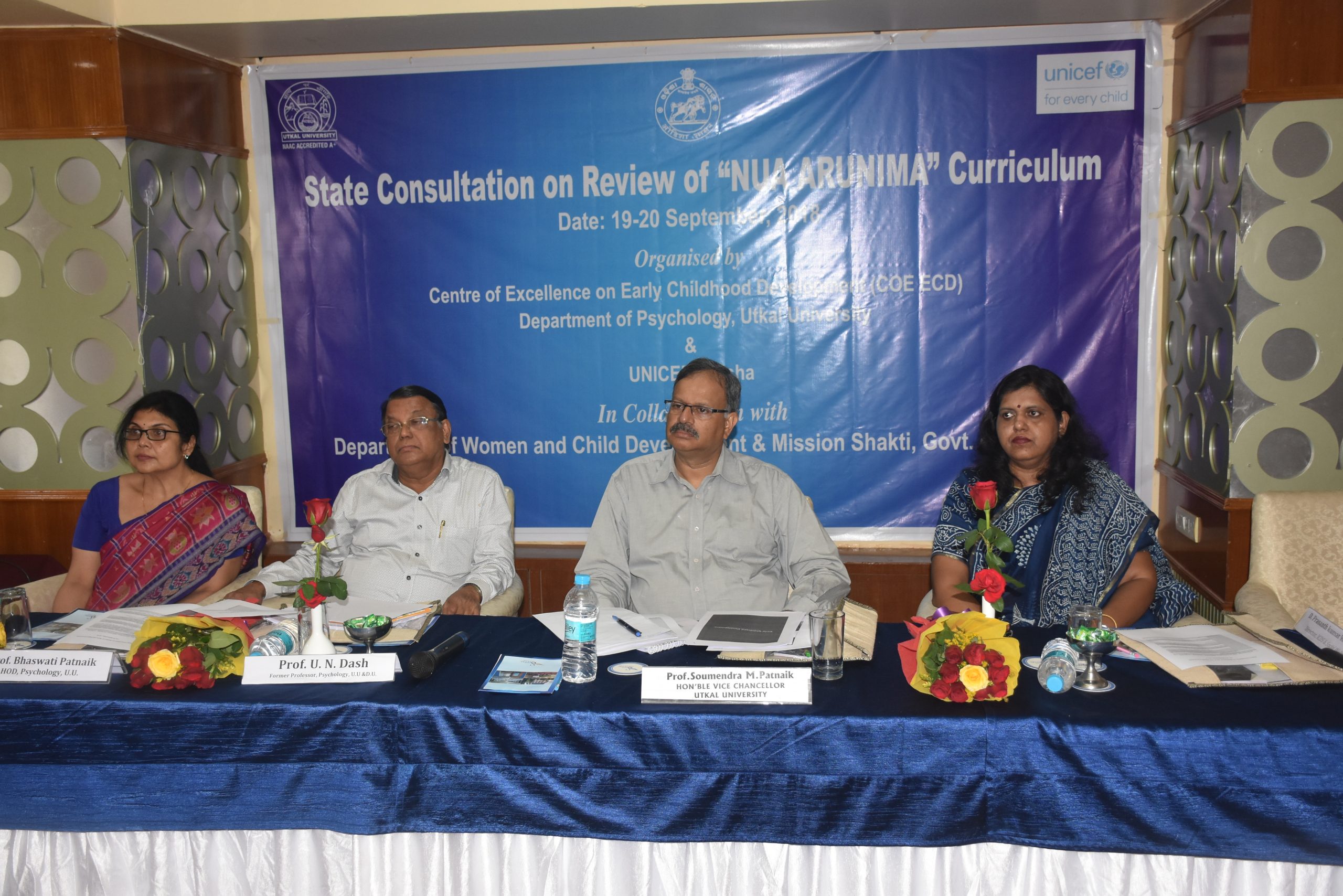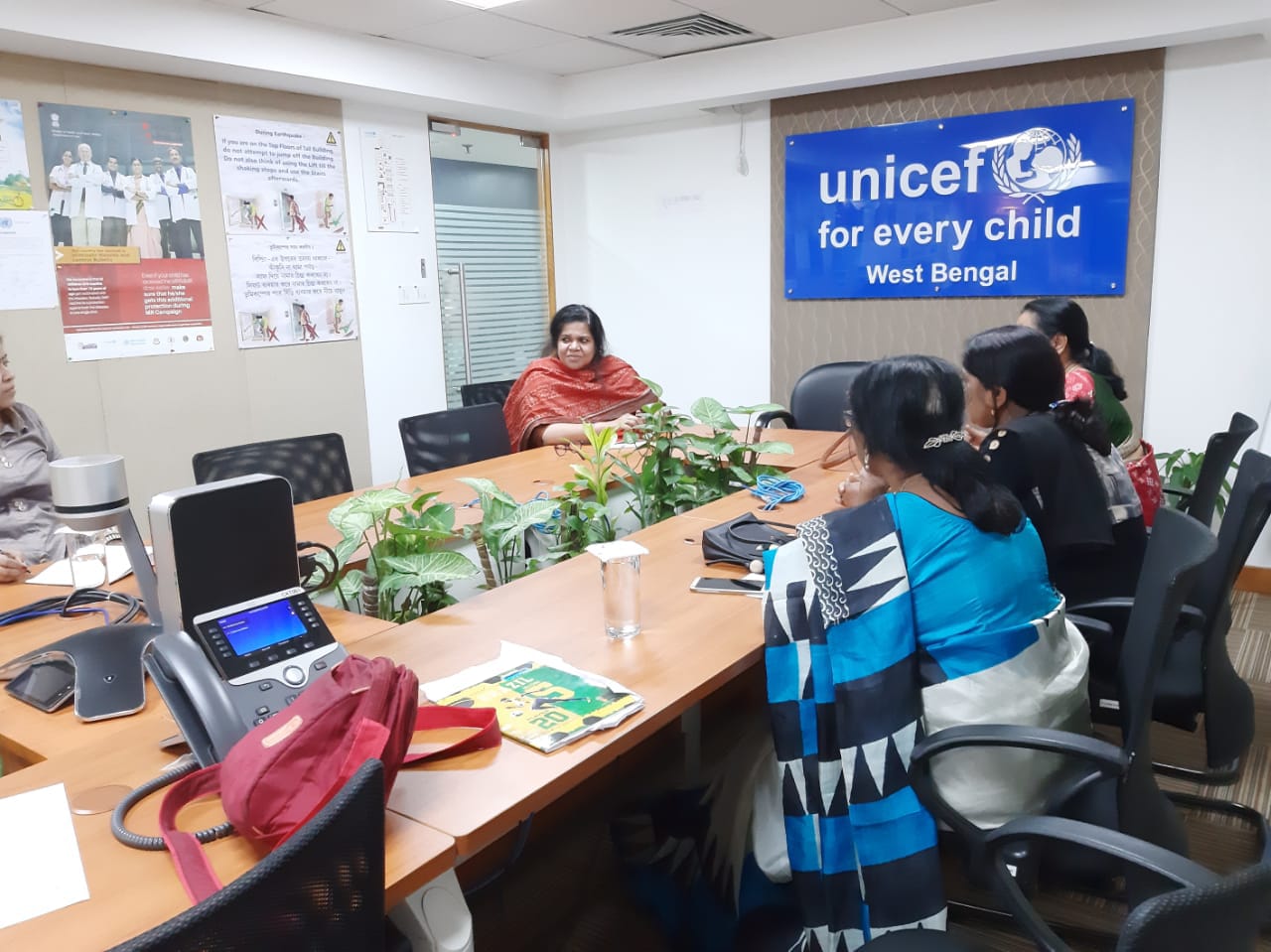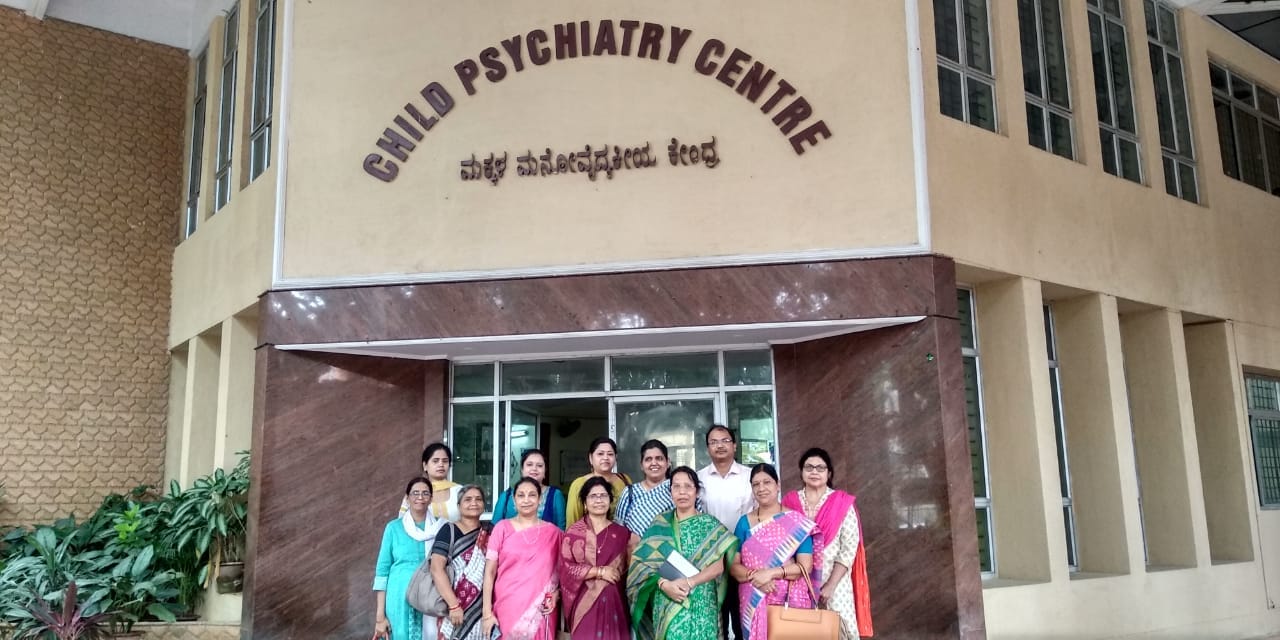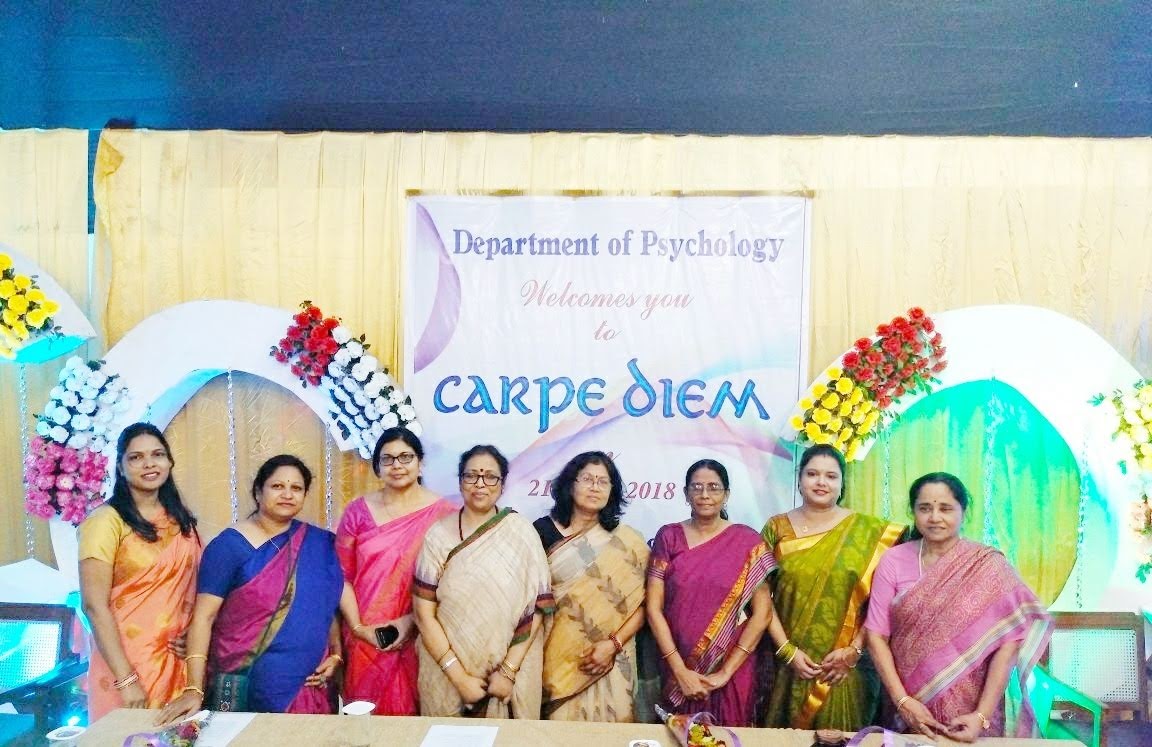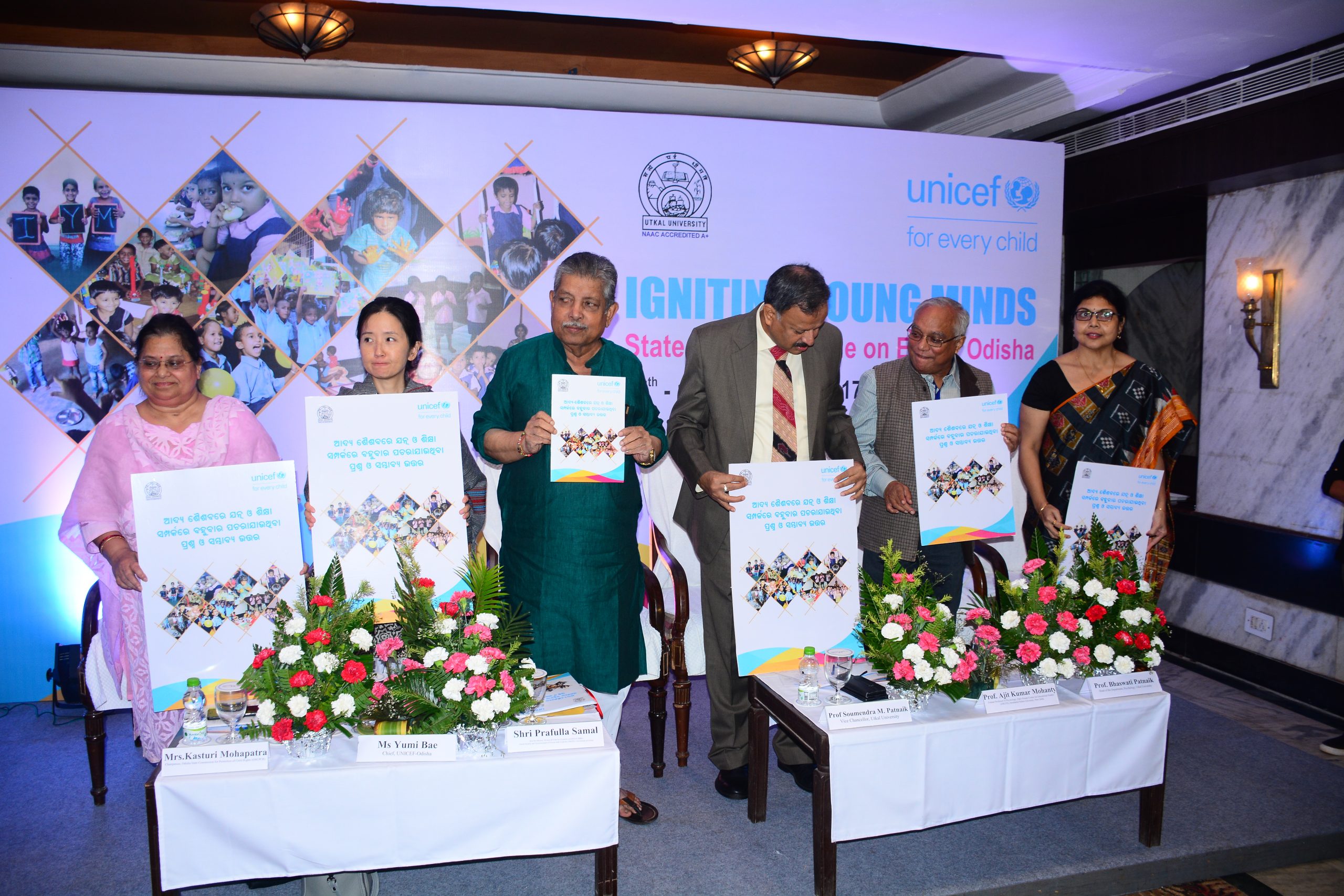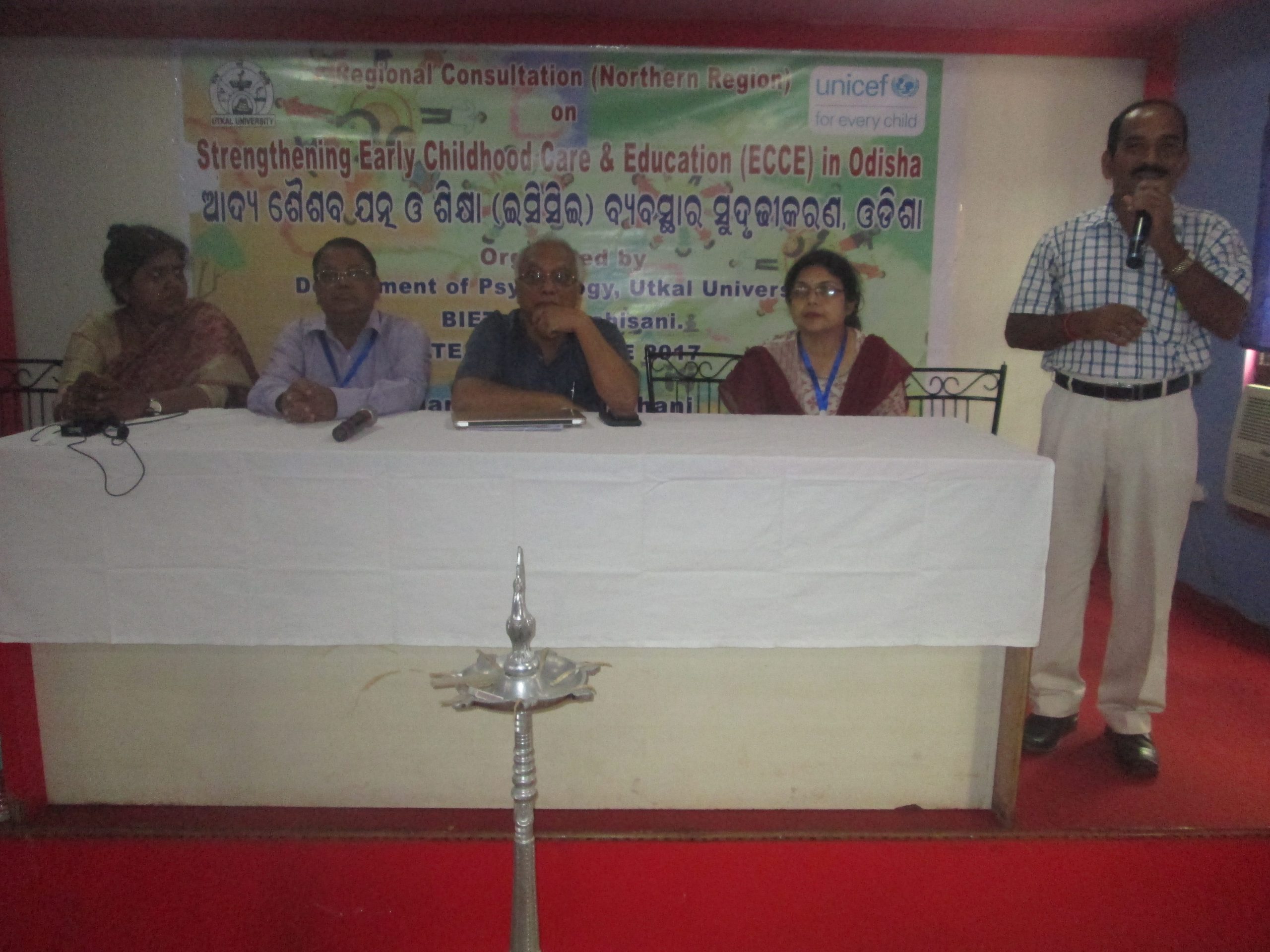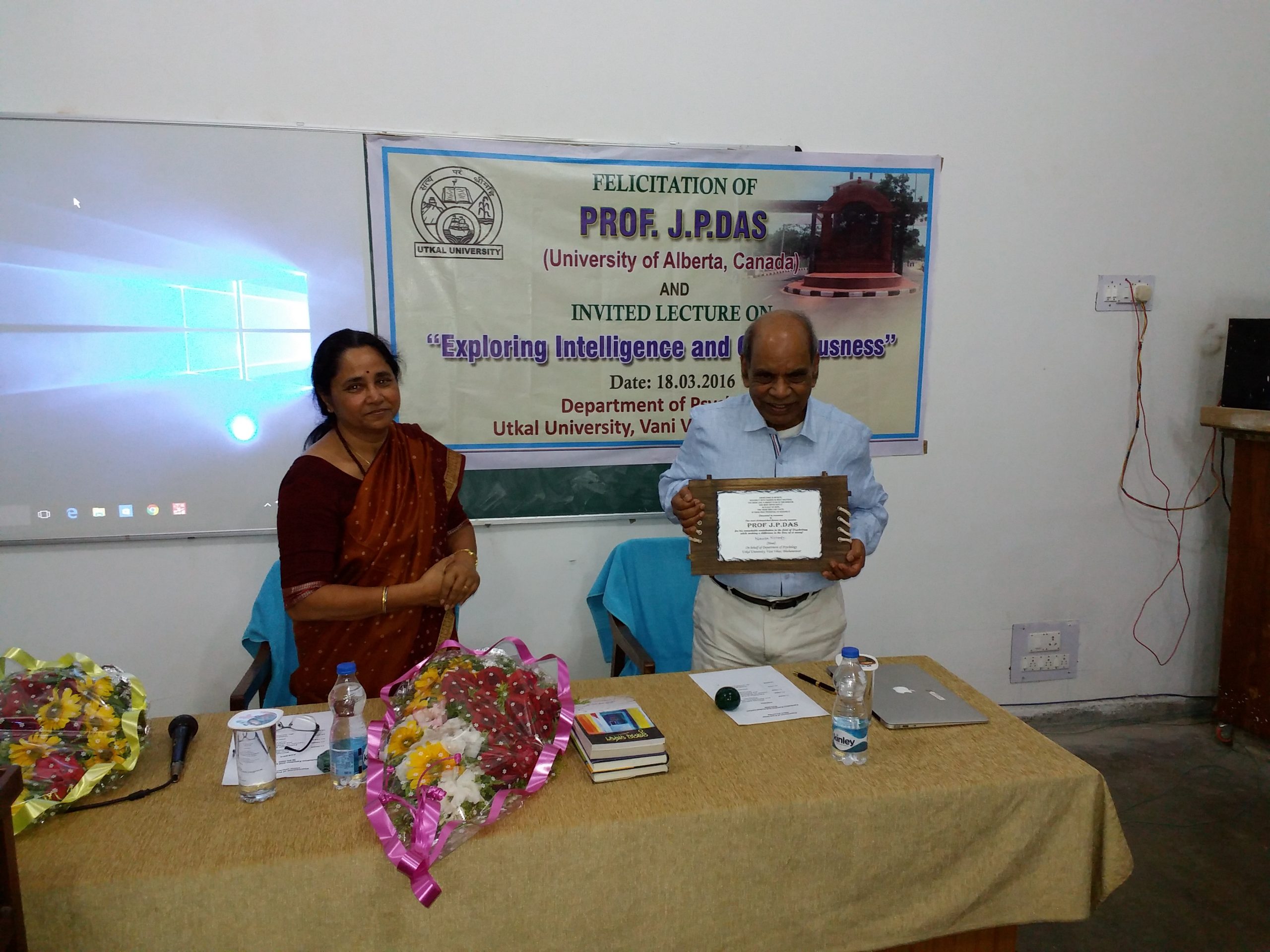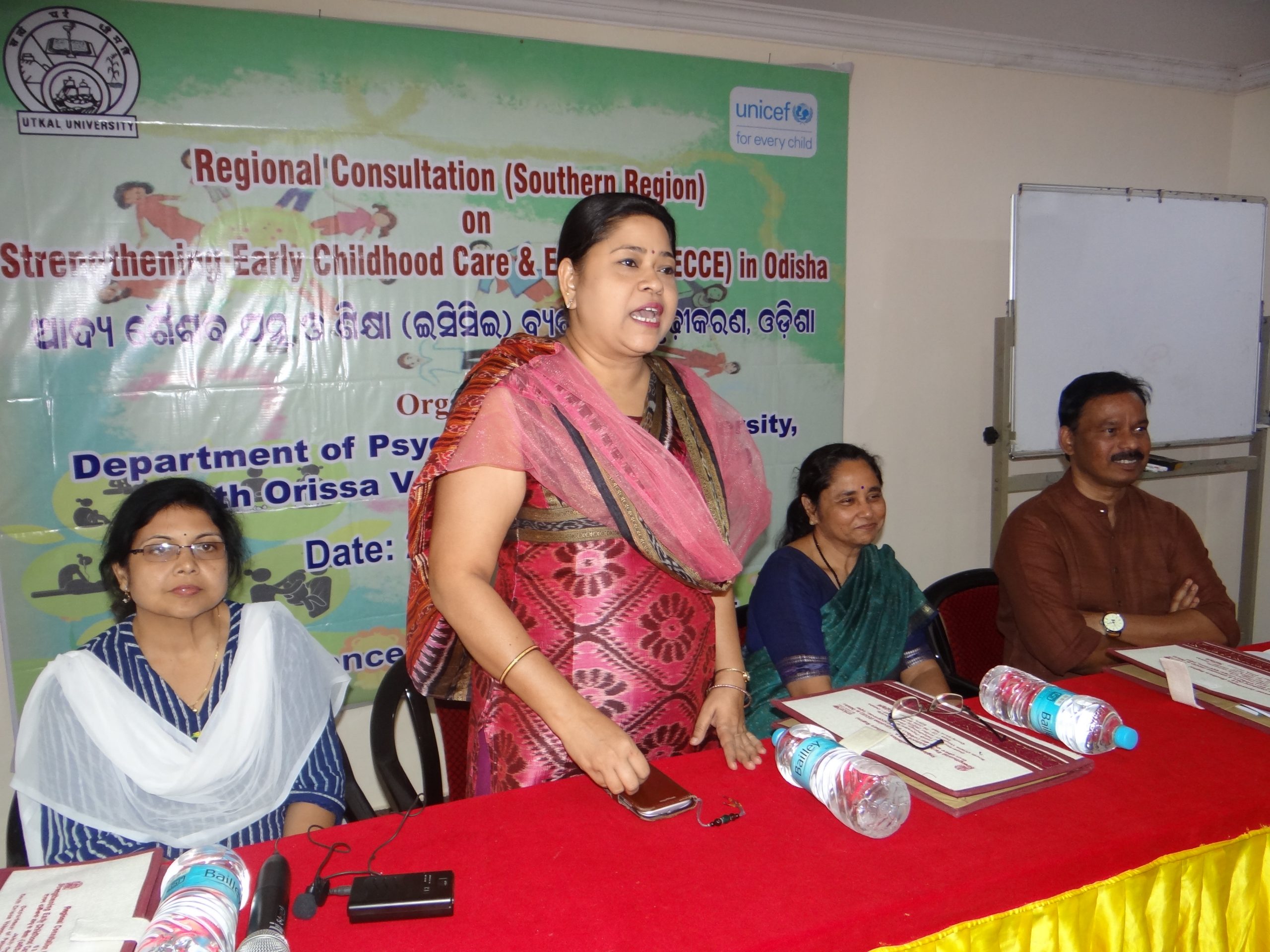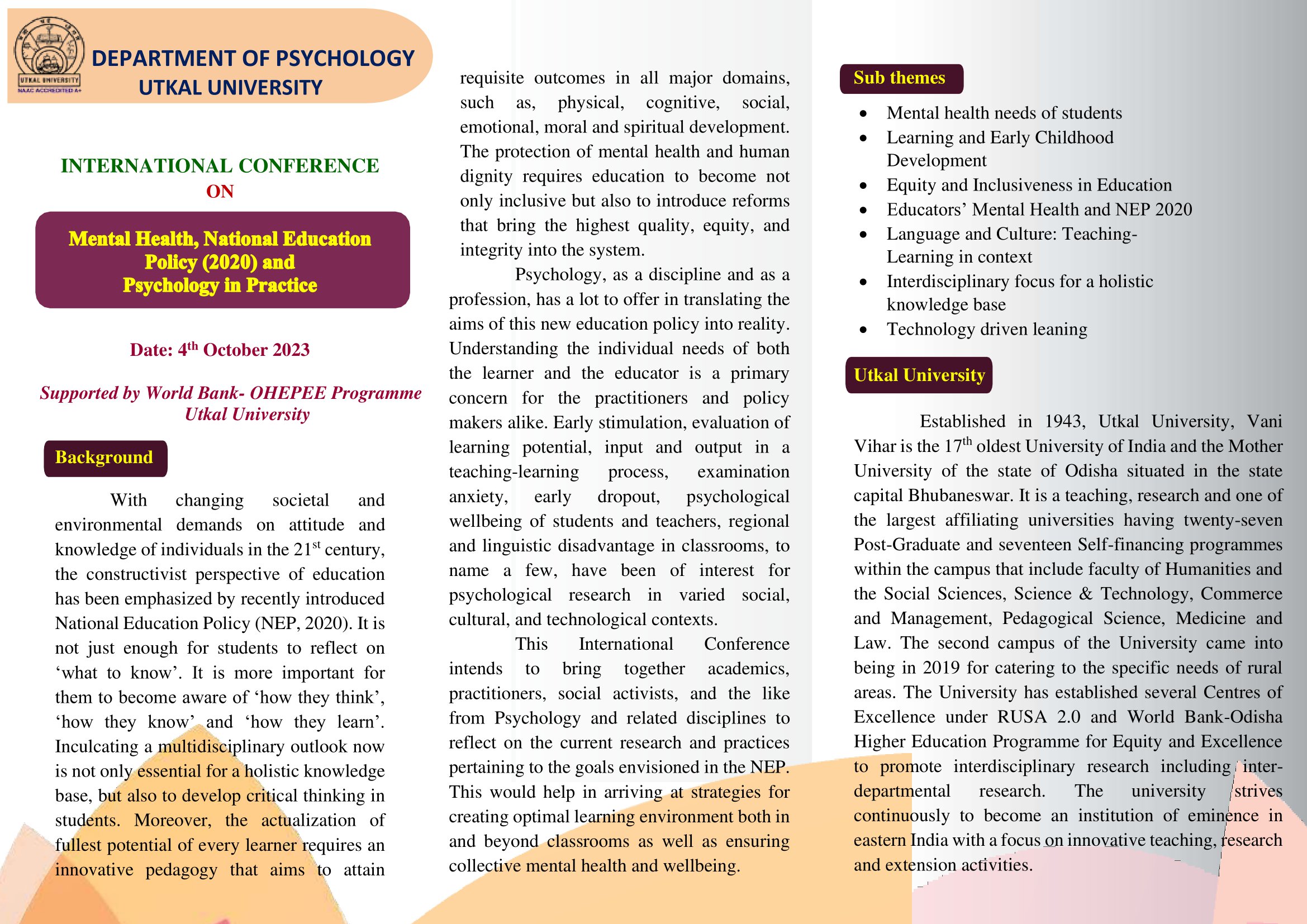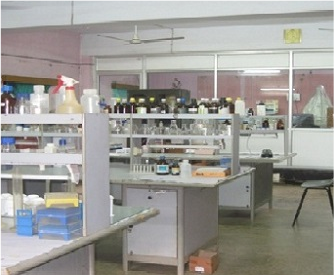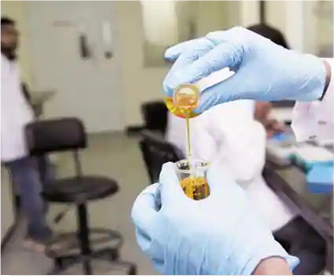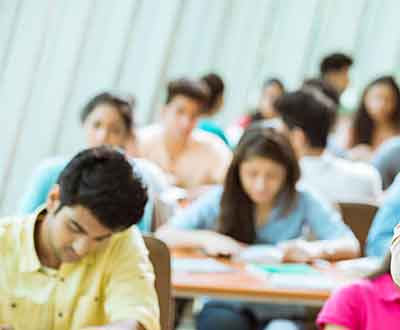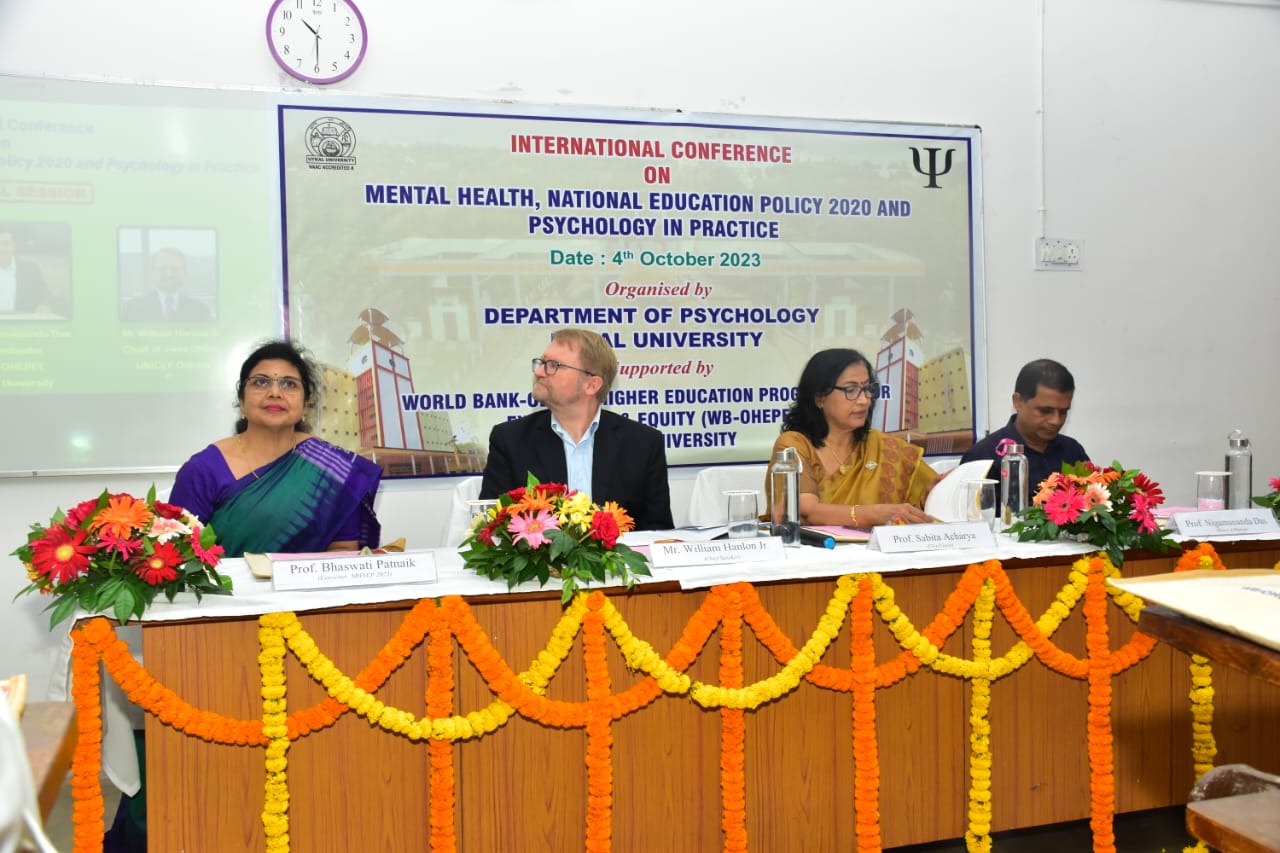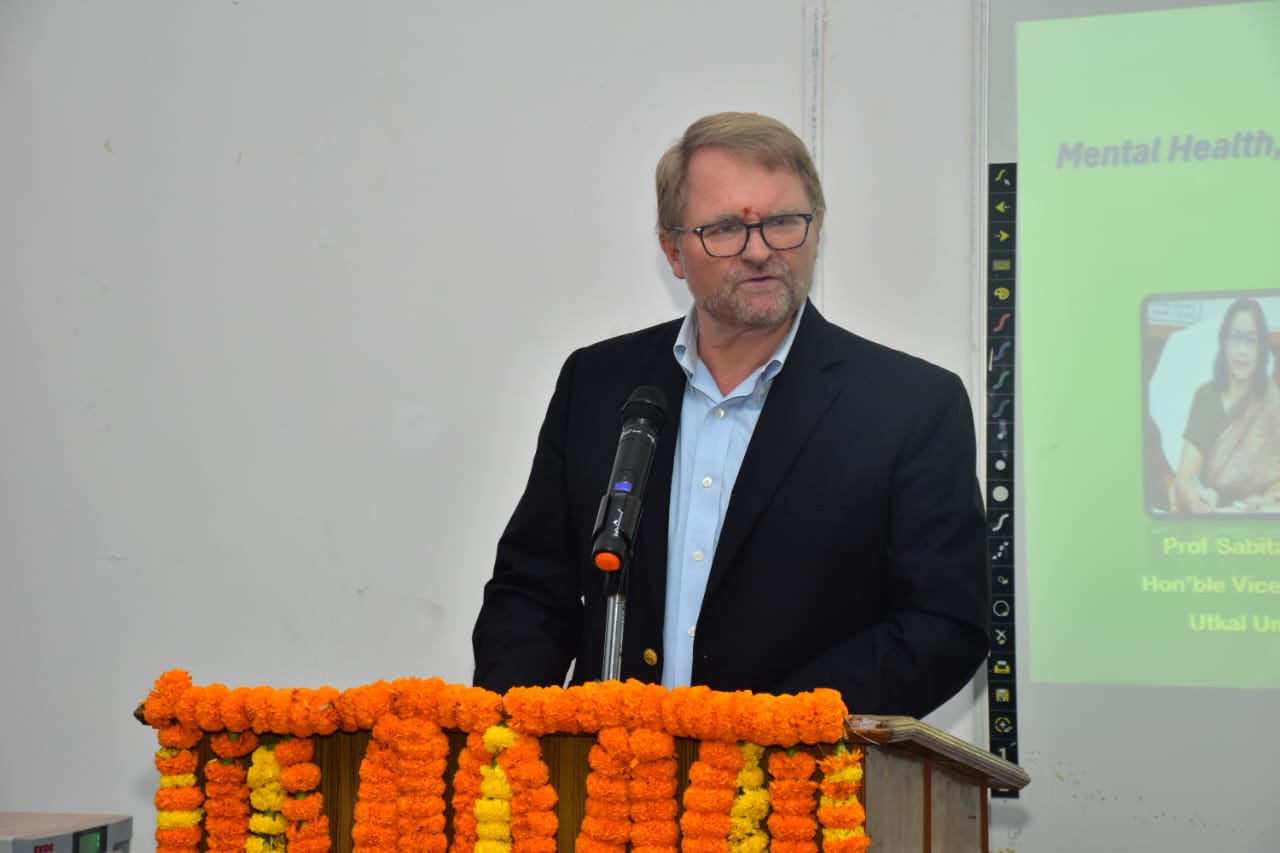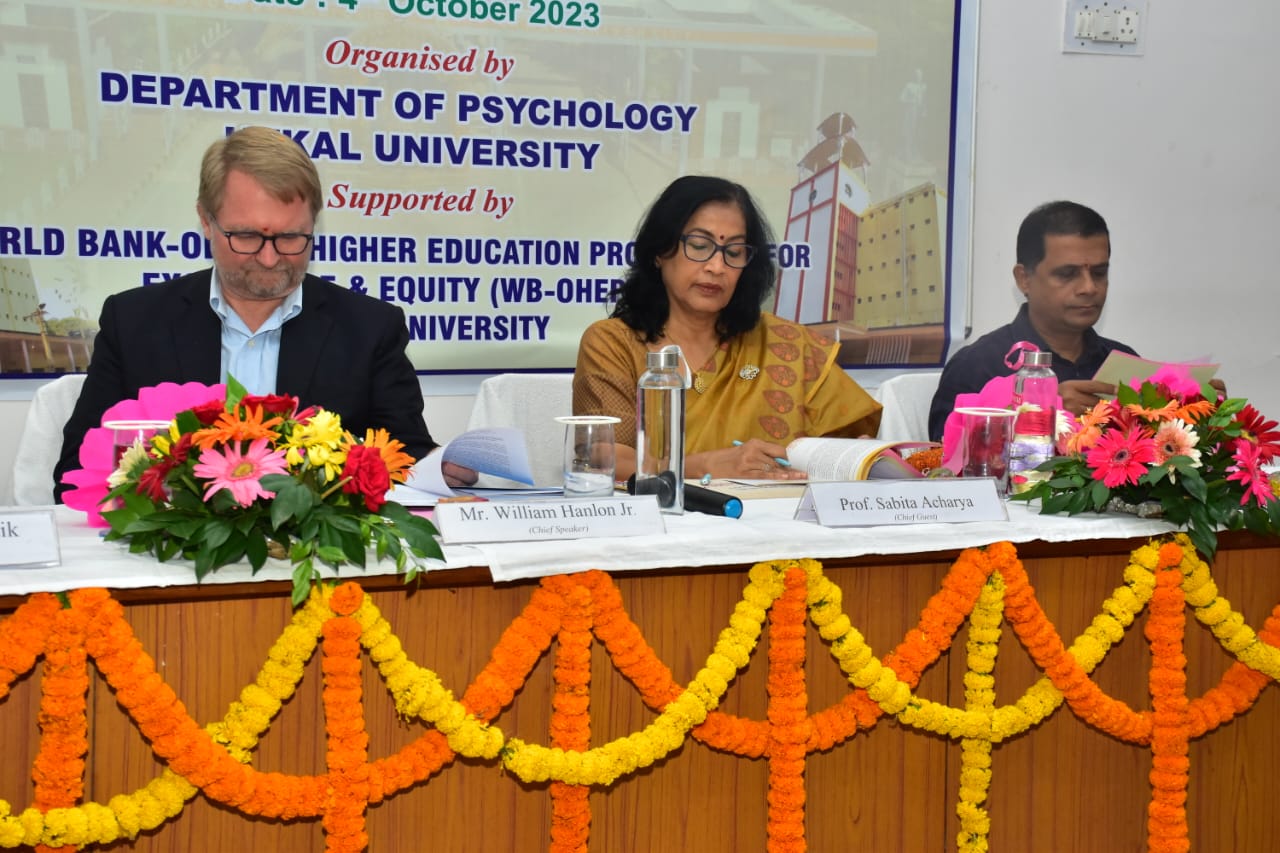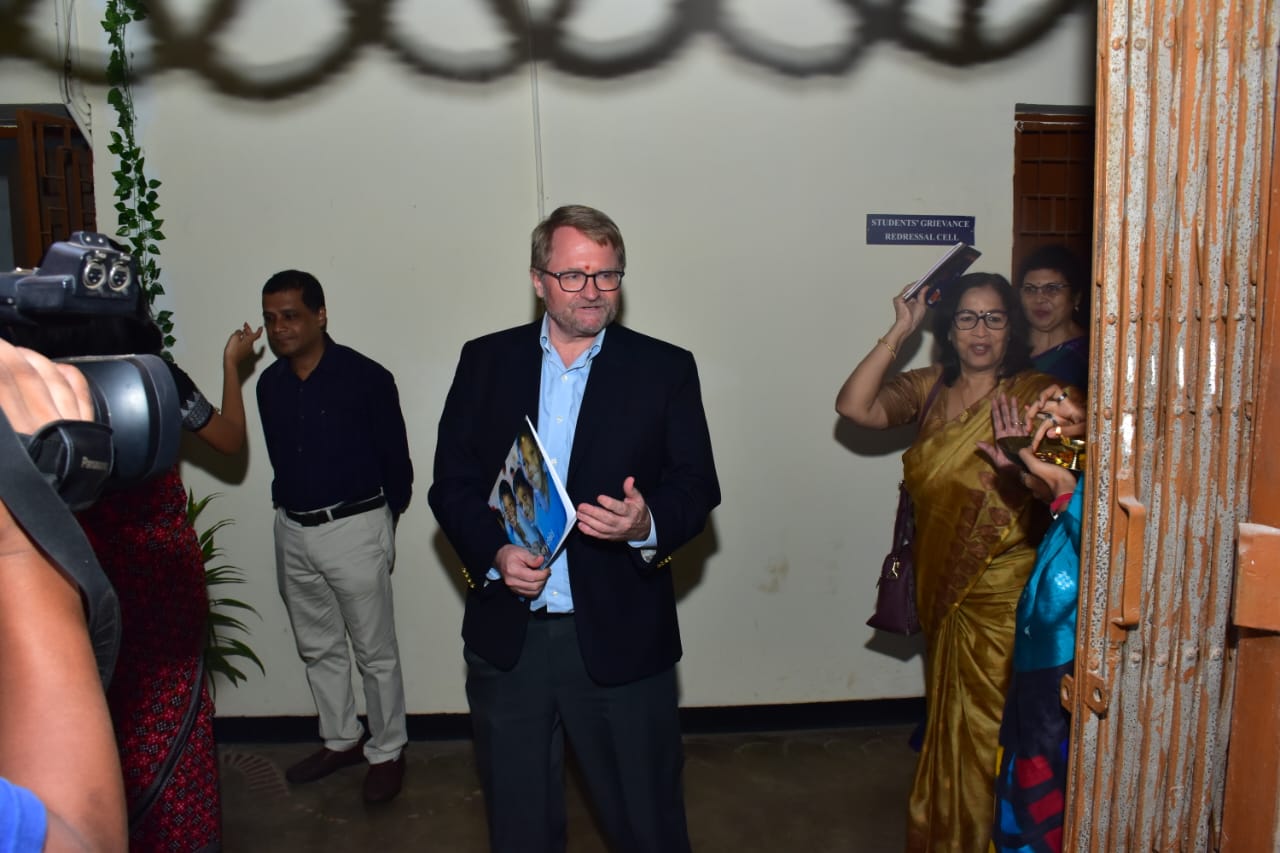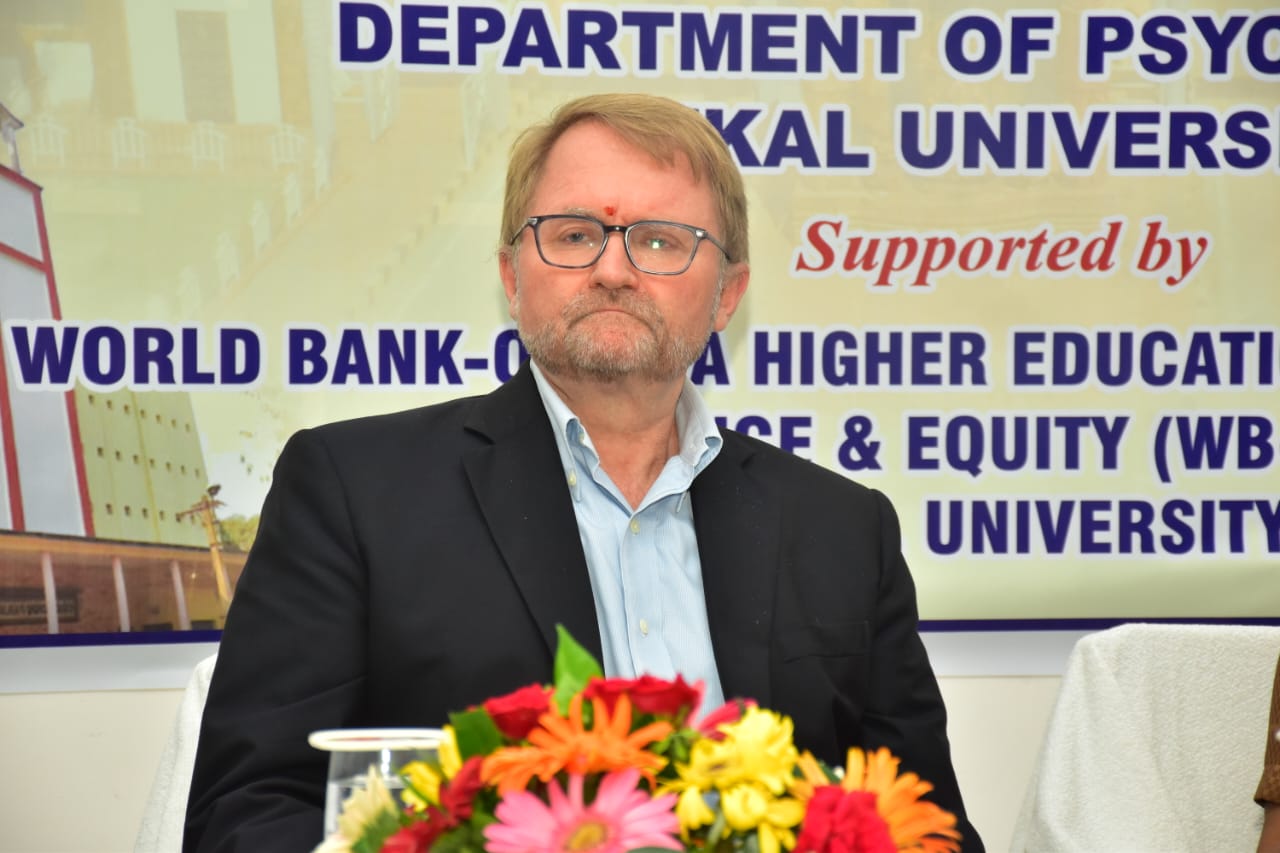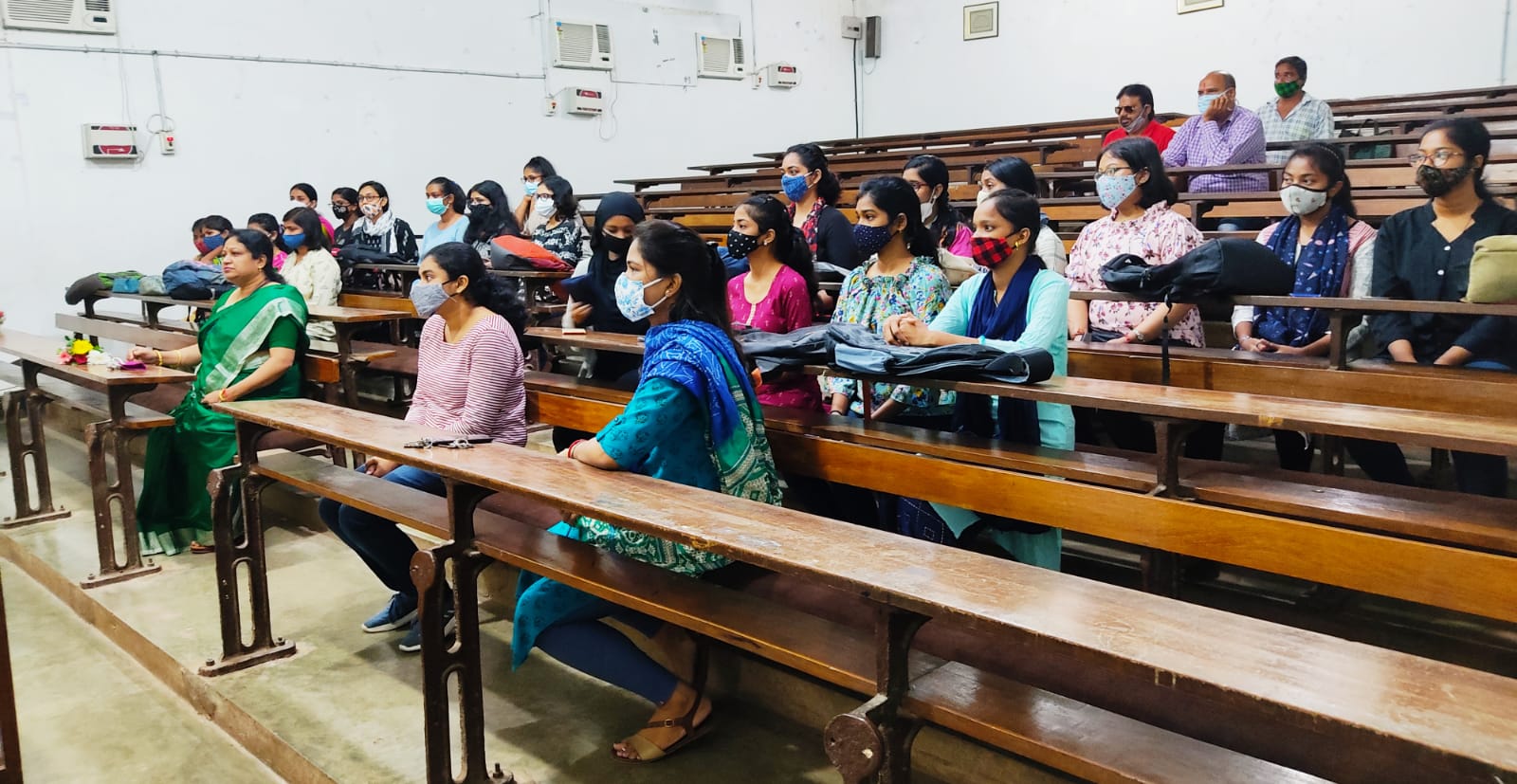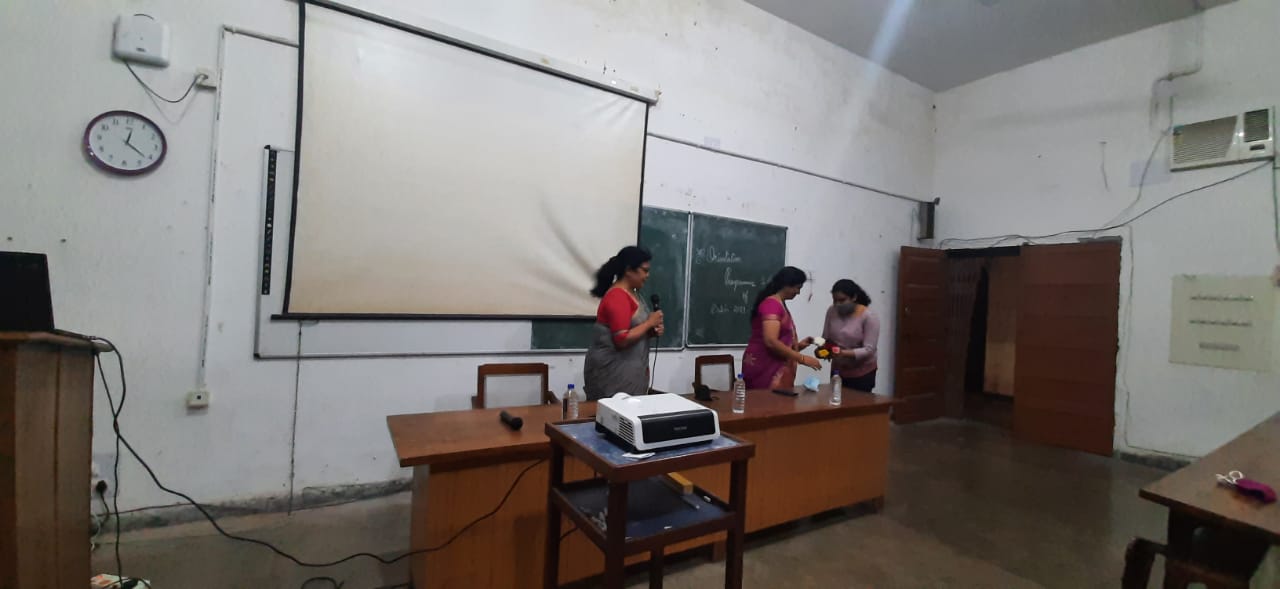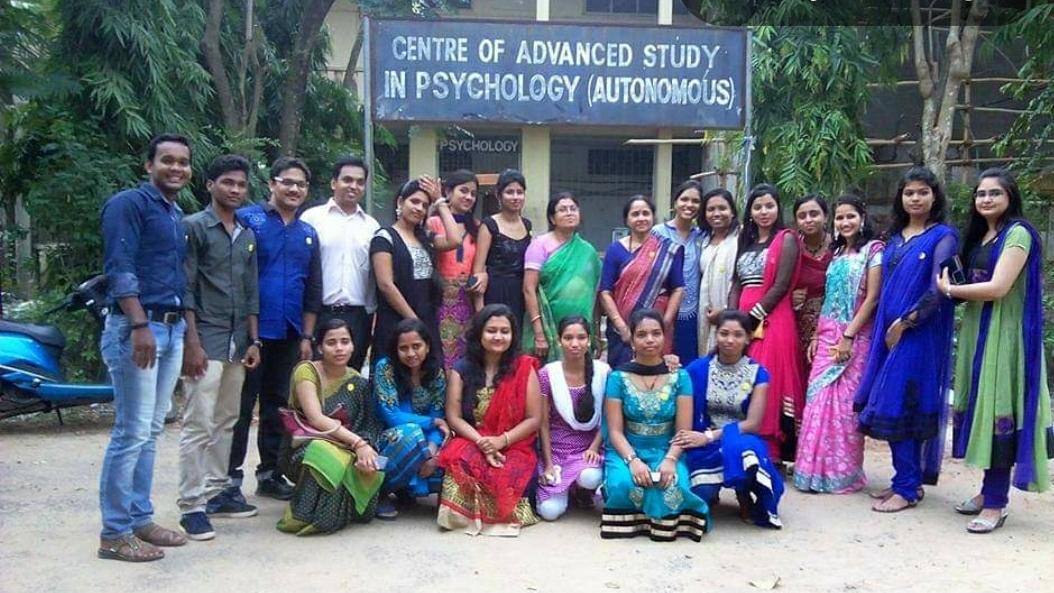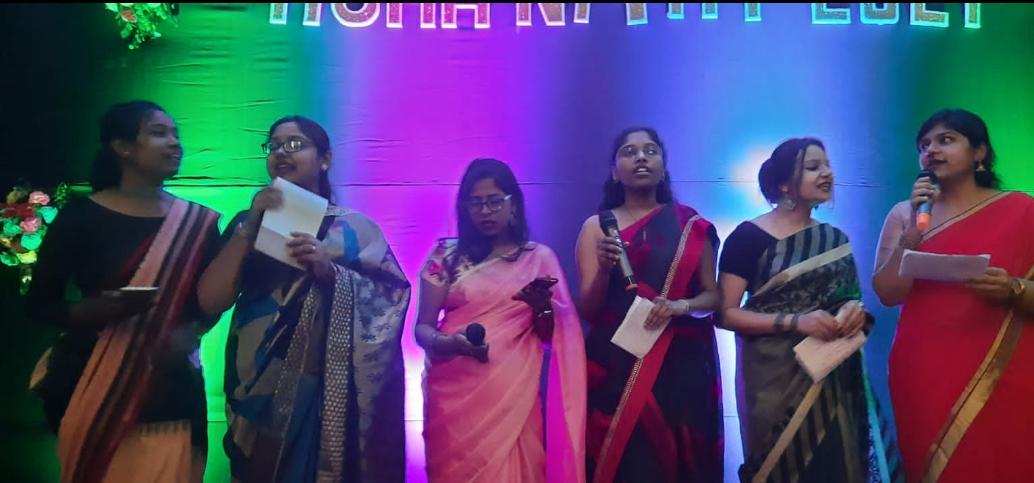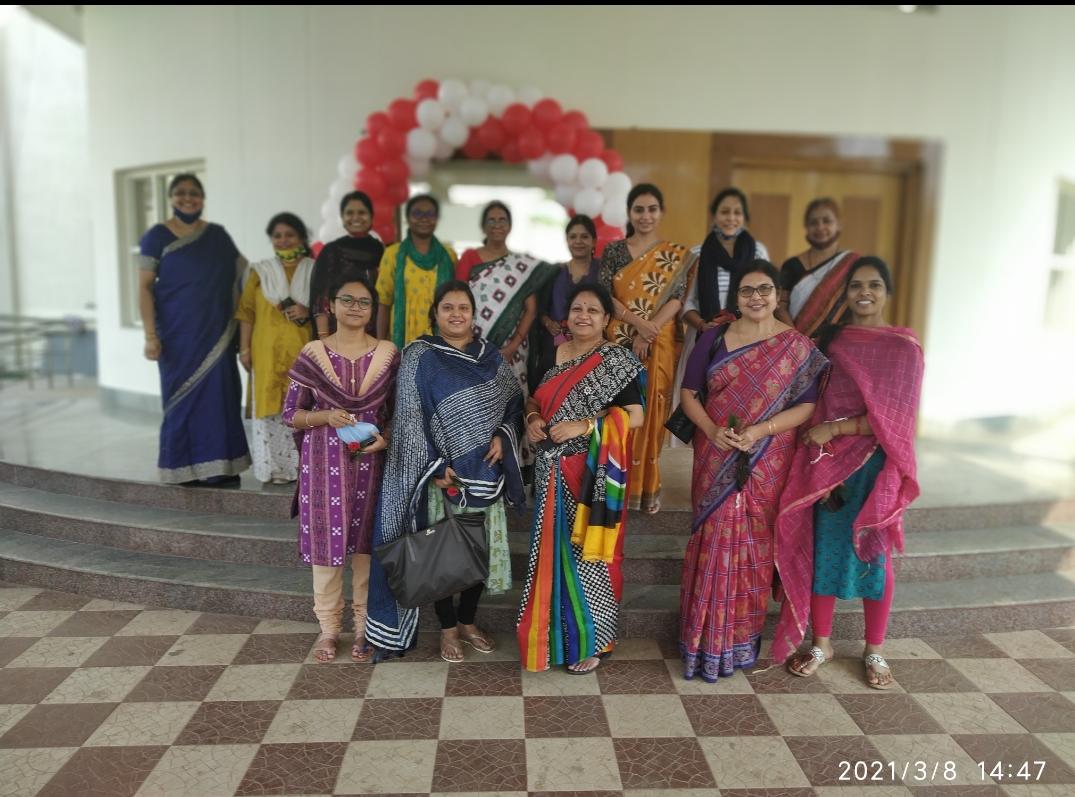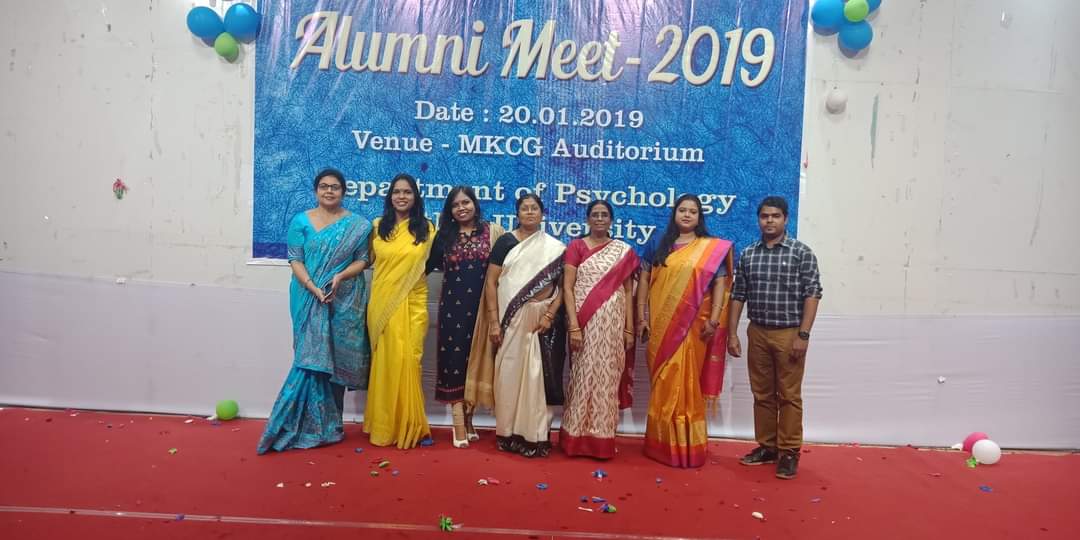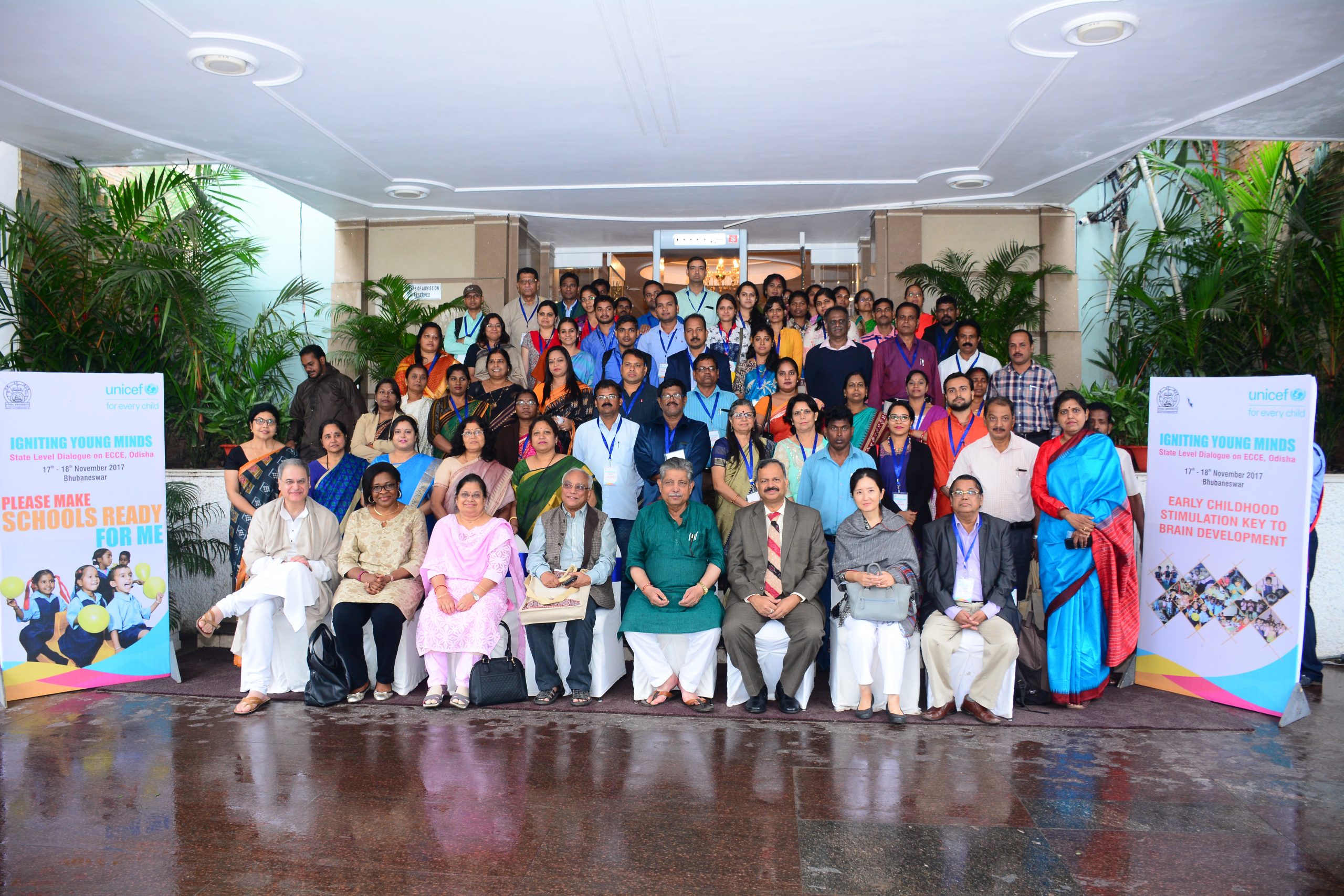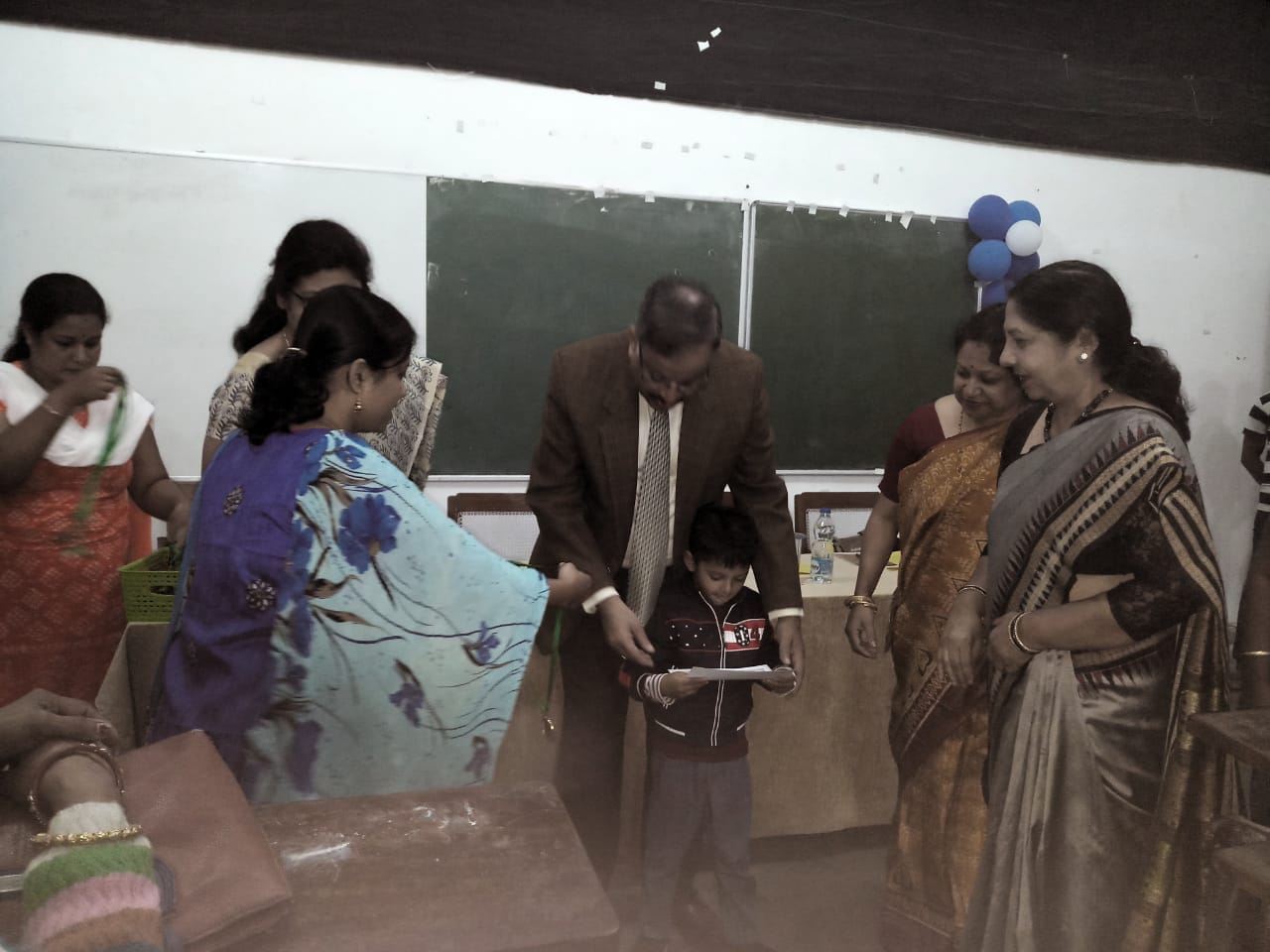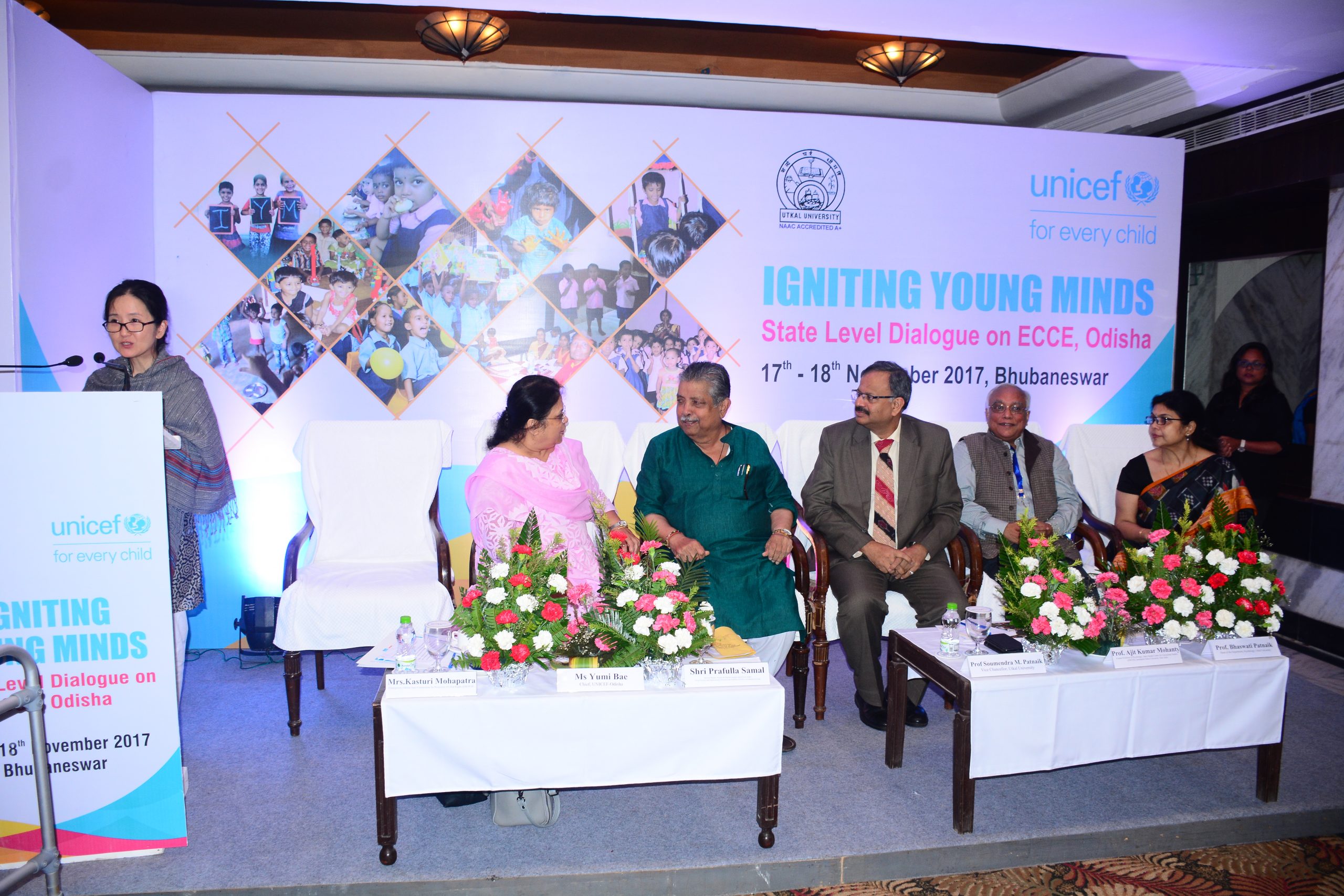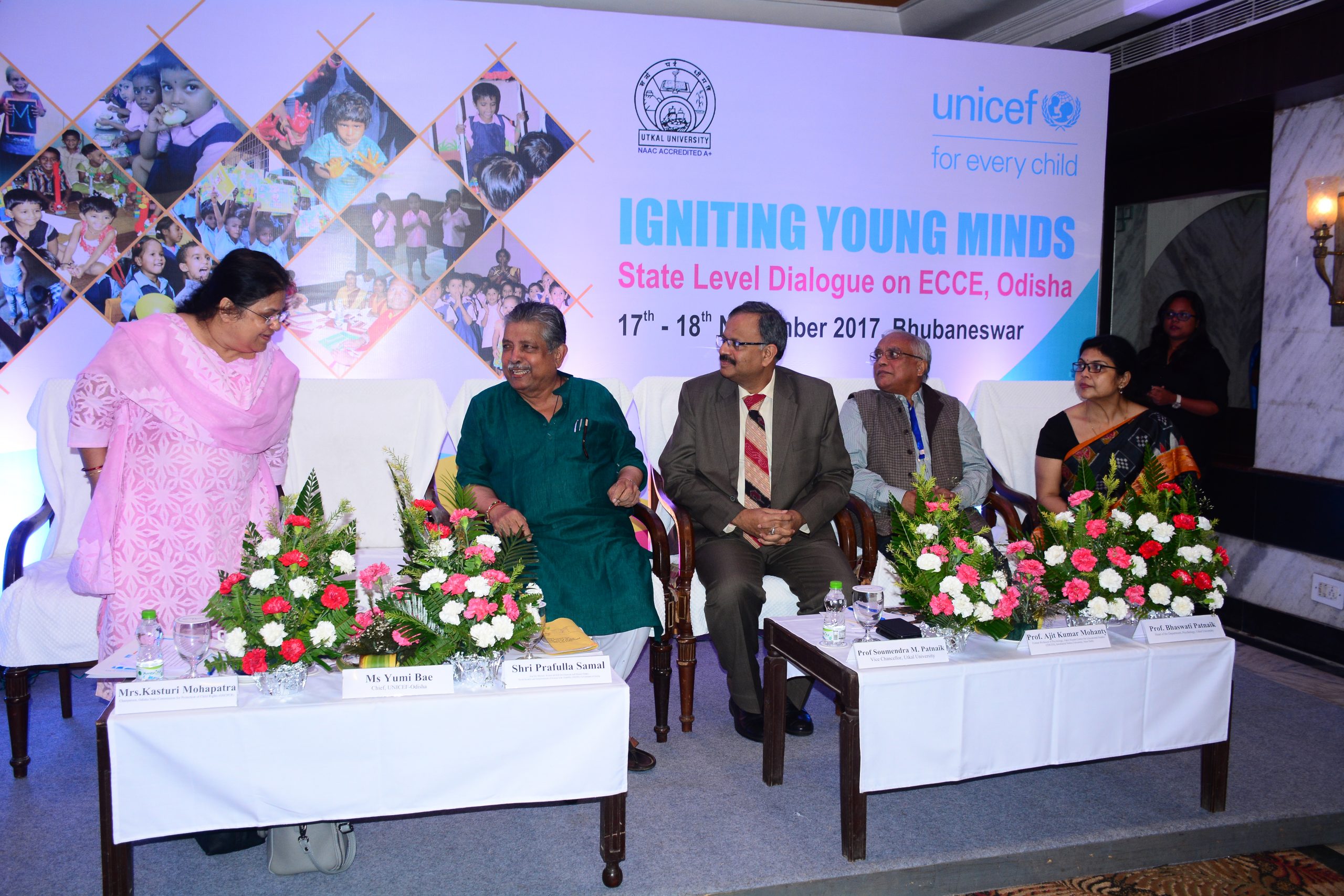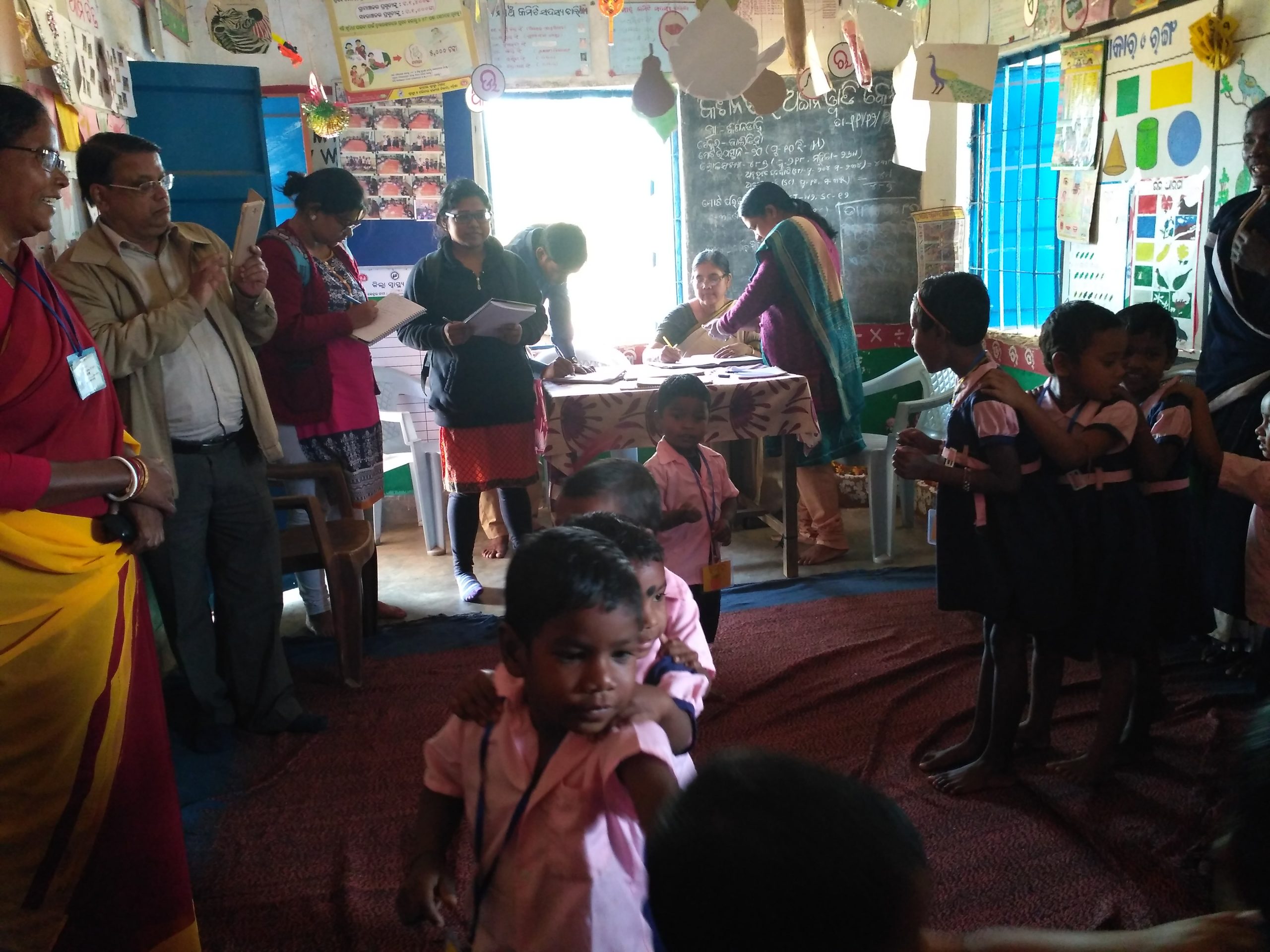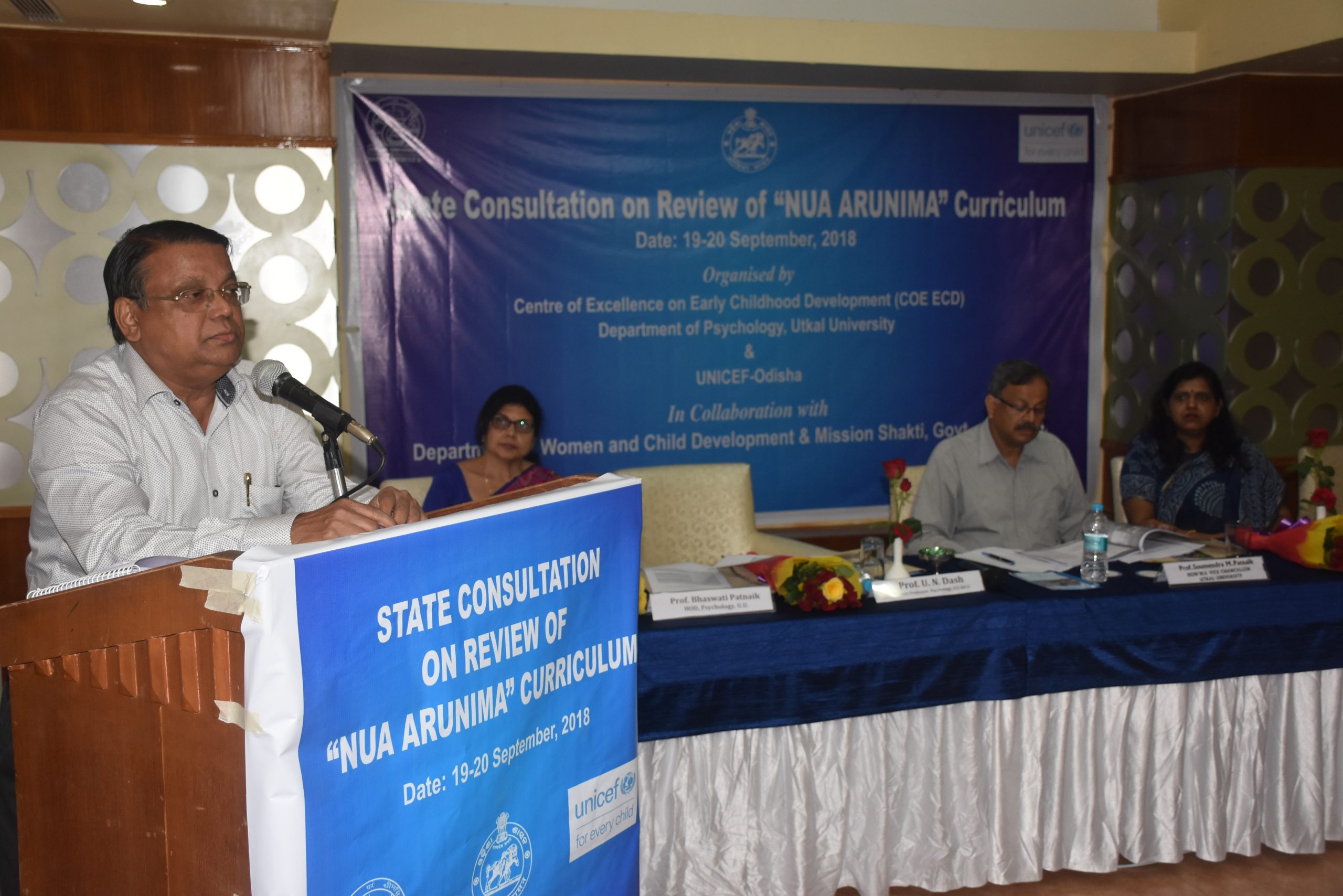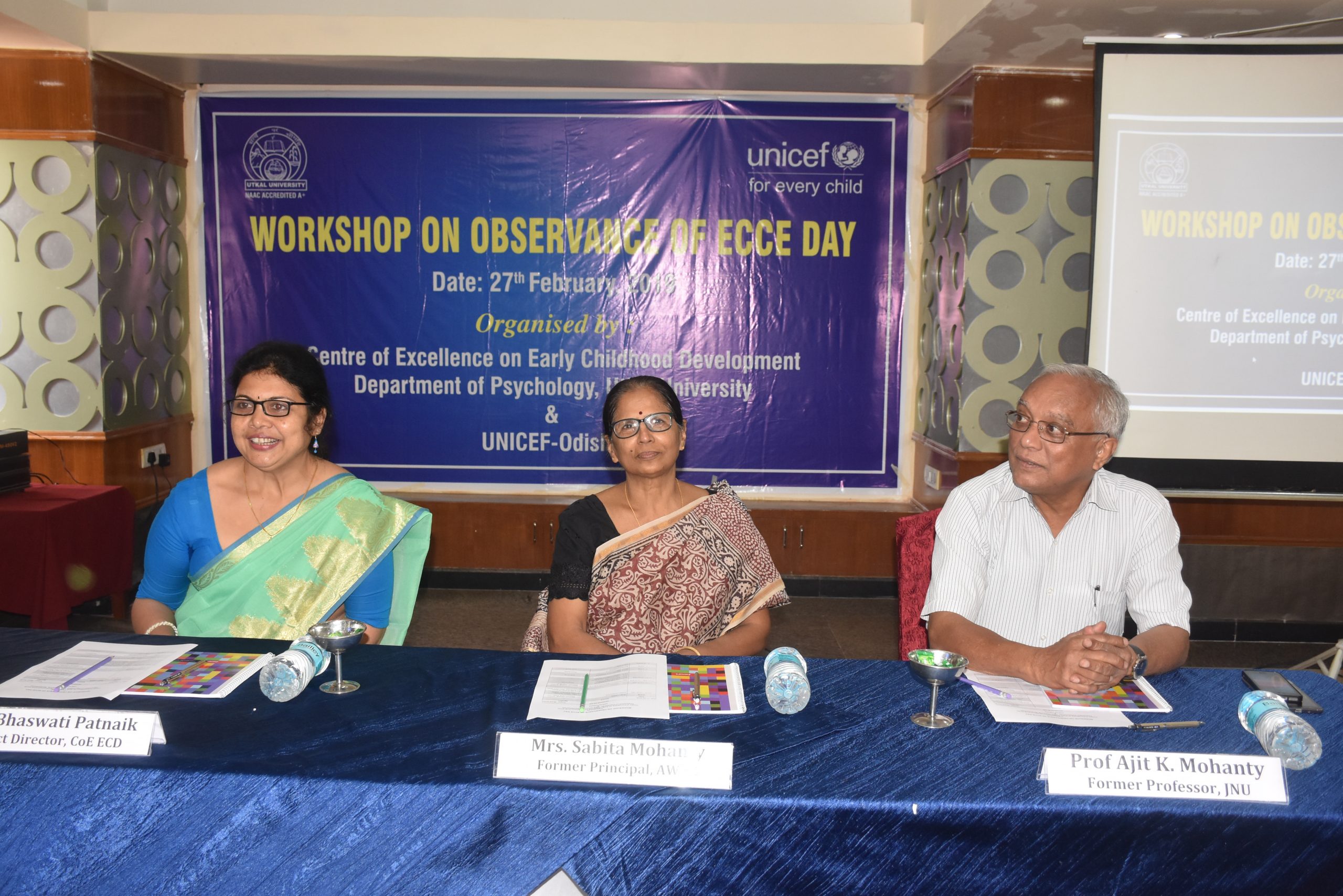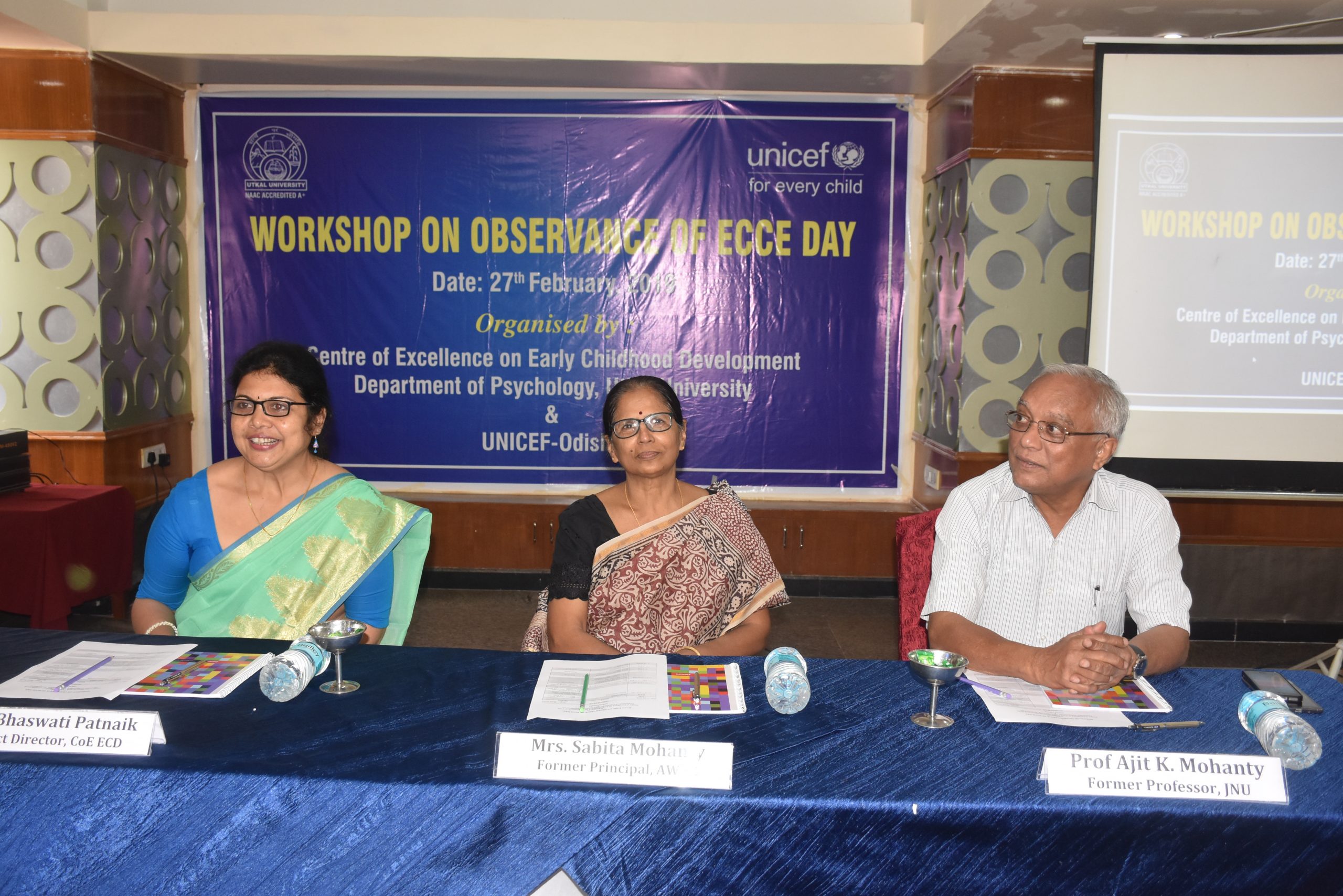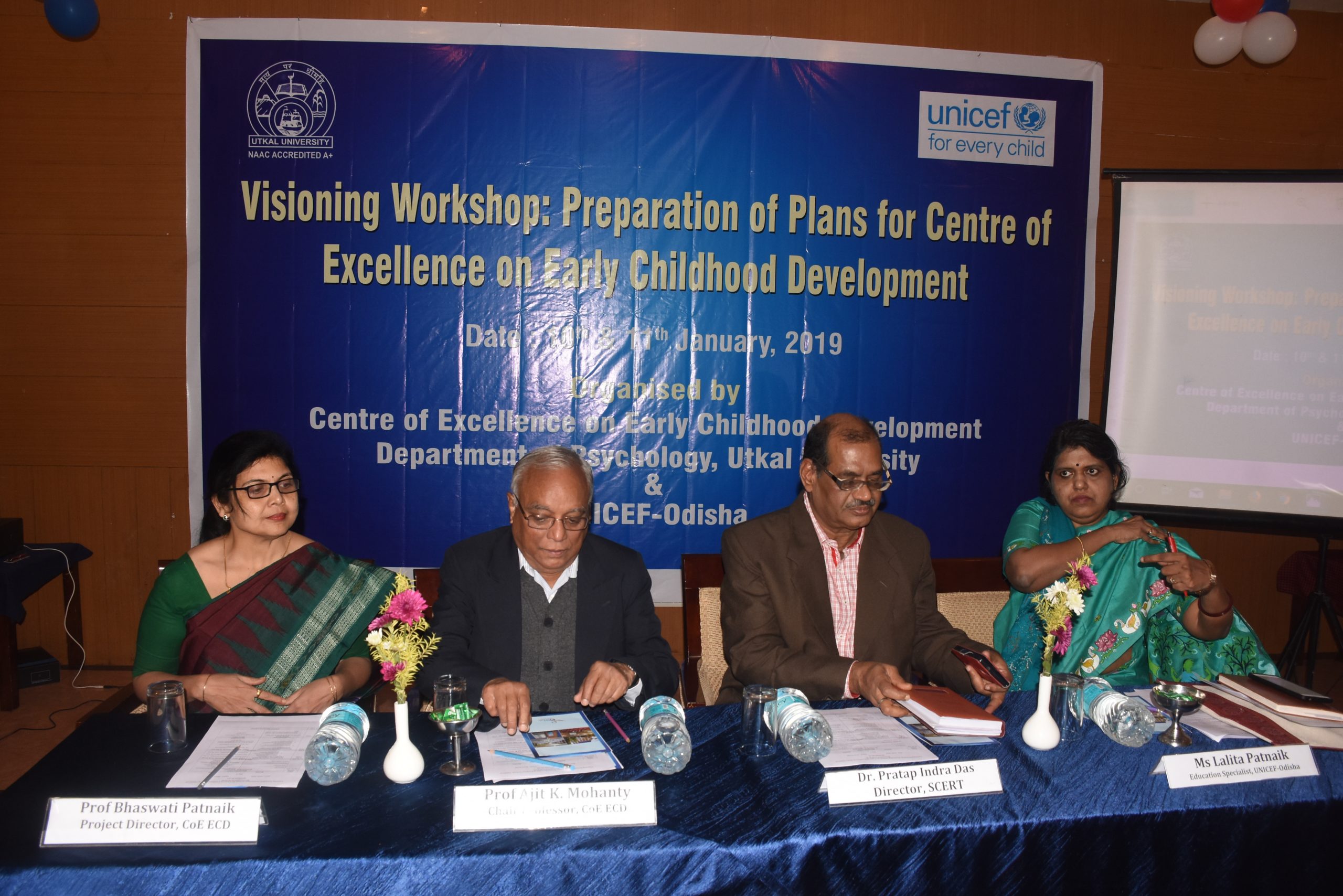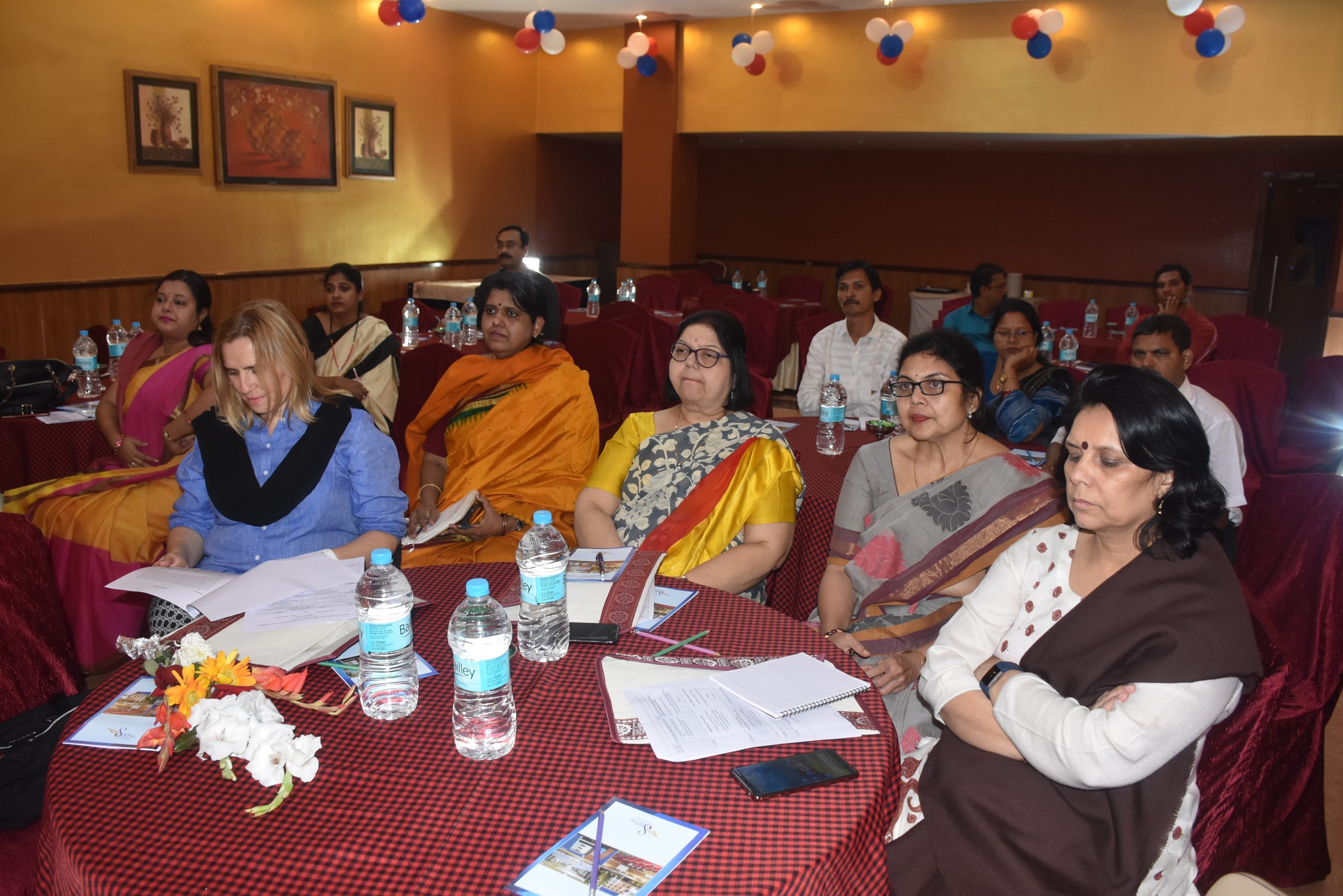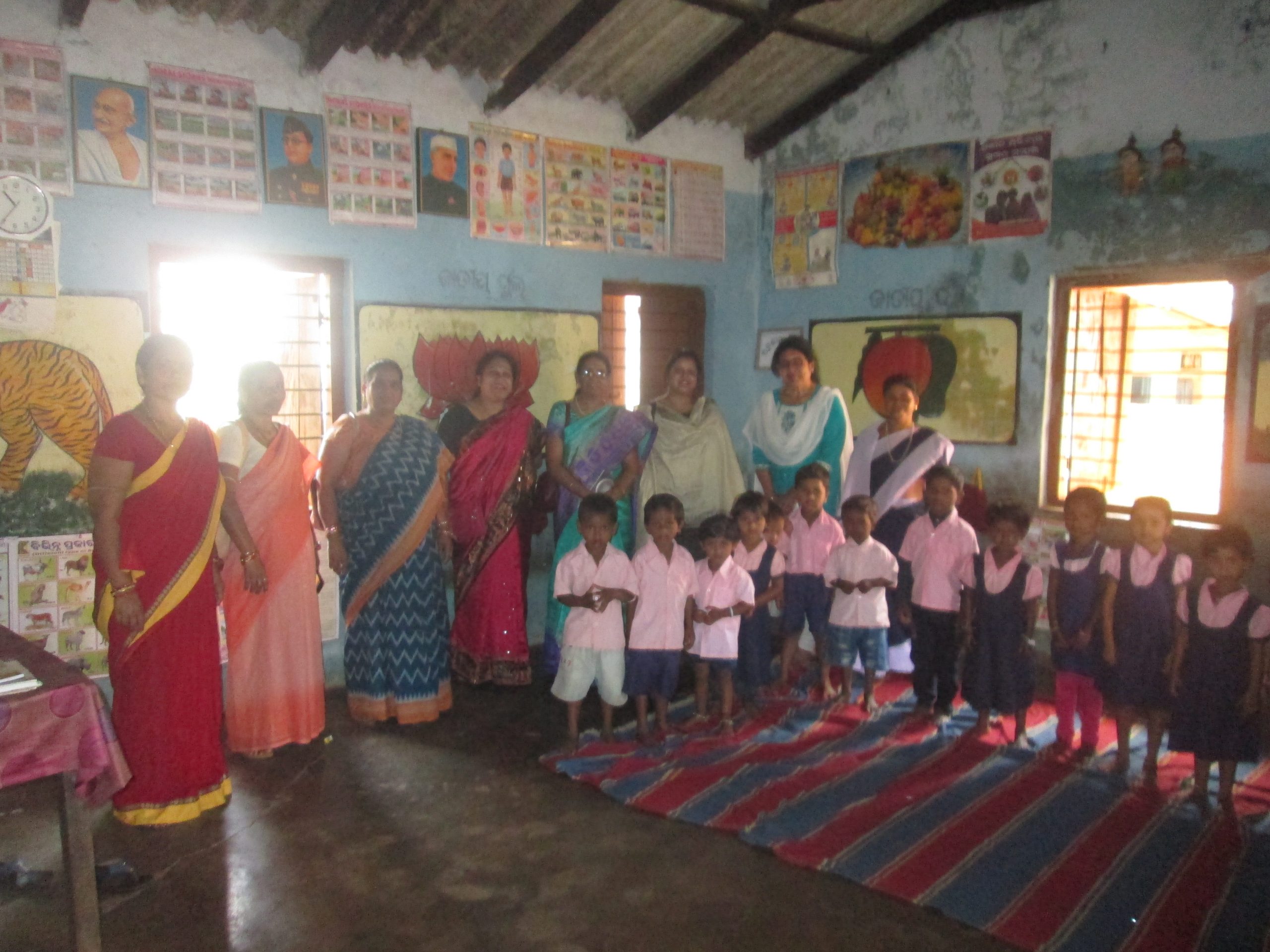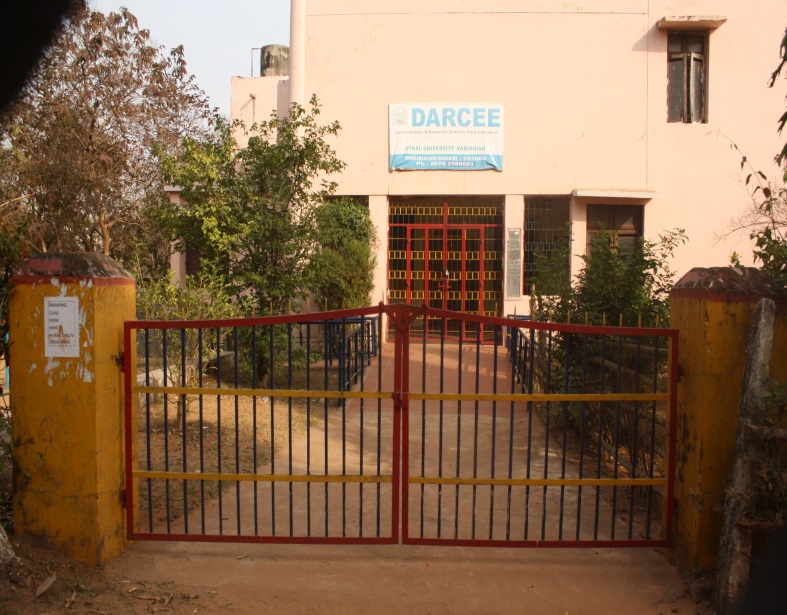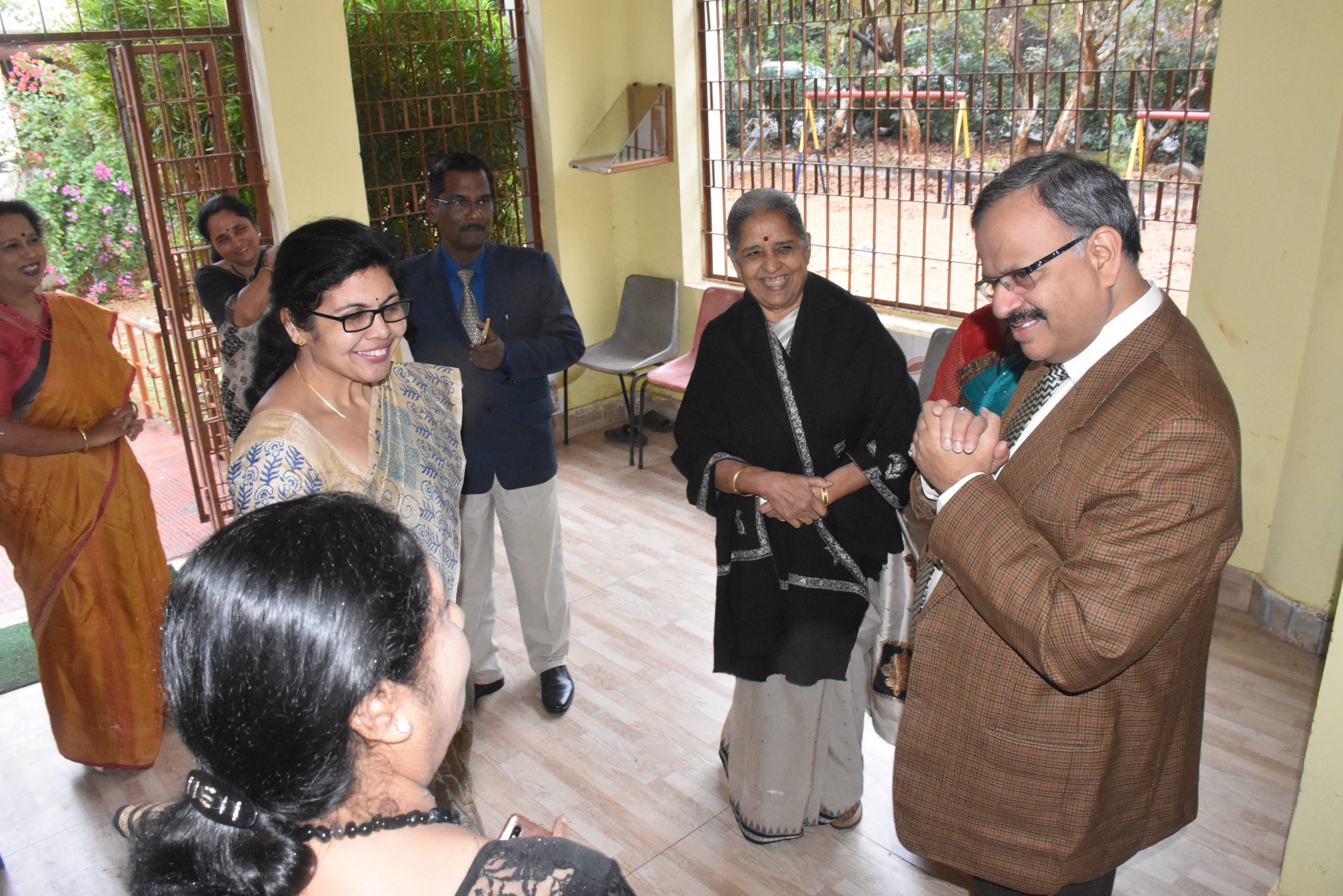Physical Facilities:
- Smart Classrooms:03
- Computer Labs:2
- Seminar Library:1
- Equipment: EEG, Bio-feedback machine, and Relaxation Therapy Chair
- Statistical (SPSS)and Learning Software(JAWS, for empowering the students with visual impairment )
- Testing Library: Psychometric Tests are issued to researchers who want to study the process of test administration, scoring and interpretation.
- Disability-friendly washrooms:02
- Ramp:02
Laboratory Facilities
Mentoring:
The Department provides mentoring for students of different departments of this University and from outside focusing on the following:
- Communication skills
- Personality Development
- Interpersonal skills
- Career choice and facing job interviews
- Realistic self-assessment
University and Child Counselling Centre
There is a fully functional counselling center in the Department of Psychology. Counselling services are offered to the students of Psychology department and students of other departments of the university who face difficulties in making decisions and adjustments in day -to -day life situations. People from outside the university also visit the center for counselling. Individual as well as group counselling services are provided by the faculty members and other counsellors to alleviate the problems of the clients in a specially arranged counselling setting. Psycho-educational diagnoses as well as remediation programs are also recommended to the children with learning disabilities and other social and emotional problems. Students often avail the opportunity for Career and Relationship counselling. Besides face to face counselling, there is also provision for telephonic counselling. Students are also helped to develop insight and skills in solving problems and discovering the strengths in their personality.
Radhanath Rath Centre for Early Childhood Education (Formerly Demonstration and Research Centre for Early Education (DARCEE)
The Centre offers Pre-school education since 1980 to the young children in the age group of 3-4 years. Play way method as well as audio-visual techniques are used to help children acquire cognitive skills. Child centered activities are given foremost importance to facilitate learning. Moreover, utmost care is taken for the social, emotional, and intellectual development of the children. Development of integrated personality among the children is one of the major objectives of preschool education. The intake capacity of the school is limited to 60 students only. There are specially trained teachers and other care takers who help in developing learning readiness among the preschoolers in a fearless and non-punitive environment. DARCEE also serves as an action- research oriented experimental laboratory-cum-demonstration center in early childhood development and education for the M.A., M.Phil, and Ph.D. students.
“SAMARTHYA”, the disability Unit
Established in the year 2005 (under the HEPSN program of UGC) to provide Computer facilities to the students with complete/high visual impairment. Every computer is attached with a scanner to generate a scanned photo of the text. This photo is converted to text file through the Optical Character Reader (OCR). Then a TTS (Text-to Speech) software converts the sound file which can be saved on different media or can be listened to depending on the requirement. Internet access is provided through the JAWS software which is a screen reader and is geared to produce audio output describing the different movements of the keyboard/mouse cursor and the commands being executed. The Braille printer which allows compressed braille print enables saving of printed pages and enables the students with visual impairment to make copies of the text and reference books. This help is extended to students coming from other universities and colleges for maximum use of the facilities. The students are given lab keys so that they can come and work on a 24X7 basis. Disability friendly washrooms and ramp facility are available to ensure easy accessibility for the users.






